Axiom of Choice
1999 november . :
Introduction
This interview with After Cyring was done over the internet. I received the reactions 10th of November 1999. The interviewed is Gorgenyi Tamas (note that first names come last in this interview as is usually done in Hungary). After Crying is one of the most interesting bands to emerge in progressive rock. Notwithstanding their seemingly new arrival they have been recording albums since 1990 and have released seven albums to date, including live work and compilations. A new one, a live album, is in the making.
The interview
- You seem to be a band that tries to walk the line between rock (prog in this case) and classical music. How do people from classical music and the ones from rock react to you? Is there a difference?
- Maybe the metaphor with the line between two things is not the most perfect one, because it suggests as if you try not to be any of the two. But in our case the truth is the very opposite, we try to be both of them as much as possible. At least the parts of them that are actually alive and meaningful. As a matter of fact, we consider rock as the most common language of our times, and classical approach as the most advanced and sophisticated method to work out some idea. The whole thing is like some co-ordinate system in which rock is the horizontal and classic is the vertical axis. Obviously, people are particularly bonded to one of them sometimes prefer one or the other from the the two. It's funny, but there are ones - mostly from classical music - prefering pieces with more rock elements. However, in the end of the day, usually everybody reacts the same way.
- Can people who do not like classical music, like you?
- I haven't met so far too much people who definitely hate classical music, but After Crying played in quite heavy or dangerous places many times, and usually half of the audience stayed and finally celebrated the band.
- With Solaris and yourself, the Hungarian bands are coming more and more into the picture. Still, you both have been at it for quite a number of years
already. Why now?
- The main credit is to Böszörményi Gergely, owner and manager of Periferic Records. Without him nowdays you'd probably hear about Hungarian prog bands less then ever before. He was the first and only salesman in Hungary devoted strictly to progressive or valuable music. We all went to his little shop to buy ELP and King Crimson albums in the eighties. And once he came and saw an After Crying gig in 1993 and he felt in love with the music instantly - love at the first sight or hearing. He decided to release our albums on CD. That was how it started. Nobody in Hungary did or do anything like that. It's a kind of miracle. Political changes which occured in our country in themselves make things easier from one point of view and a lot harder from another. Before the change, a remote controlled political party dictated the rules and controlled almost everything. Now a god named Money dictates the rules and controls almost everything. I don't know exactly which is worse.
- Are there any bands in Hungary with which you feel musically connected? And outside?
- In Hungary there's not such band or contemporary performer who we feel particularly close to us. Bartók Béla is the most important Hungarian musician for us. ELP and King Crimson are the main influences on us and we consider them contemporary music. They are the top of music today, like Bach, Mozart, Beethoven or Bartók in their our age, and deep inside we awfully aspire to be mentioned together with them someday. It would be the greatest honour and success we could achieve. I know, there are already people who like us better than them, but we're sure that it is rather about identity and preconception than about music. Besides those two bands and their members we, or some of us, respect a lot of bands, composers and musicians. A few of them: Frank Zappa, Gentle Giant, Pat Metheny, Mike Oldfield, Yes, Focus, Jethro Tull, Laurie Anderson, Miles Davis, John Willams, Ennio Morricone,...
- You've just released what seems quite a succesful compilation. Will the next one also be a compilation? What kind of? How does Elso Evtized fit in?
- Our next album will be a live one,"Struggle for Life", it's the title of our tour. (Perhaps it can be a double set. (Last I heard it will be, JH) ) We'll start to work on it right after we have finished our tour on the 11th of November. It will come out around February or before that. I don't know yet what kind of compilation will be the next in the series, because we don't know when we make a new studio album. Because we want to play as many gigs as possible next year, we might not have time to record a new album. In that case maybe we'll issue the next "Almost Pure..." compilation.
- What about a new studio album?
- I am continuously listening to new material from Peter, Balázs and Ferenc and there are very promising parts among them. That's all at the moment.
- How do you work? I heard you worked with many conservatory students asking them to come and play when the need arises. Could you explain how this works out? Do you also share this background?
- In fact, everybody in the band has learnt classical music, some of us on their own or from private teachers, others at school. Winkler Balázs and Lengyel Zoltán graduated at the Music Academy, Madai Zsolt at the Jazz Academy, Pejtsik graduated at the Conservatory and started to go to the Academy, but he left it because of After Crying. Our guitarist went to the musical division of a Teachers College. We ask not only students but also teachers of conservatories to play some parts when it's needed (actually Winkler and Madai themselves are teachers). There are many outstanding musicians now who come with pleasure anytime to play with After Crying as guest on stage or for an album. They were students when we met them, but they are getting older and so are we. Now they come from such famous orchestras as Budapesti Fesztiválzenekar (Budapest Festival Orchestra, Állami Hangversenyzenekar (National Symphonic Orchestra) etcetera. They enjoy to work with us very much. It is always an inspiring and exciting adventure and often a great challenge for them. We also love it, but it is very expensive. Much time, much money. We hope to get the chance someday to play on stage with a complete symphonic orchestra.
- Do you feel more like a rock band or a chamber orchestra? When I saw you live I alternately thought of the one and the other.
- I think, we also feel it alternately like you do. On the stage or in the studio we only want to do our job and never pretend to be anything that we are not, never act this way or that way. In our lives we live and work as a rock band, but in many things we never act like rock bands do. We never use drugs, are never drunk on stage or in the studio. We never want to jerk off on the stage or wear some crazy stuff or anything like that. And we never want to wear tail coats or tuxedoes either.
- The singer in Zwolle sang well, but he has little or no expression in his singing, only technique. Why this?
- Our present singer, Légrádi Gábor, has been working with us only for a year. He has a fine voice, but it would be extremely hard for any singer to find his own place and character in such a strict and special musical world like ours.
- I also noted that some were playing from sheet music. Is there a special reason for this?
- Not at all. Almost everyone plays some parts from sheet. It always depends on the musician and the part he has to play. Lengyel Zoltán who is a trained concert pianist likes to play most of things from sheet. In After Crying you practically always have to play what is written, so it never makes any harm to look at the sheet once in a while.
- I really liked your concert, but I was told that this is not the way you want or like to do it. Could you explain what a real AC concert is like?
- It is very important for us to play at festivals, where many people can see and listen to the band who have never heard of us before. But basically we prefer to play alone. Festivals are always about big hurry, confusion, tension, and short sound-check. Too many musicians, too much equipment and instruments and too little time. Besides, it is usually better when people are sitting during our concert, and the bar is in a different room than the gig itself. It would be okay if we could play in a stadium or a bigger hall with at least 4-5 thousands of people. But in smaller venues it is better for After Crying music when everybody in the hall can concentrate their attention on the band.
- What I remember of Overground Music is that you sounded somewhat Avant Garde. Later material sounds more melodic. Do you feel also that way and what brought about this change?
- To be honest I don't share your opinion. I think only the general sound of that album is maybe what is more unsusal, because you can not often hear classic, chamber, rock, jazz, and ecclesiastical elements together in a song arrangements and still have an almost purely accoustic sound. To be melodic was as much important for us as it is now. Our basic approach, our philosophy also was the same back then. It may have become more sophisticated and mature now, and we've got more electric equipment and rock instruments, but there has been no essential change in our thinking or taste. In fact, it was never the main thing for us that what kind of instruments, equipments, styles or elements we use. We always use what we feel the most appropiate to express our thoughts and are available for us at that very moment.
- In an interview (with John Bollenberg) you note that King Crimson is serious music. In what respect? Complex, hard to get into, emotionally demanding?
- Complex and emotionally demanding, yes. Hard to get into? I don't know, because it was never hard to get into it for me at all. As a matter a fact, I don't find any music hard-to-get-into. I find a lot of music rather boring or lousy in this way or that way, but getting into music is never a problem for me. Serious is a not too lucky term that many musical brains use for classic music. They usually mean that there is no guitar or drumset around. I think they are very limited people. I use this term to express that I split the music not along instruments and styles, but meaning, message, and professional standards. In my book serious music is when it's not only for entertainment, or being a background noise for beer, or dancing, but when you have to concentrate on the music at least as much as you do on a movie or a book, and when music lifts up your heart, opens your mind, and finally changes your life a little bit. When it gives you something that you don't want to loose anymore.
- In addition to KC I also hear quite some echoes from Keith Emerson.
- Of course you hear that, because Keith Emerson and ELP have been inspiring us from the very beginning. The last long composition we played in Zwolle is actually a tribute to him. ELP is the best band I have ever known and Keith Emerson is one of the greatest composers of all time.
- How do you compose? Somebody brings in an idea and the "band" works on it together or are the songs mostly finished to begin with?
- We made "De Profundis" and "After Crying 6" with the same method and it seemed to work. I selected the best themes, tunes, half-made pieces, parts, and fragments from more than 300 minutes of music material made by Pejtsik, Winkler, and Torma singly, and I worked out the concept and put the uncomplete pieces in order. Then all the five members started to form the stuff. Every one is doing his work and criticizes the others in a healthy way. One cuts a part from here, another puts a bar there with the approval of the guy who brought the original idea. Some pieces, parts and ideas are replaced with older or newer ones. The composers start to elaborate those parts which are already accepted. In the case of our latest album mostly Pejtsik and me were who formed the structure of the album. I suggested changes in the score and brought up musical ideas as well as Pejtsik suggested changes in the lyrics and brought in lines and words. This shaping and maturing took eight months. Finally, every composer completed his works, wrote the scores, I finished the words, and the band went into the studio. Recording and mixing took two months. Each composer was producing his own pieces with the help of some other member and the sound-engineer, Nosticzius Vilmos. It was me, who controlled and supervised the process focusing on the concept, but of course I left all the strictly professional developments and elaborating to the composers. Though I am something you might call art-director, actually, in this band nobody rules. There's no leader among us. We discuss everything and try to run in with each other without compromise. When it came to recording, the composers and the sound-engeineer took over. In that phase Pejtsik, Winkler, Torma, and Nosticzius (engineer) conducted the work, while me and Egervári tasted again and again what they cook, and gave advice where it was needed. Several notes and words always can be changed, replaced or cut at the very last moment, but usually in the studio we compose only the sound.
Jurriaan Hage
|
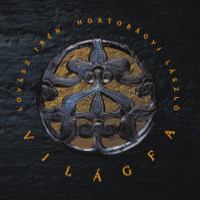
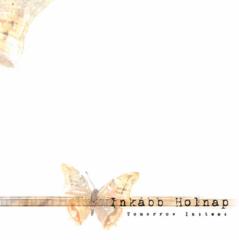
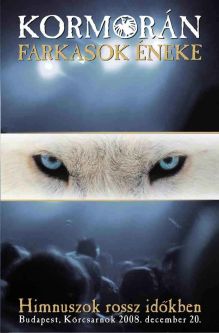
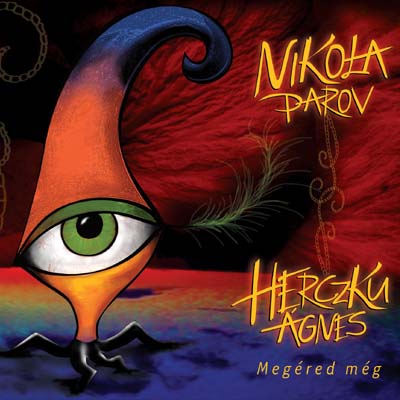
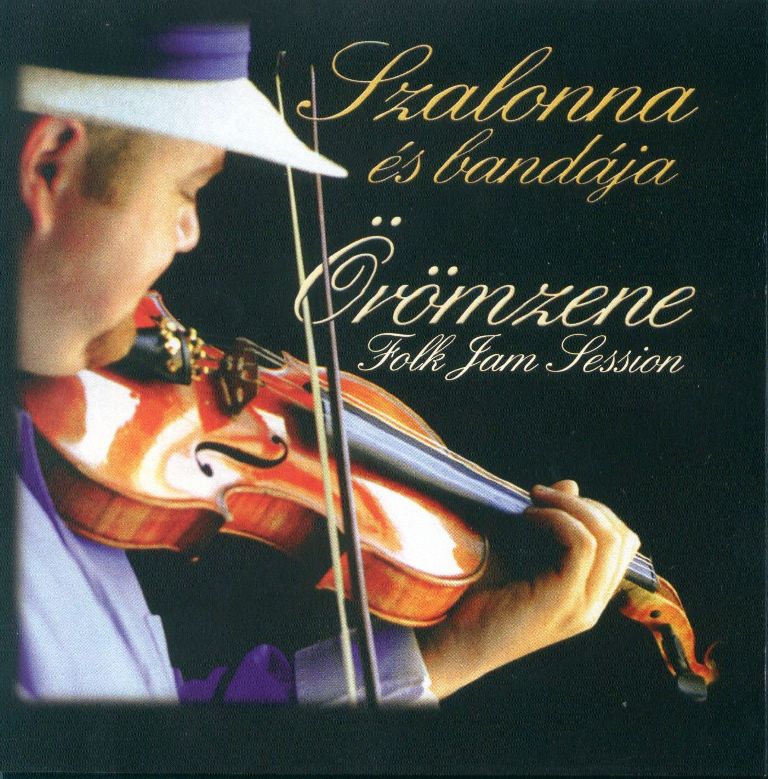
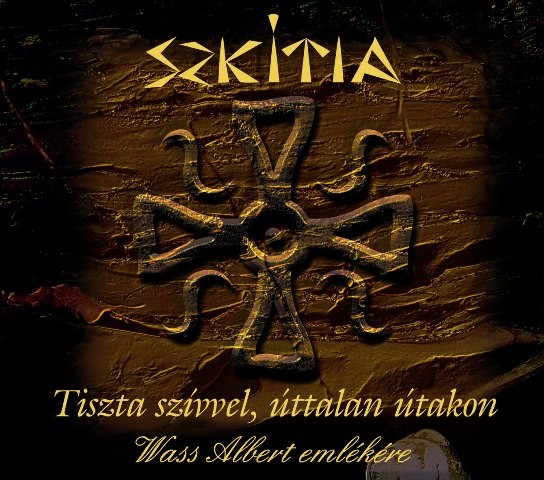
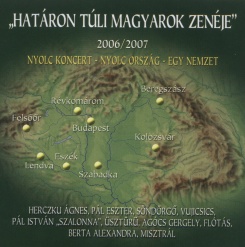

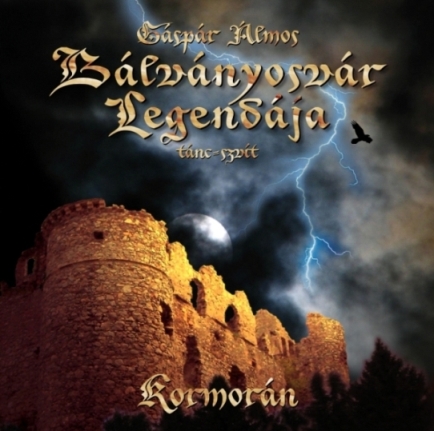
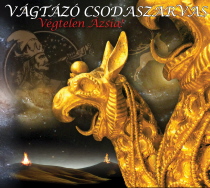
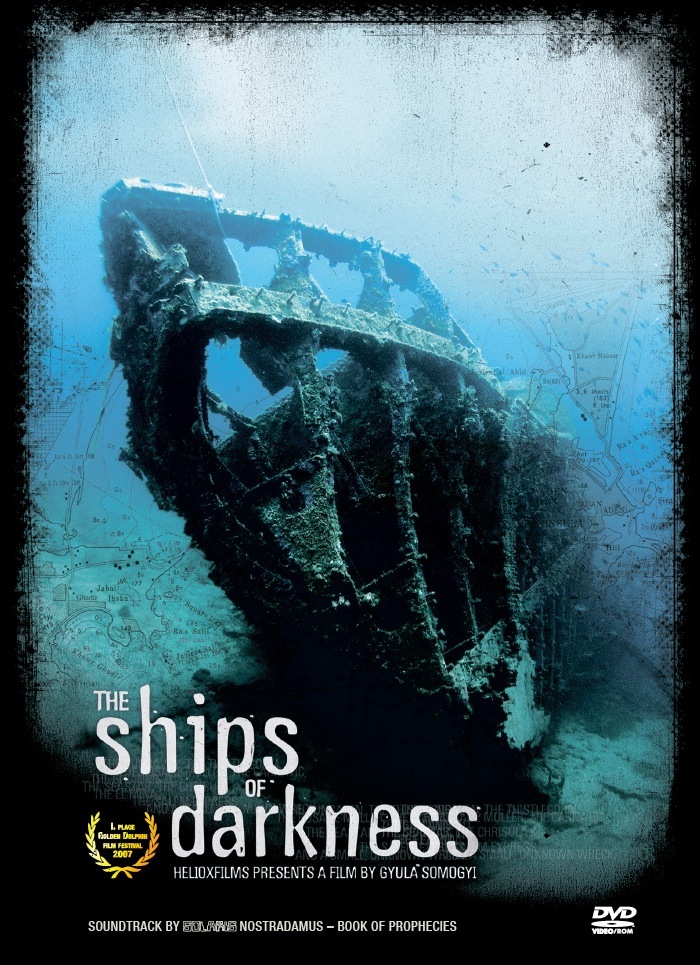
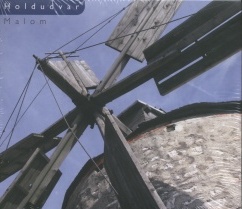
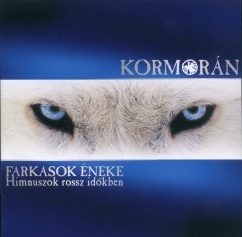
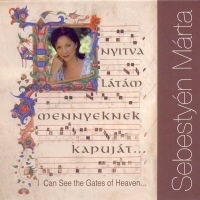

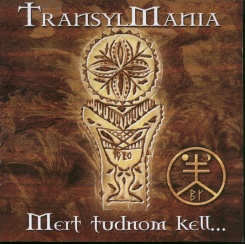
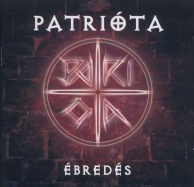
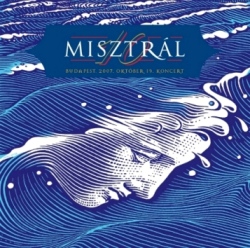
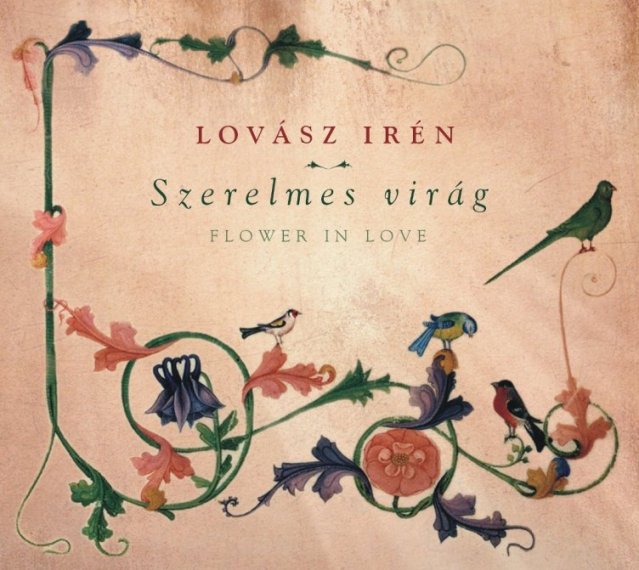
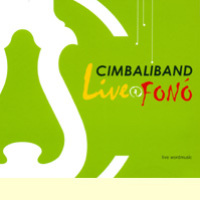
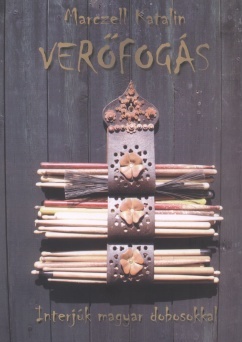
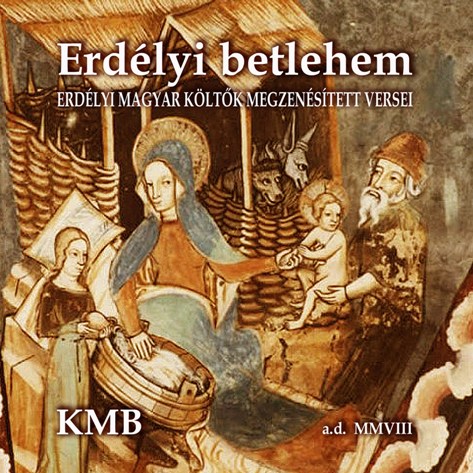
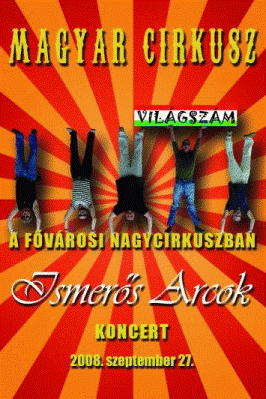
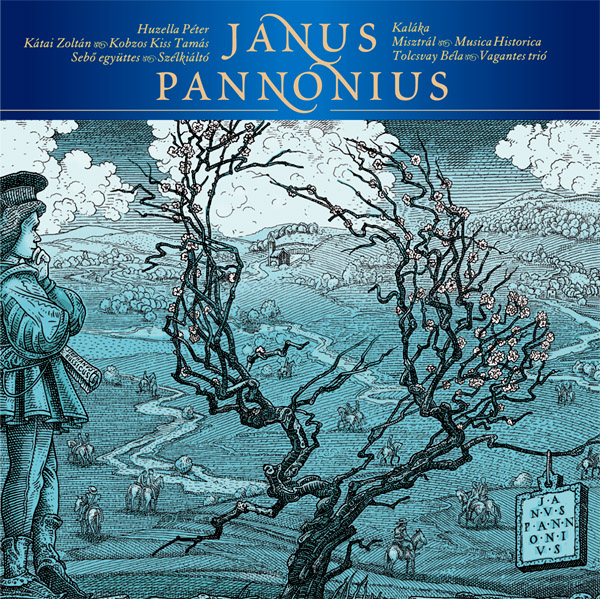
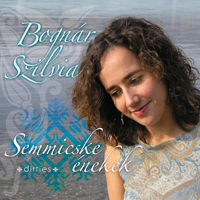
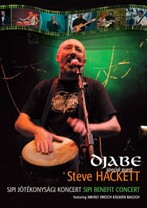
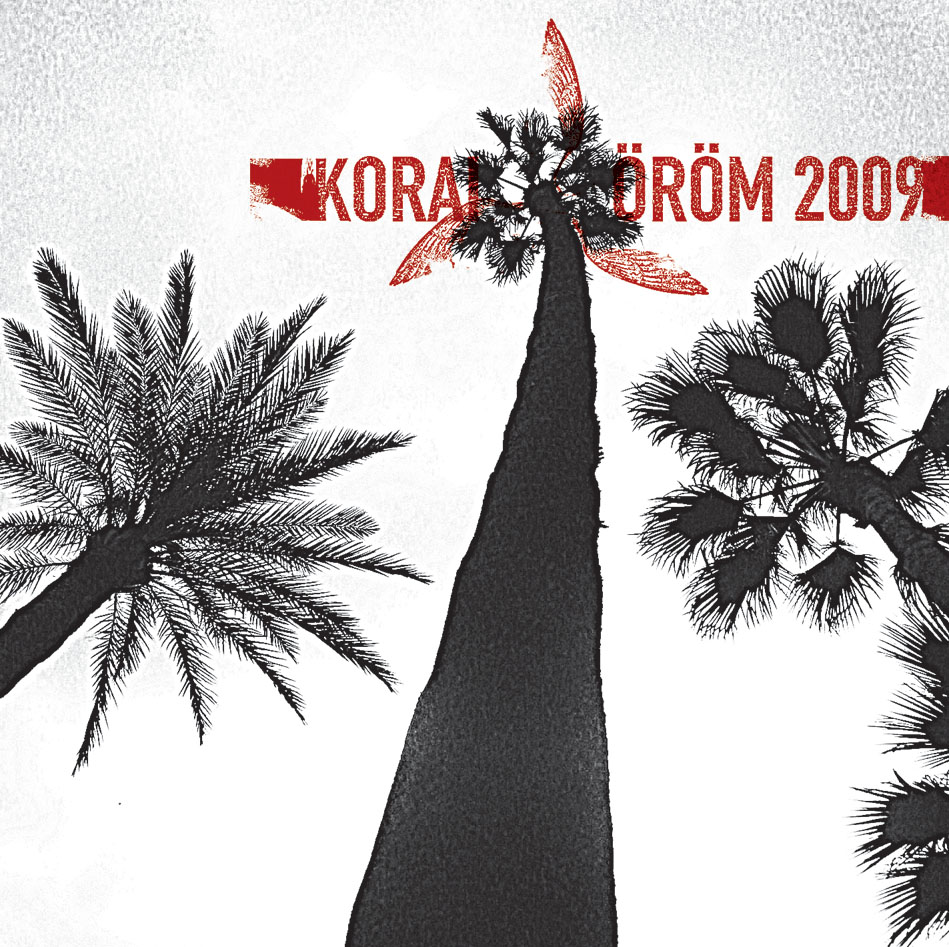
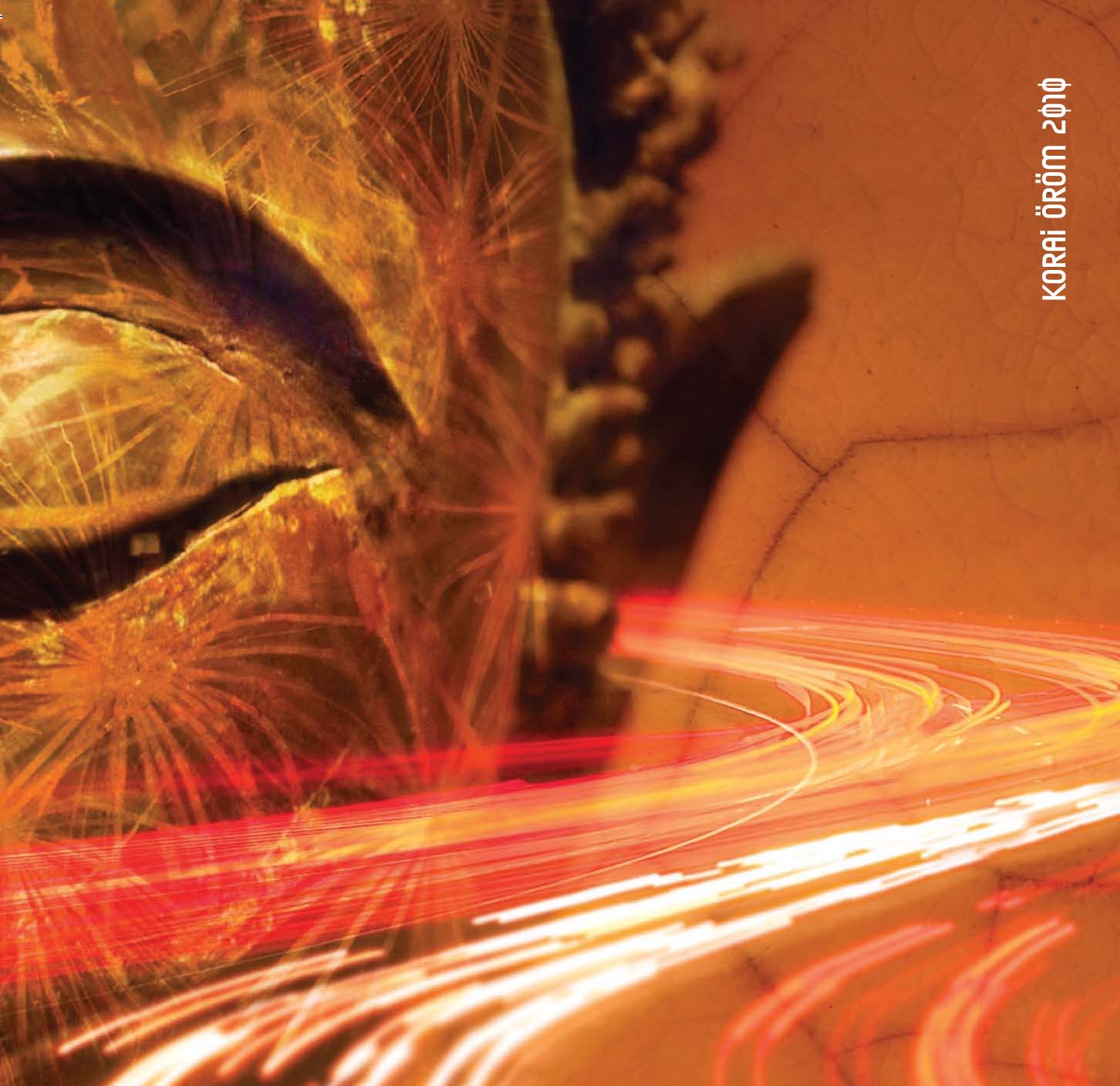
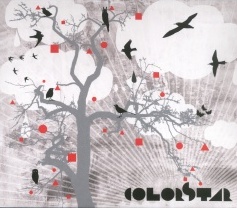
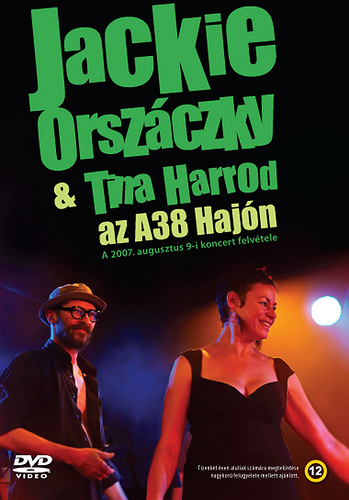
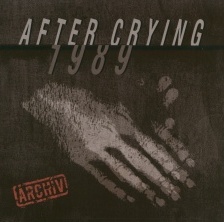
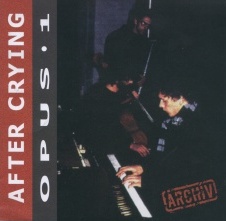
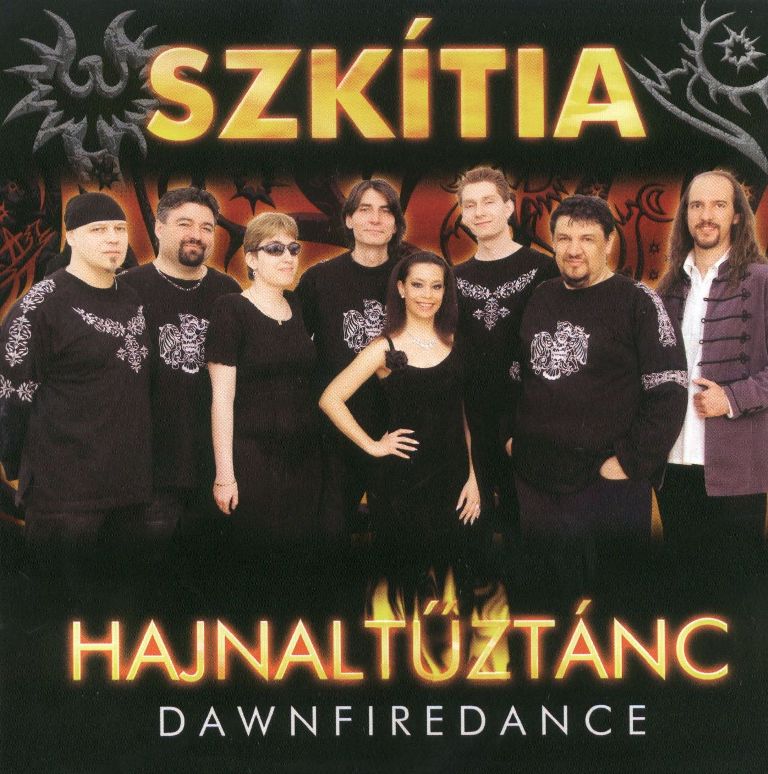
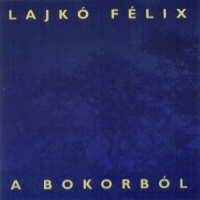
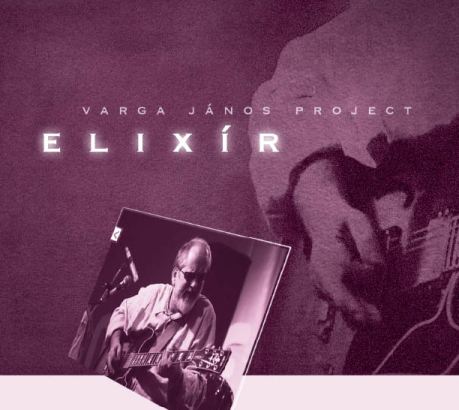
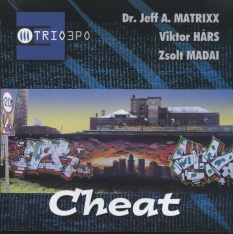

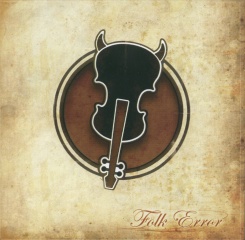
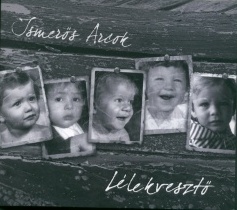
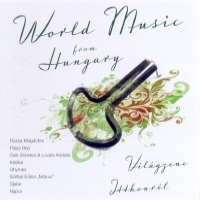
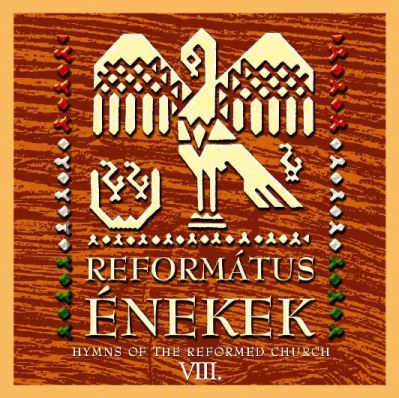
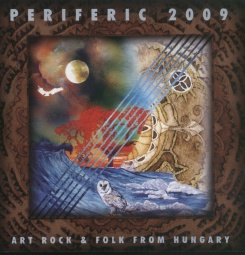
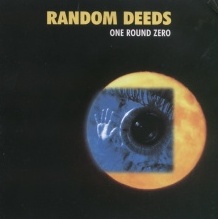
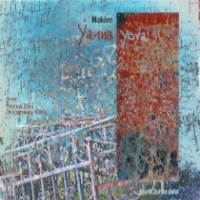
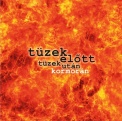
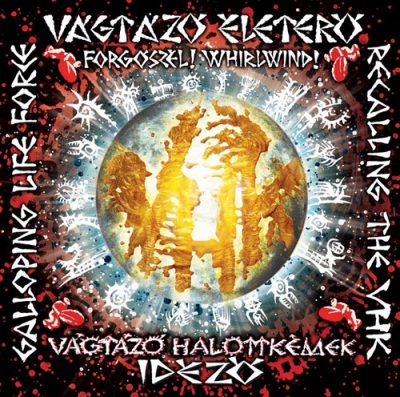
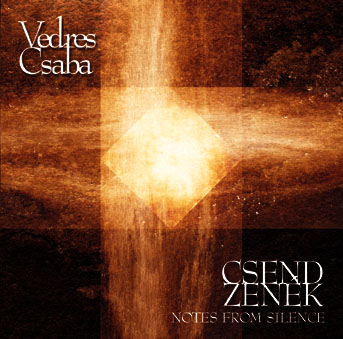
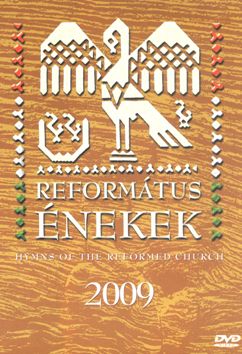
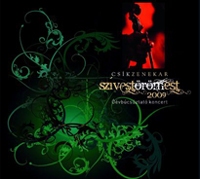
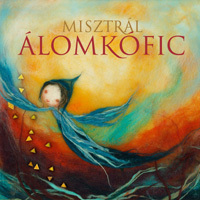
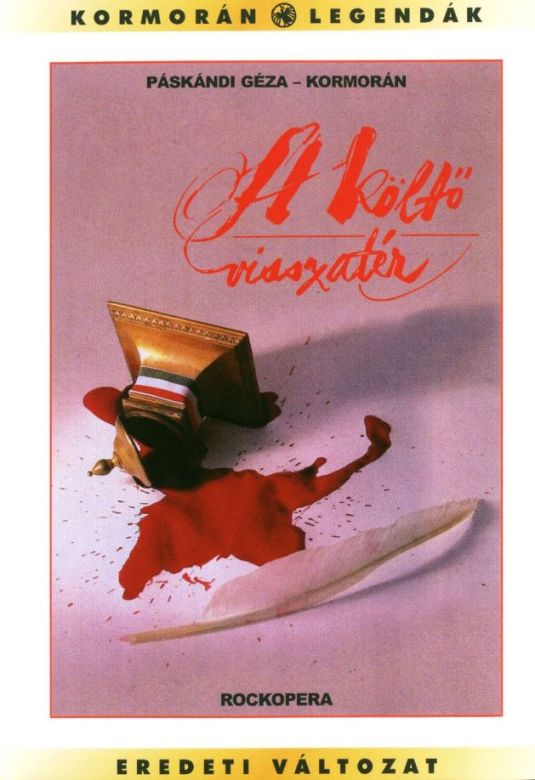
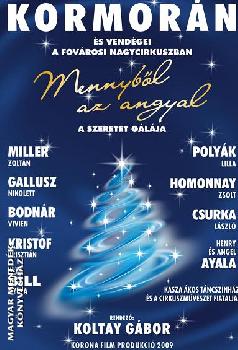
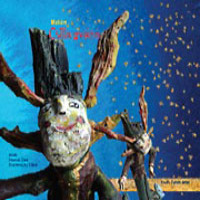

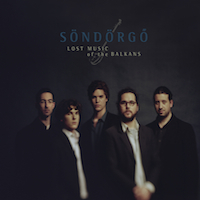
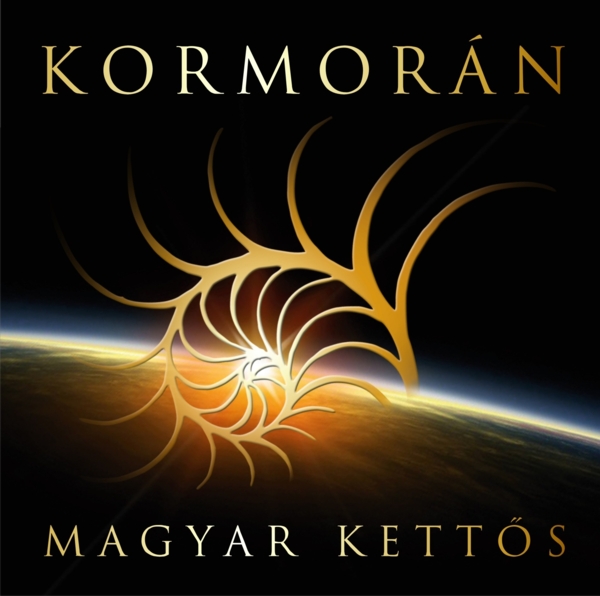
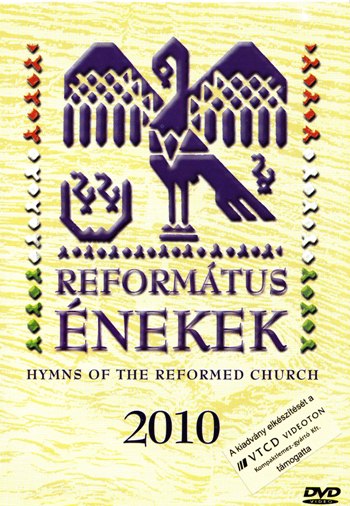
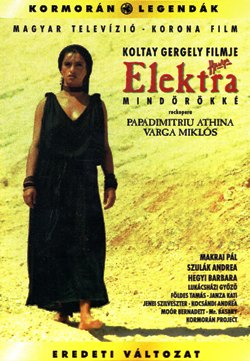
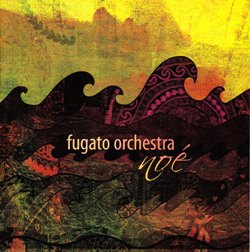
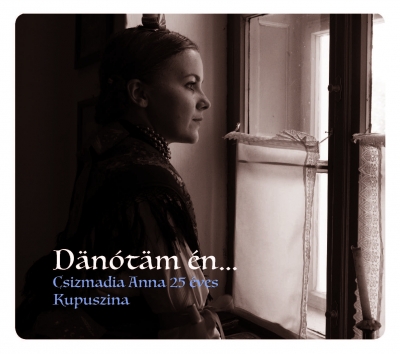

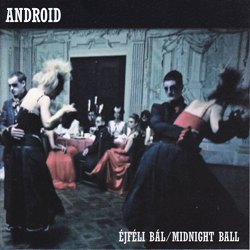
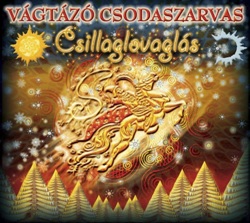
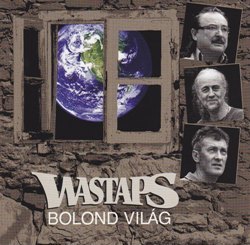
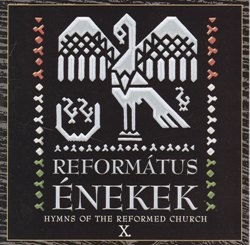
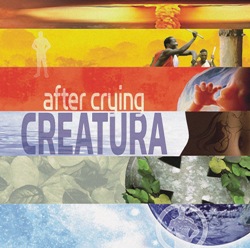
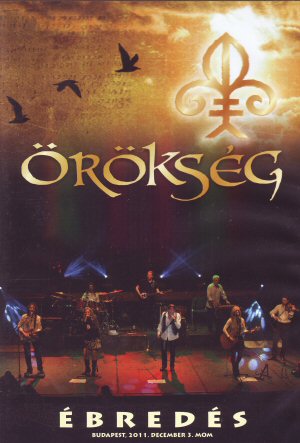
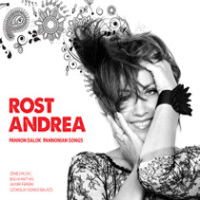
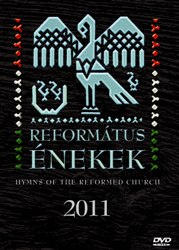
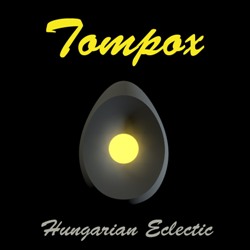
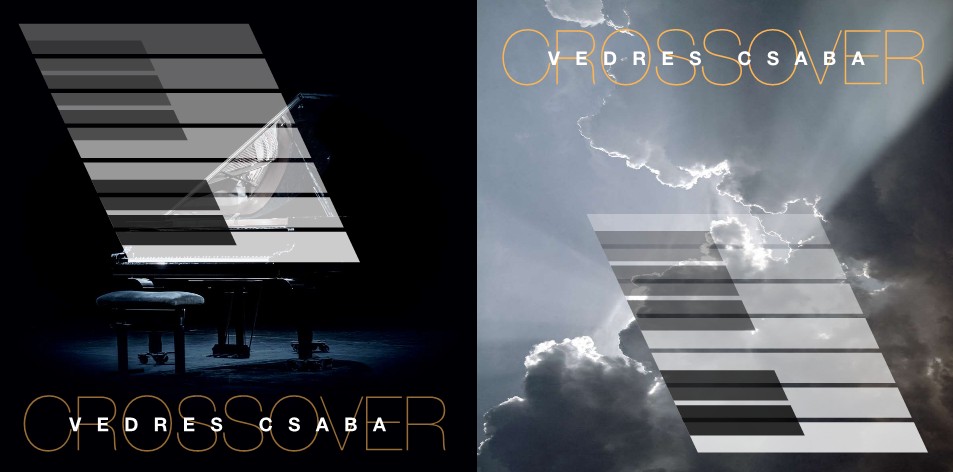
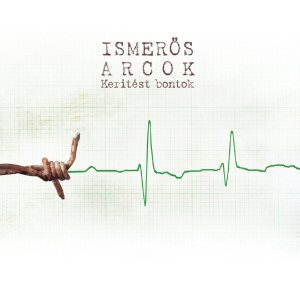
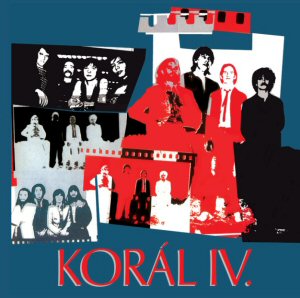
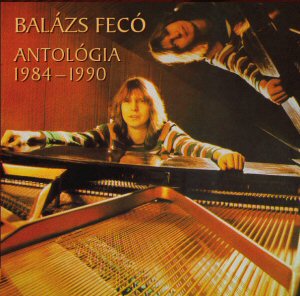
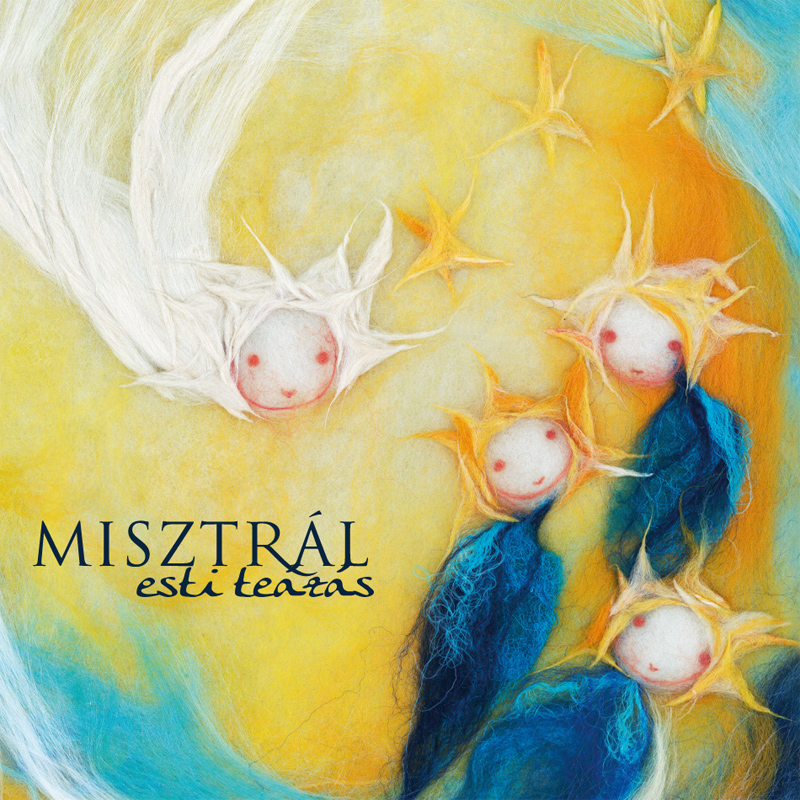
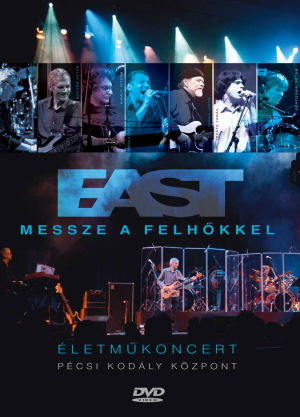
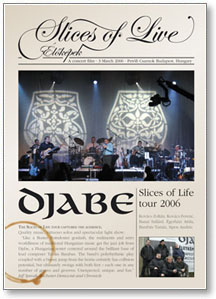
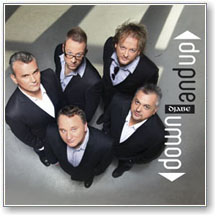
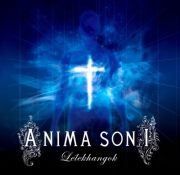
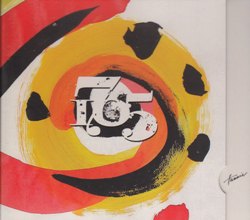
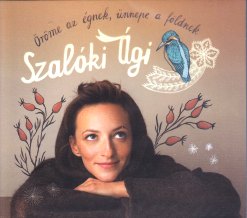


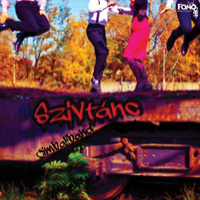
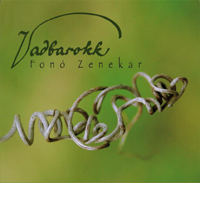
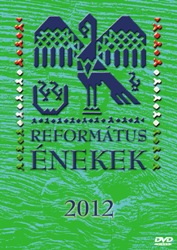

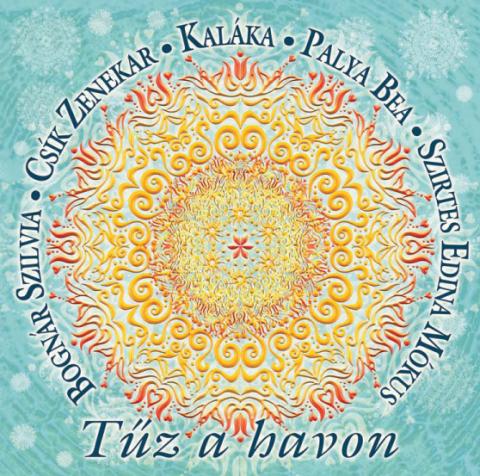
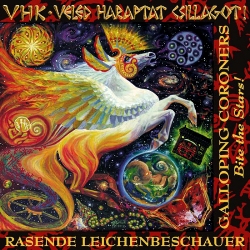

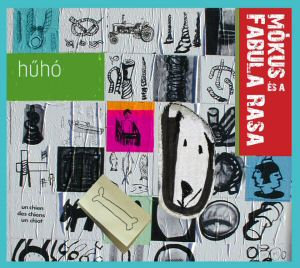
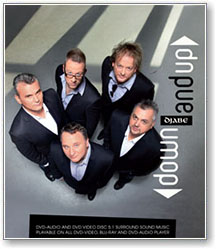

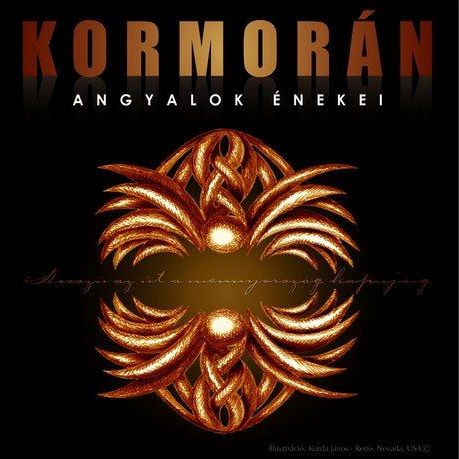
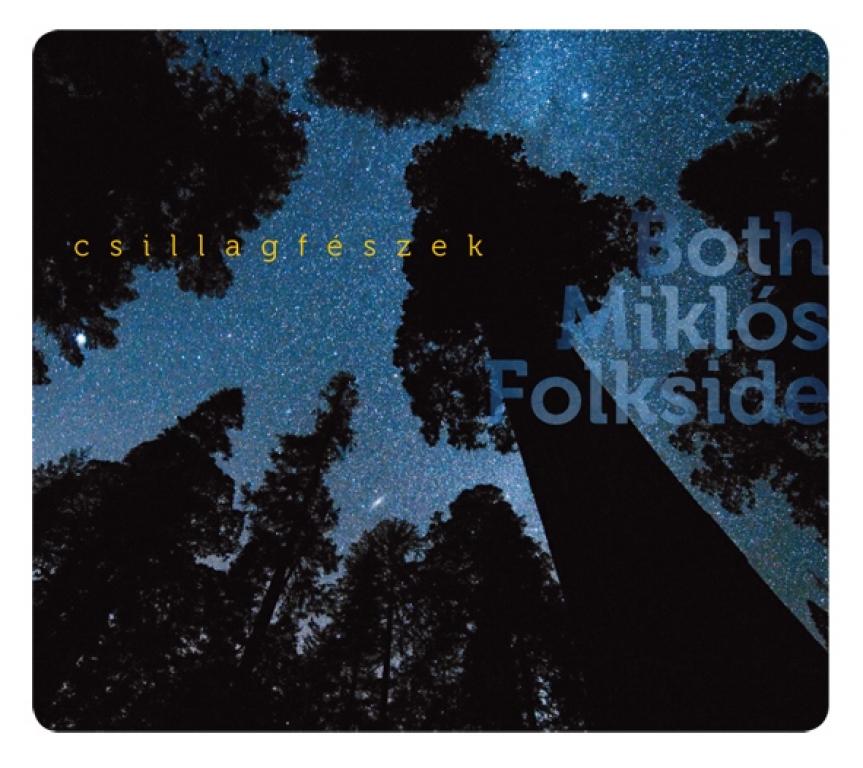
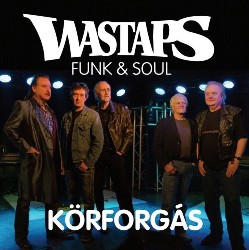
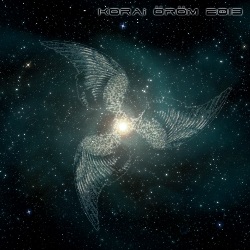
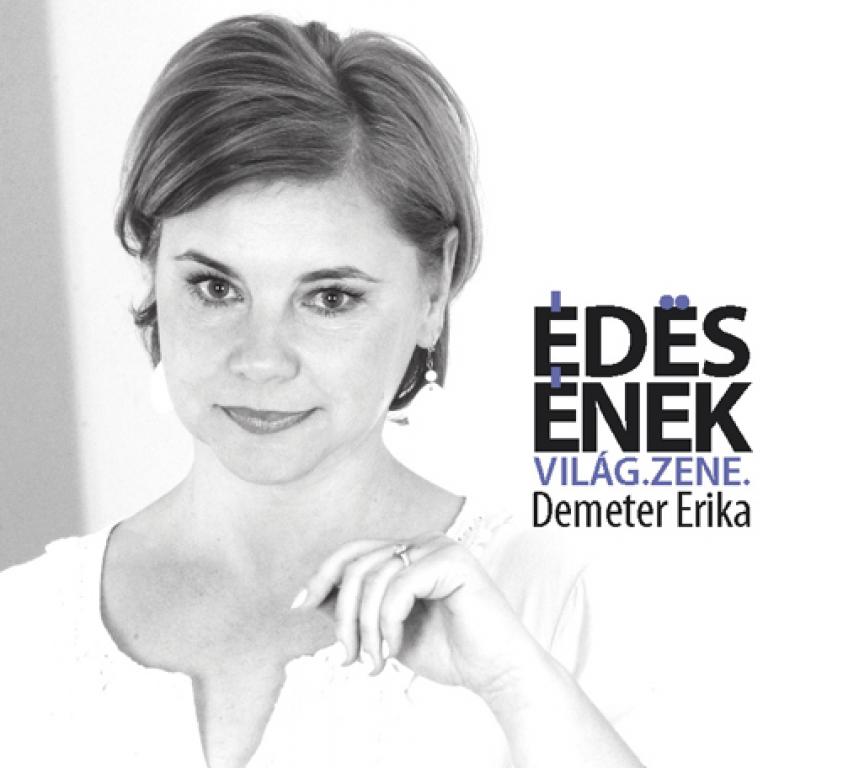

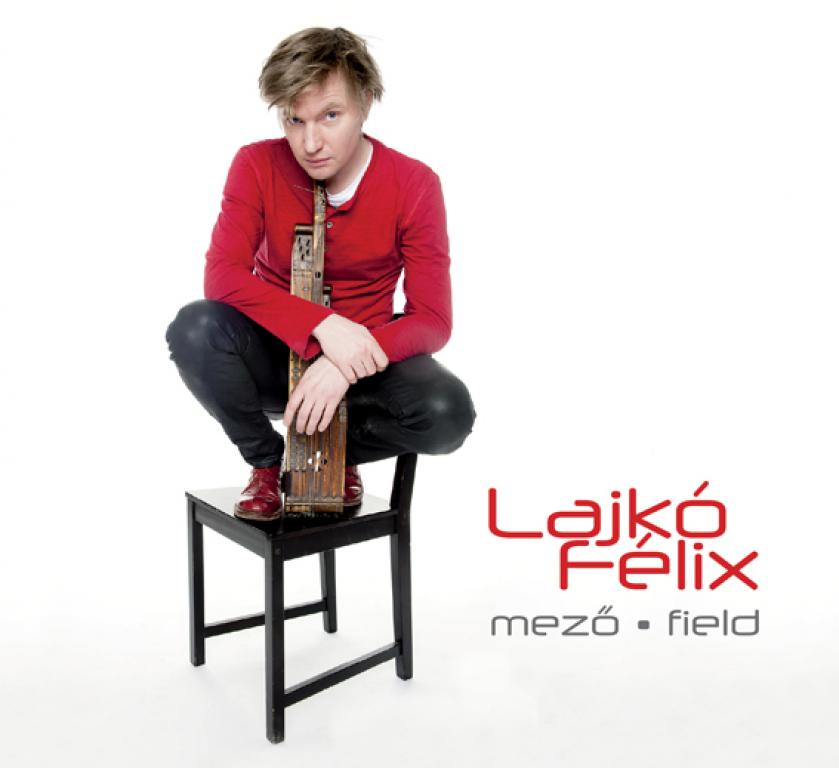
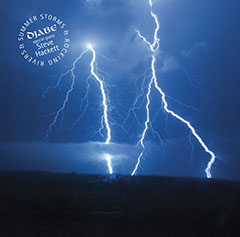

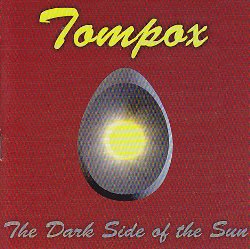


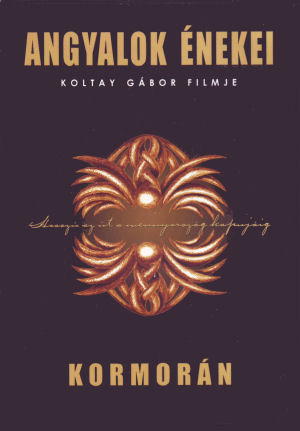
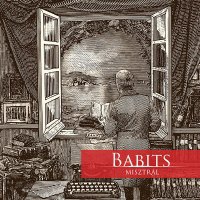

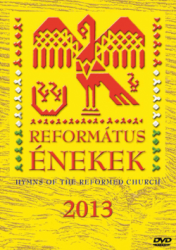
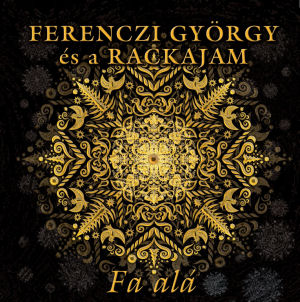
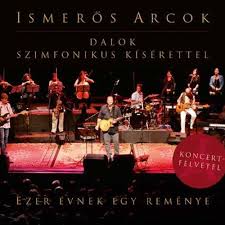
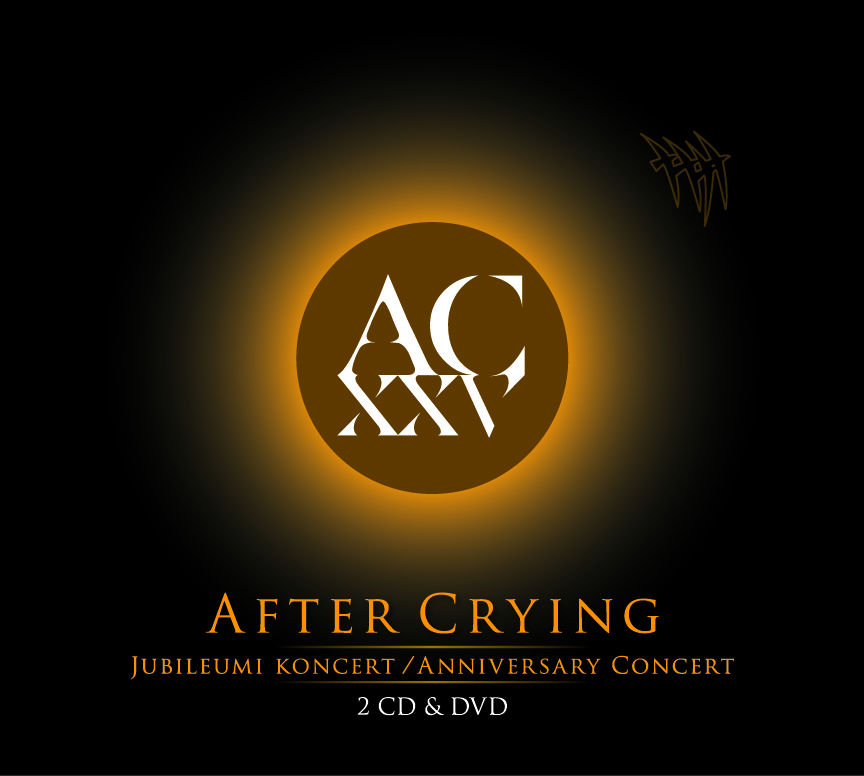
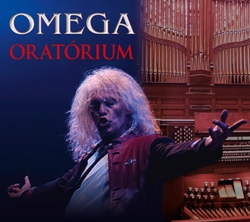
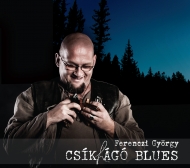
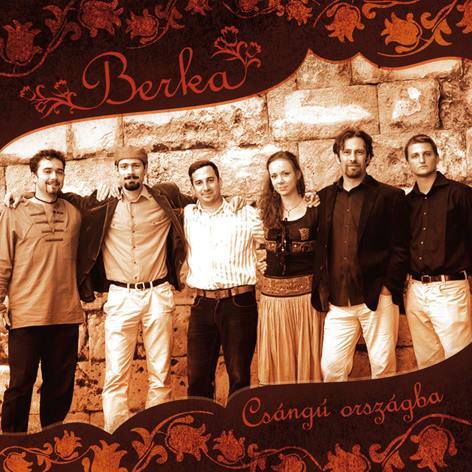
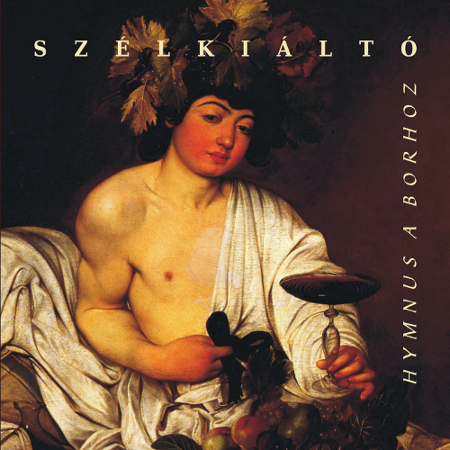
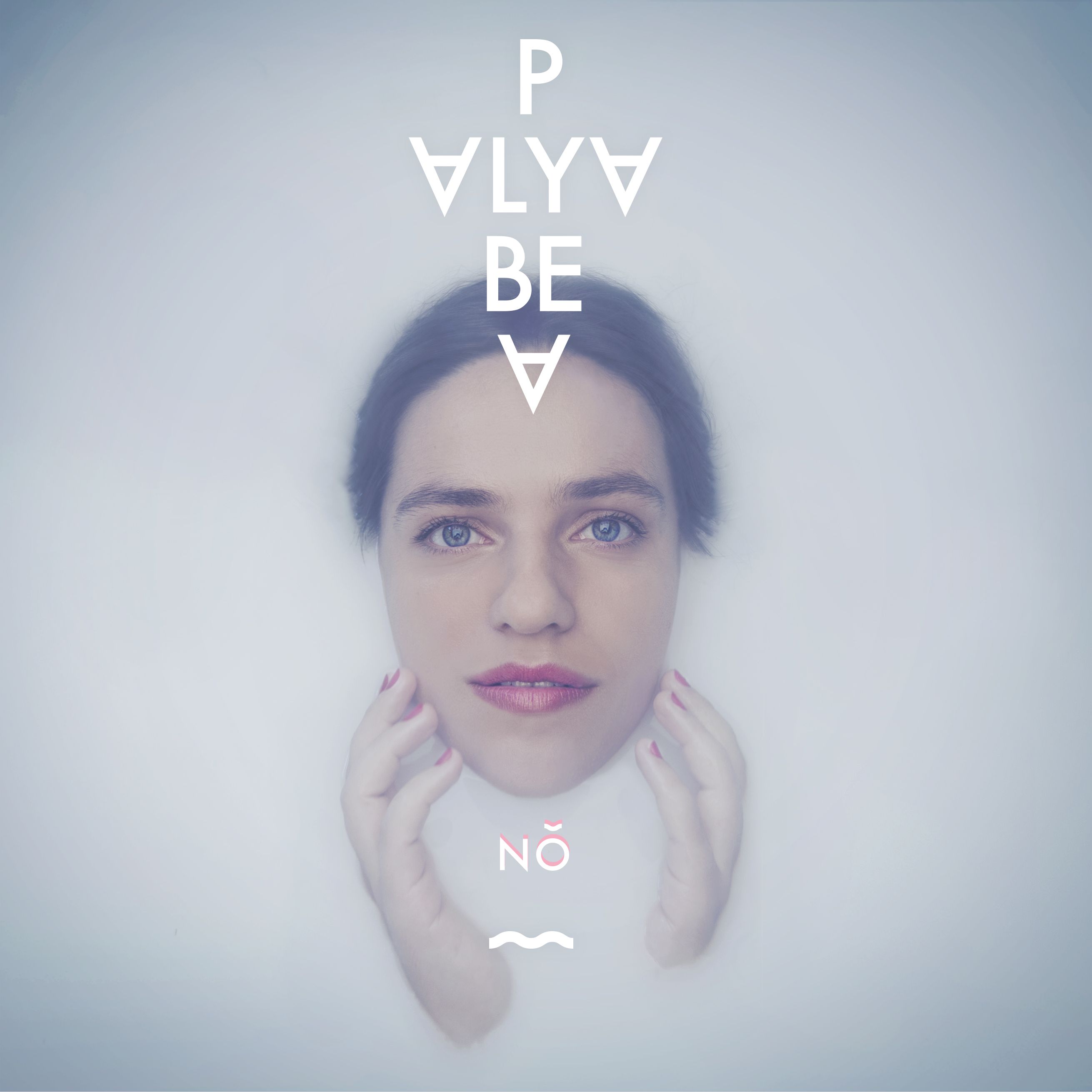

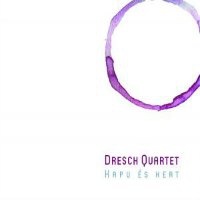
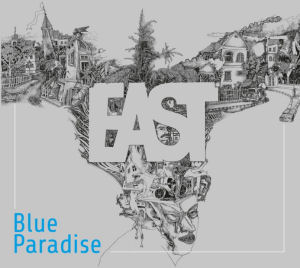
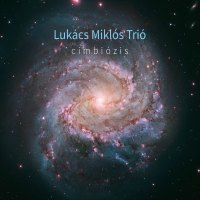
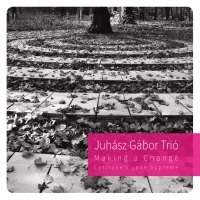
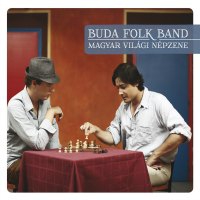
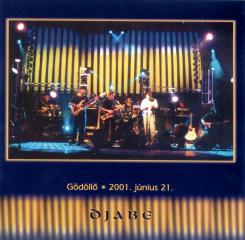
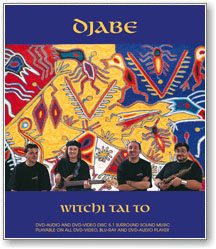

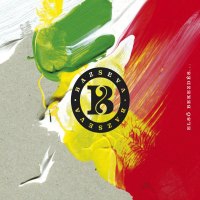
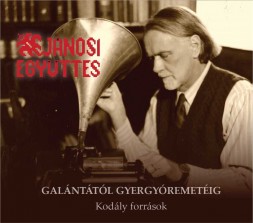
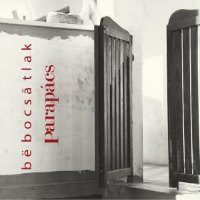
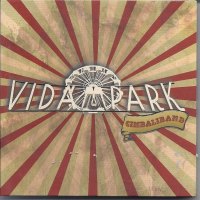
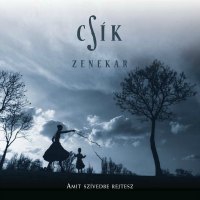
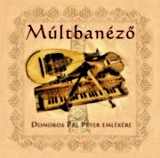
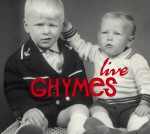

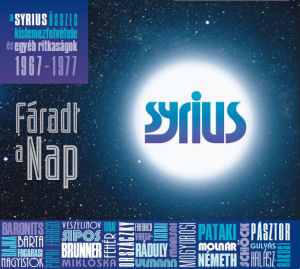
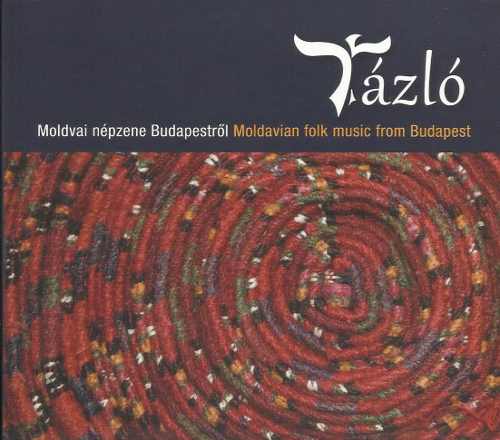

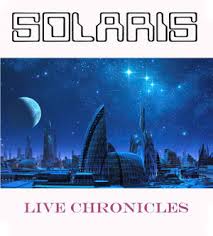
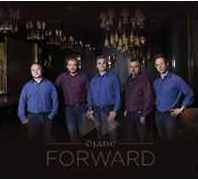
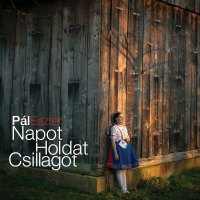

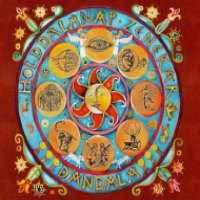

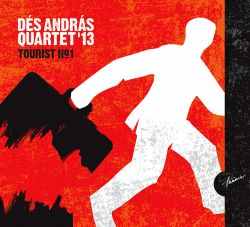
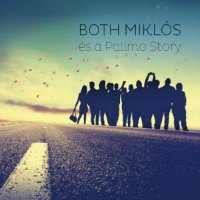
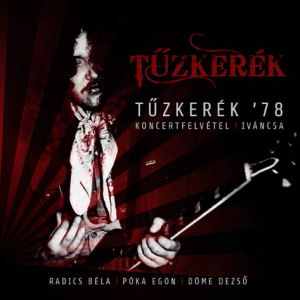
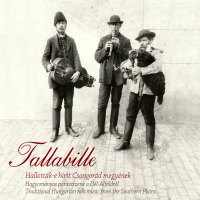
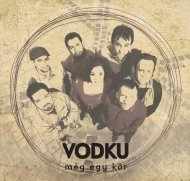

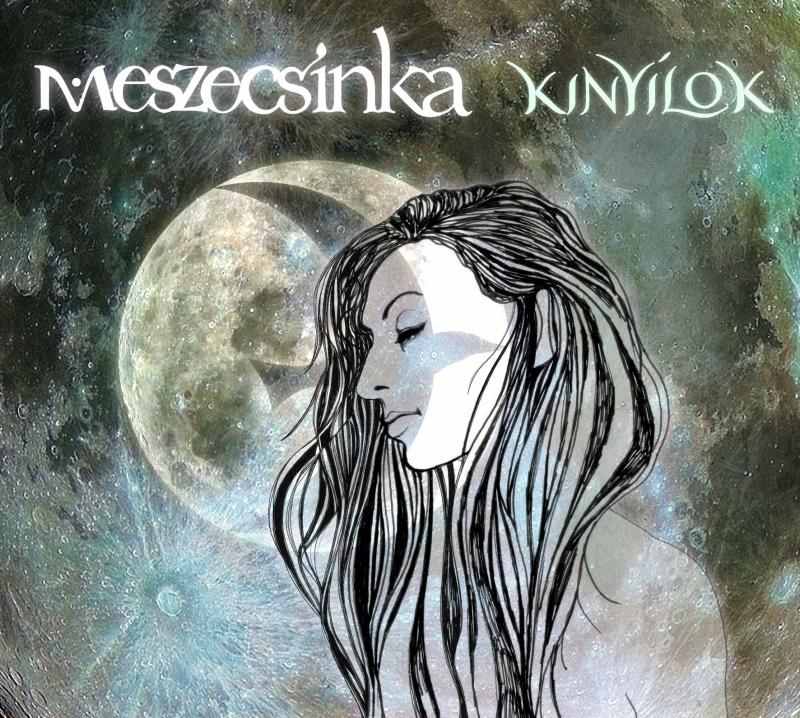
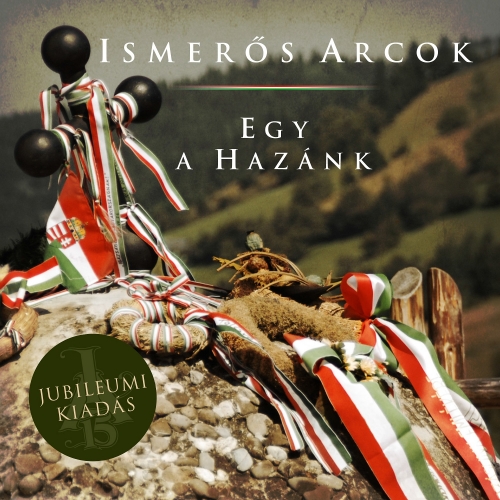
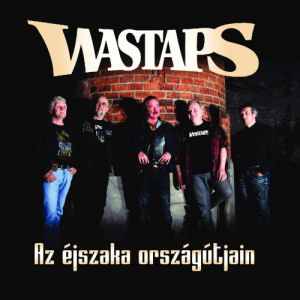
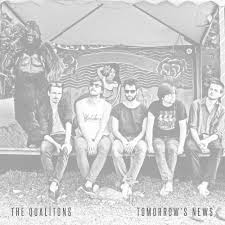
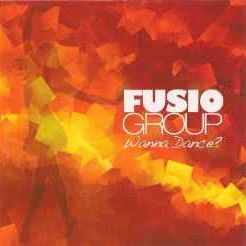

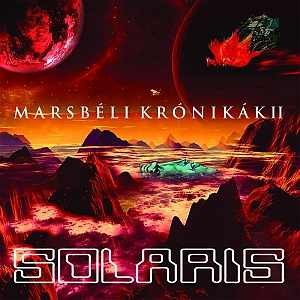
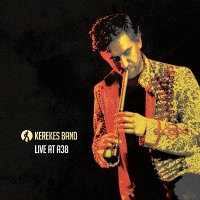
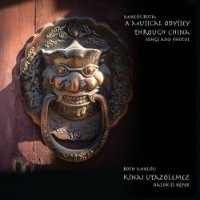
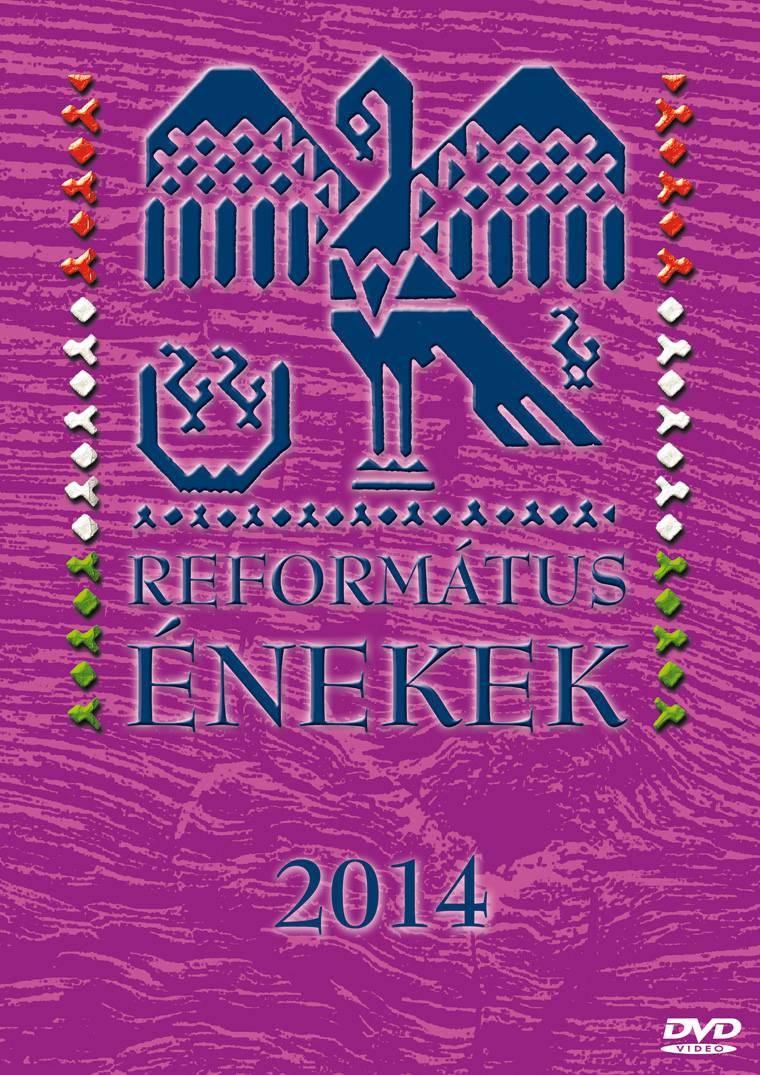
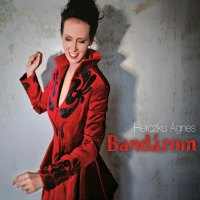
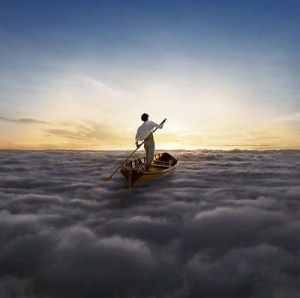

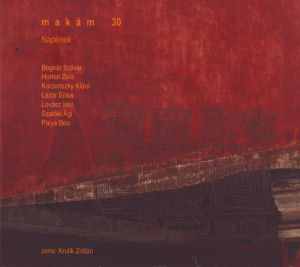
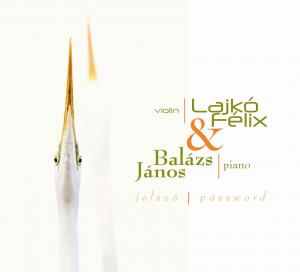
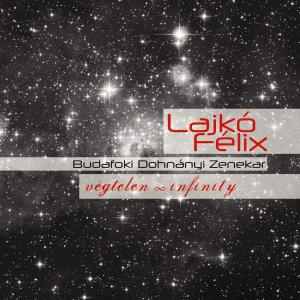
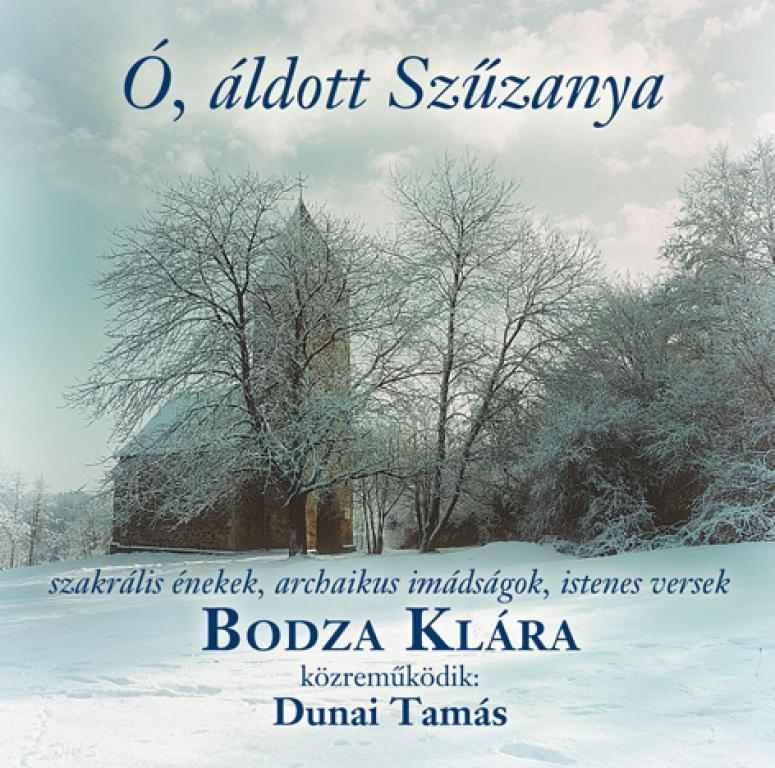
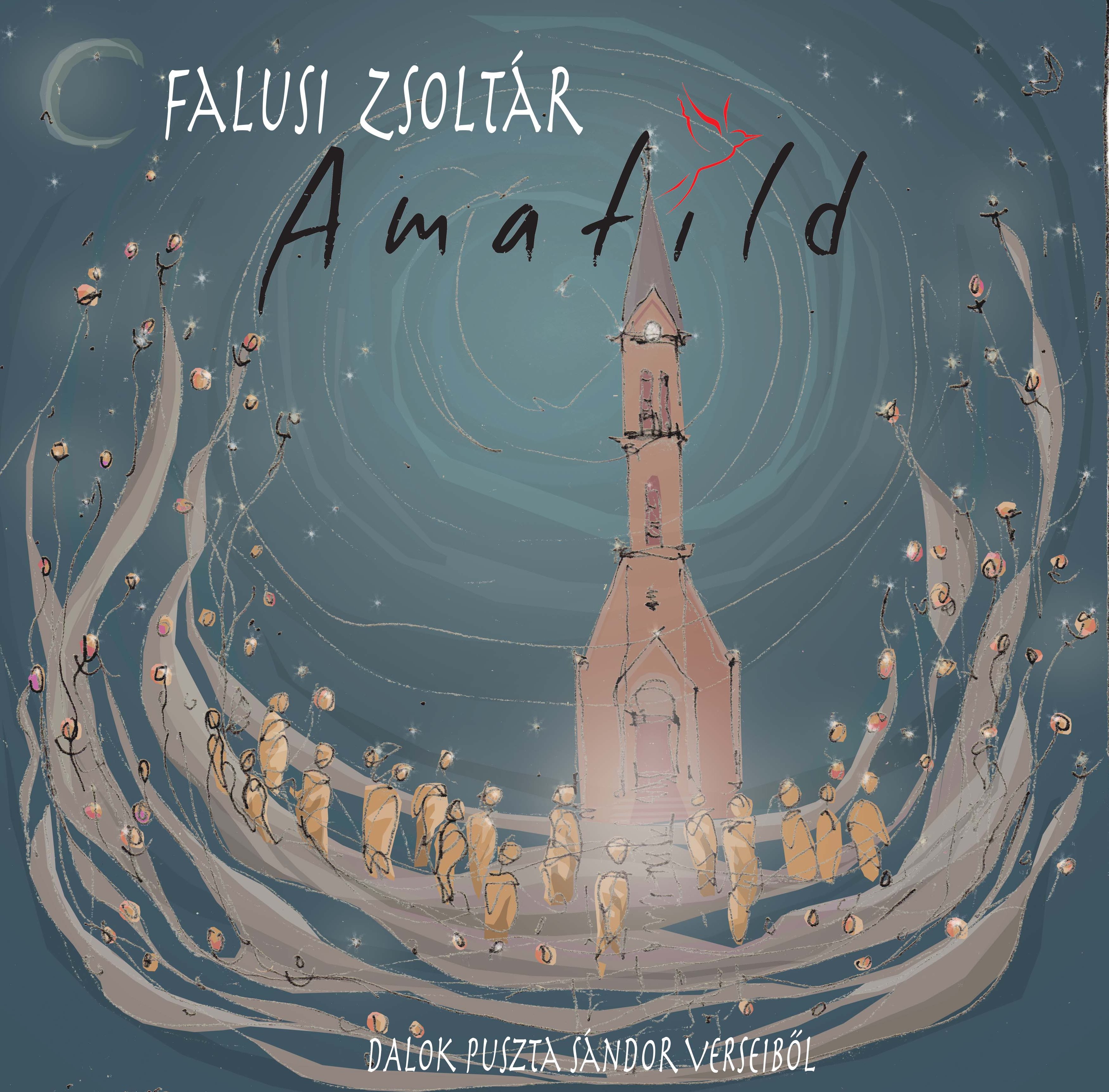
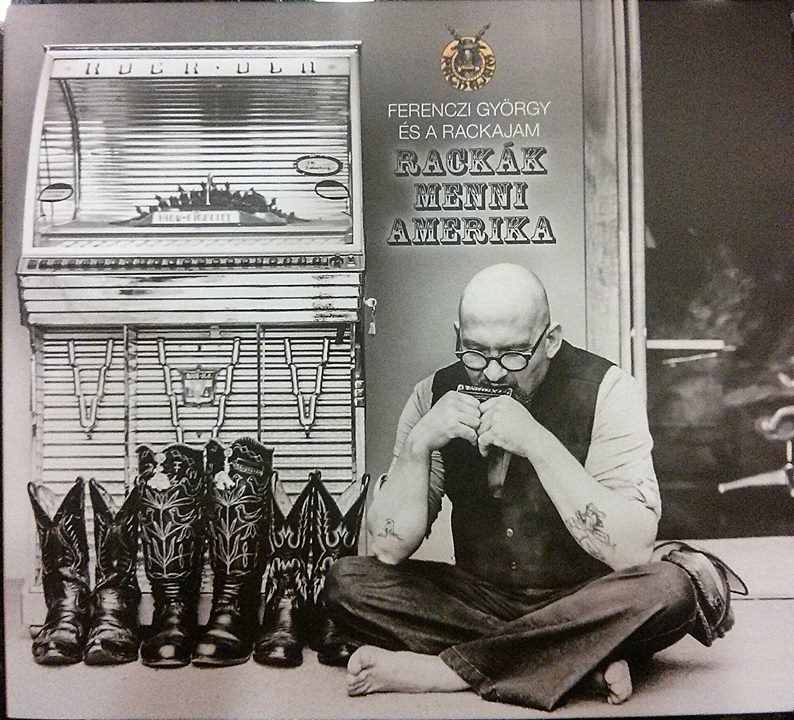
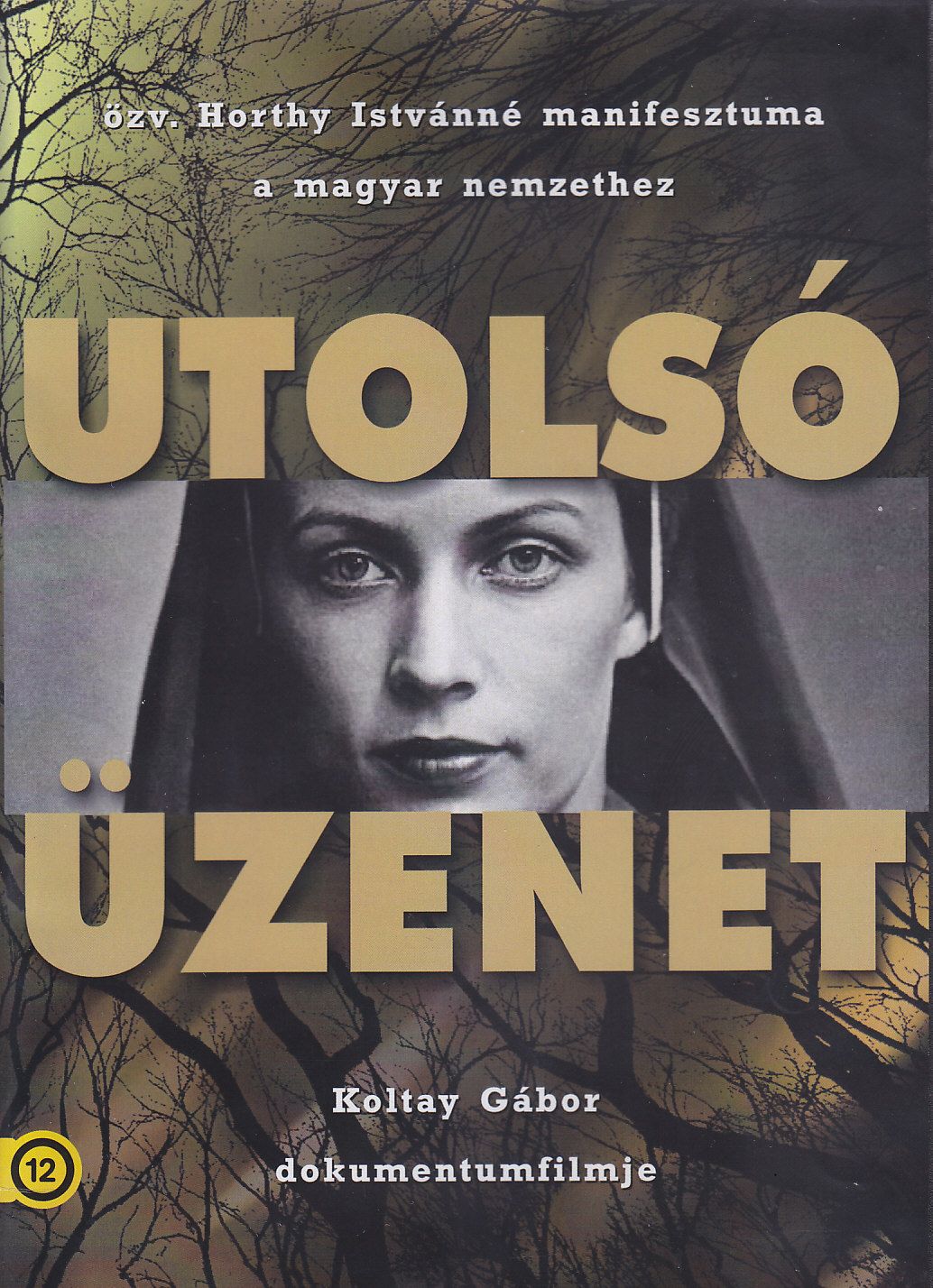
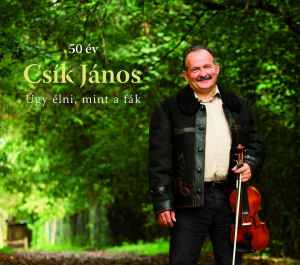
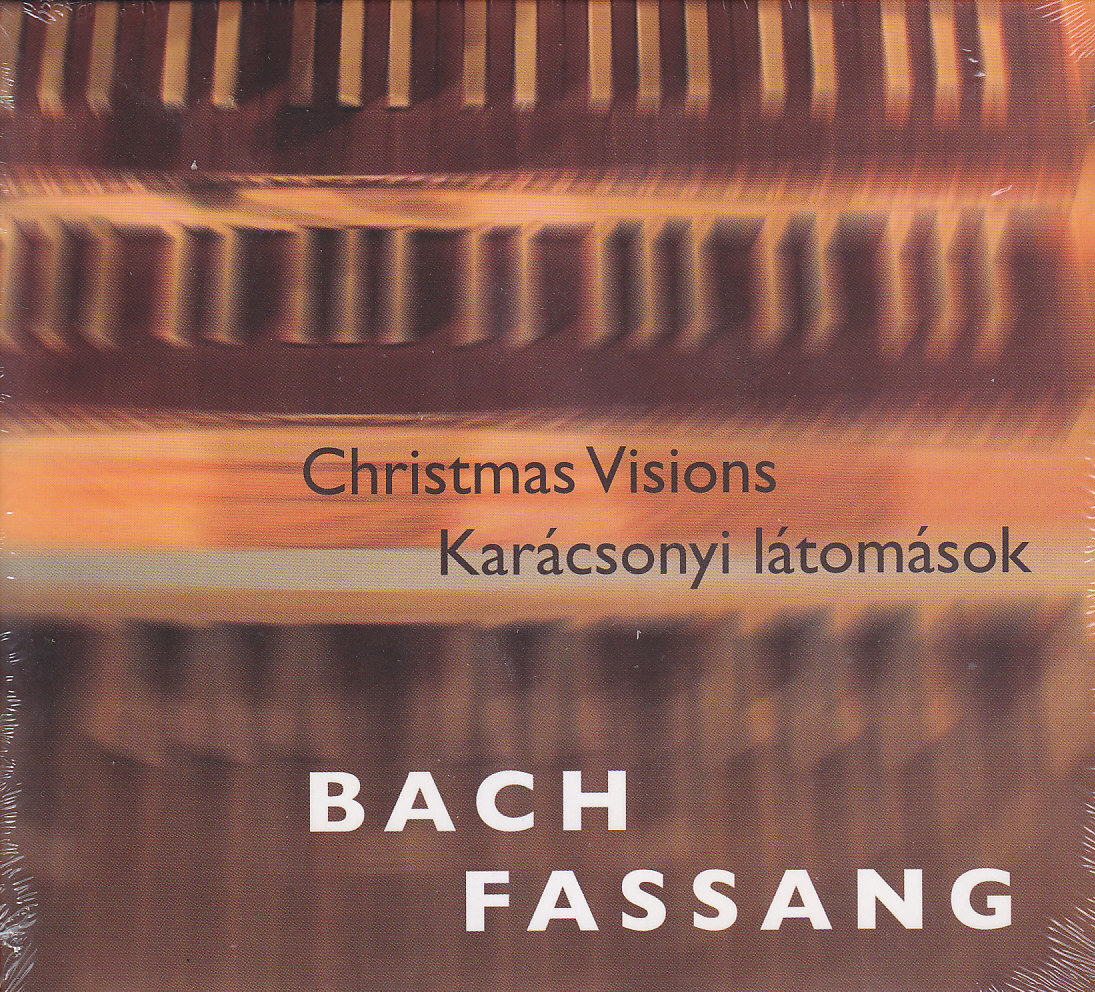
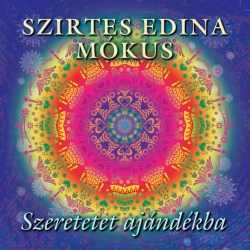
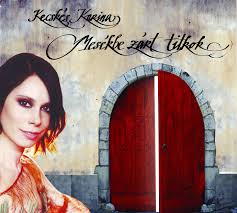
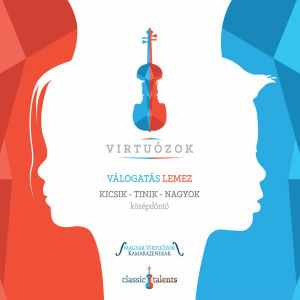
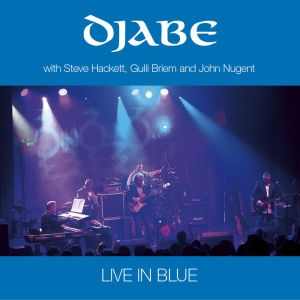
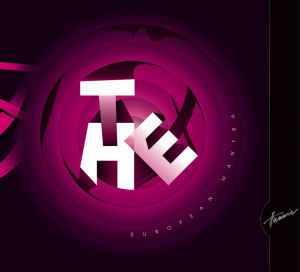
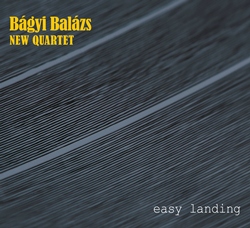
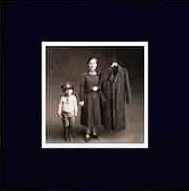
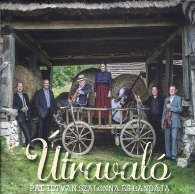

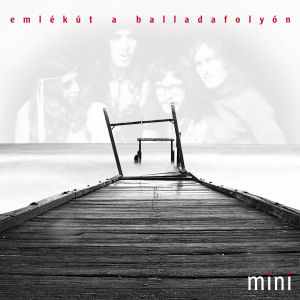
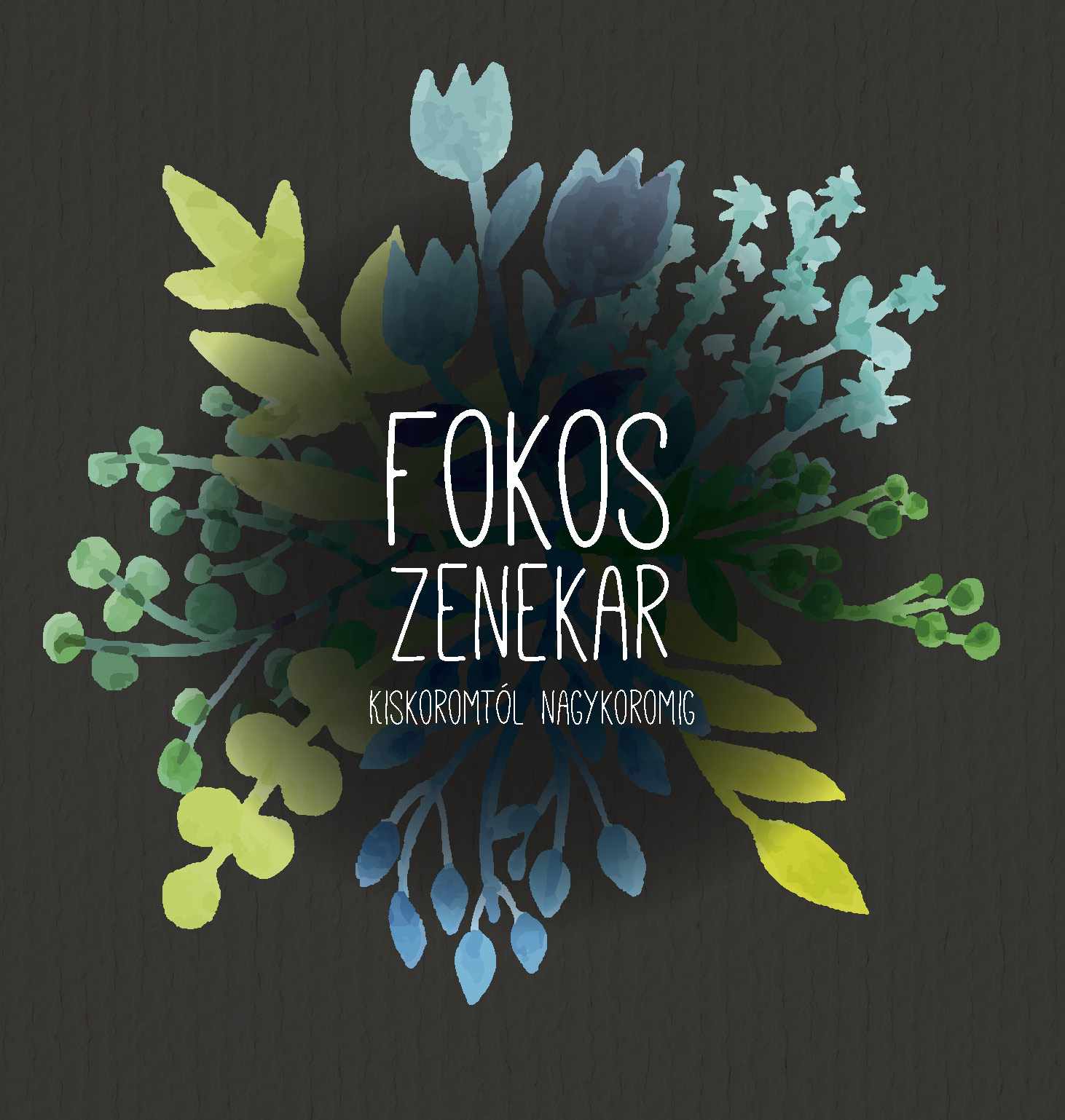


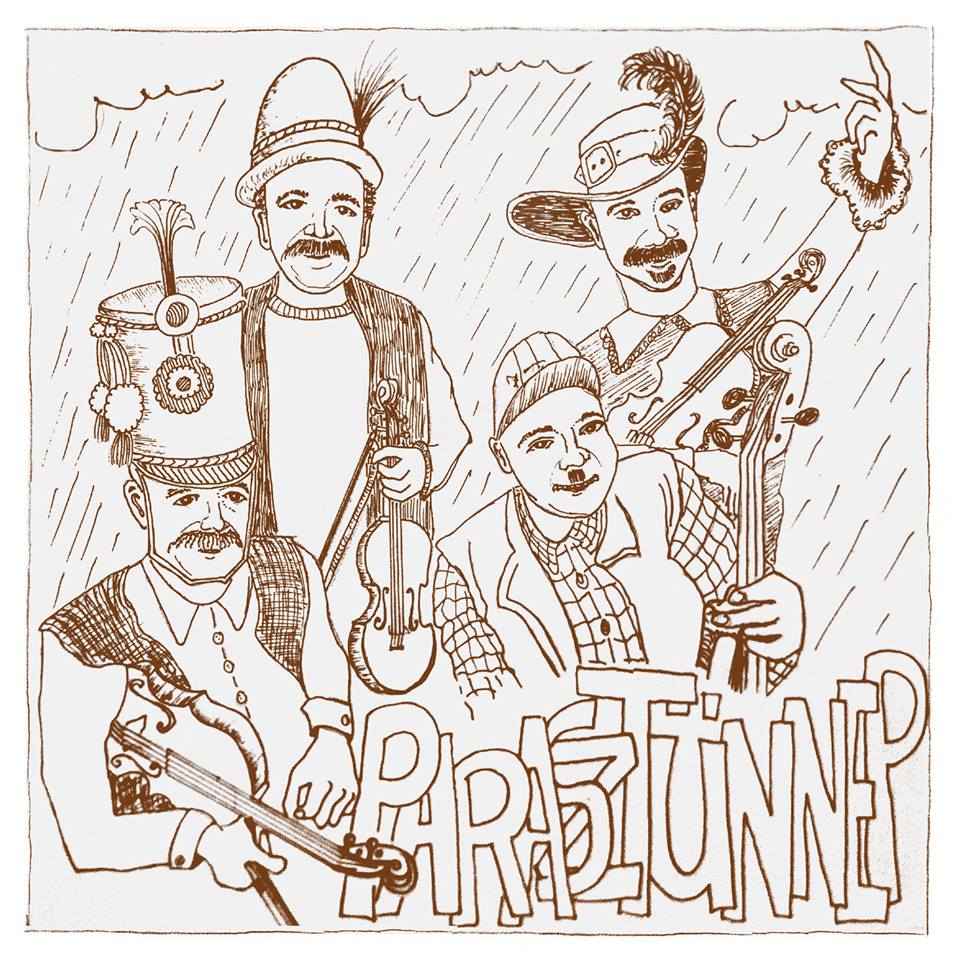
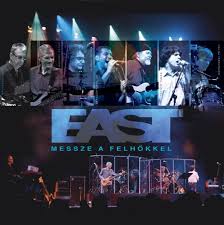
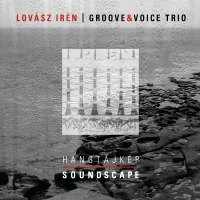
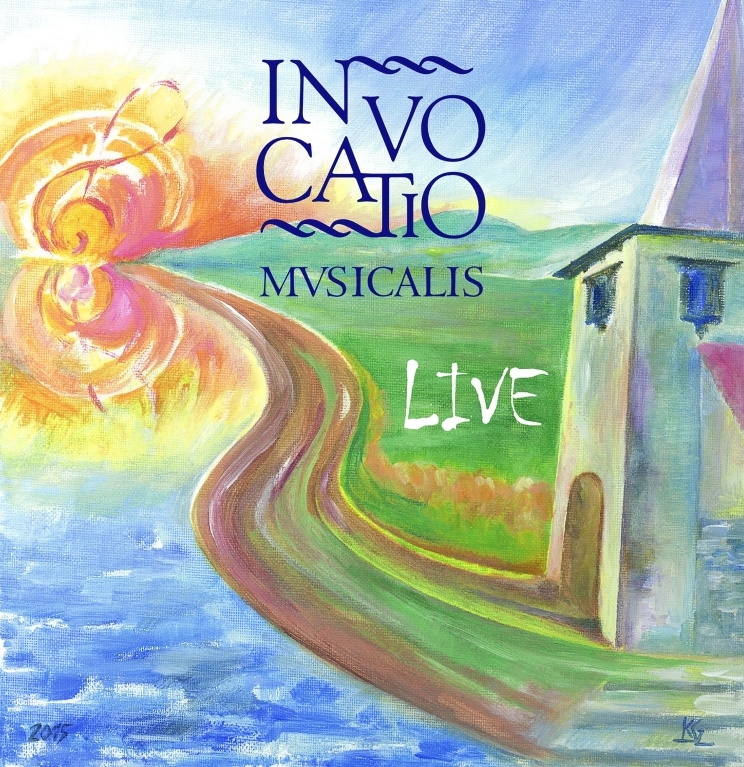

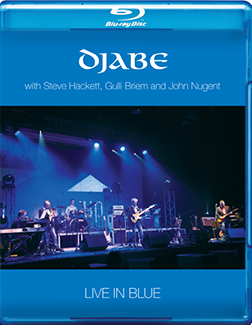
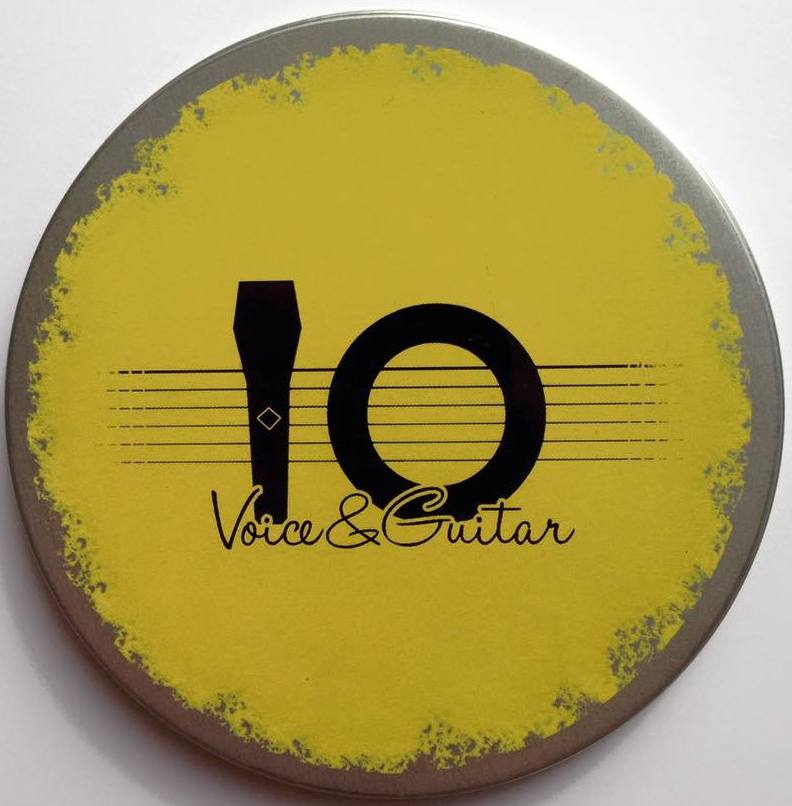
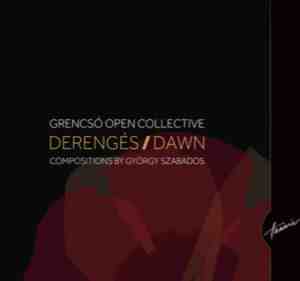
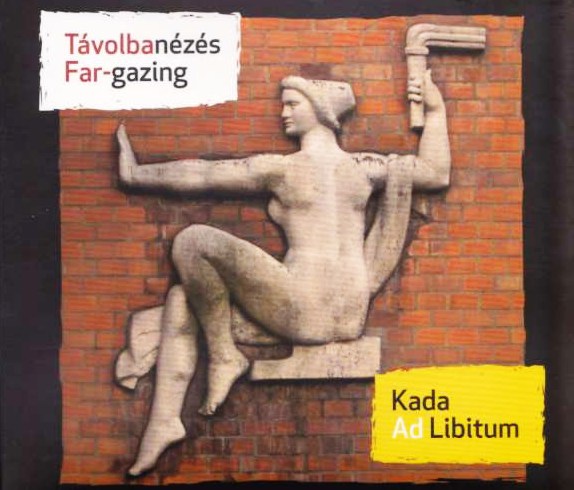
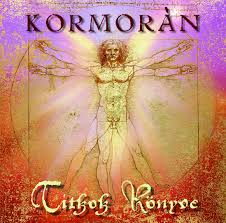
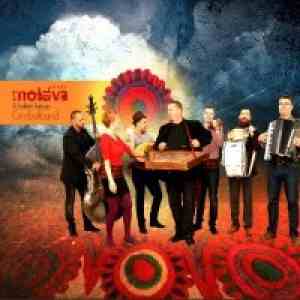
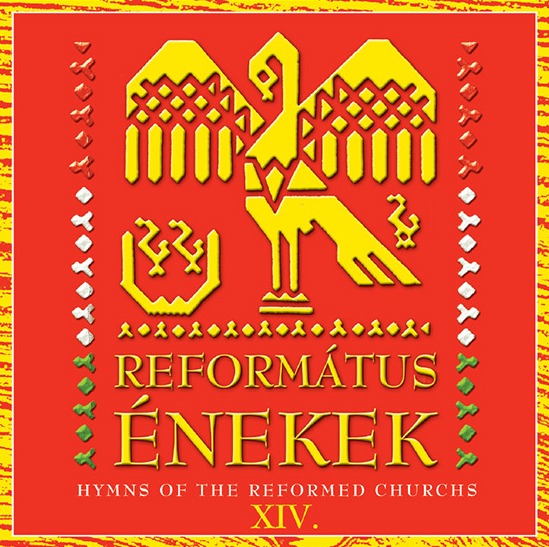
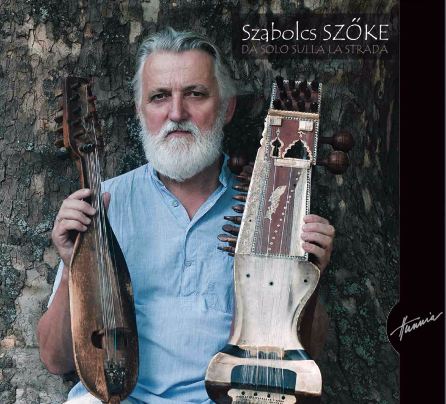
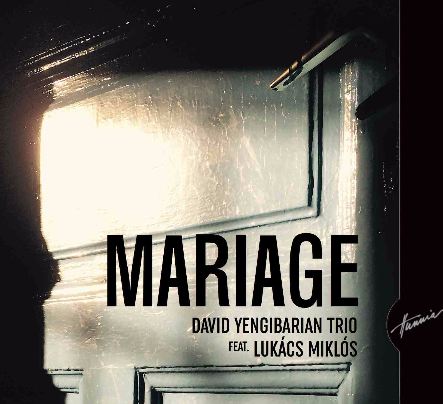
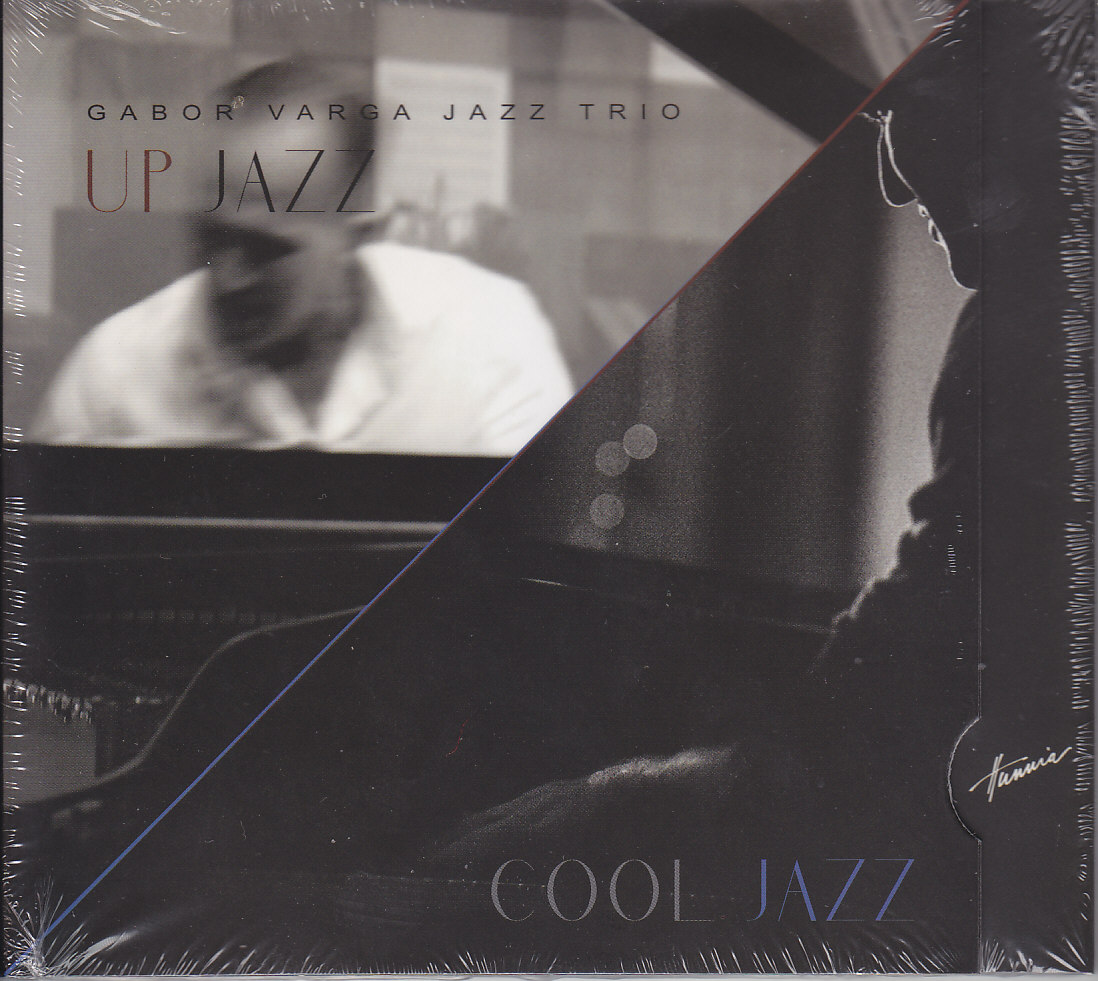
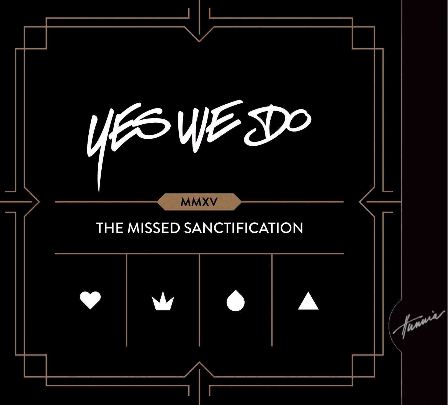
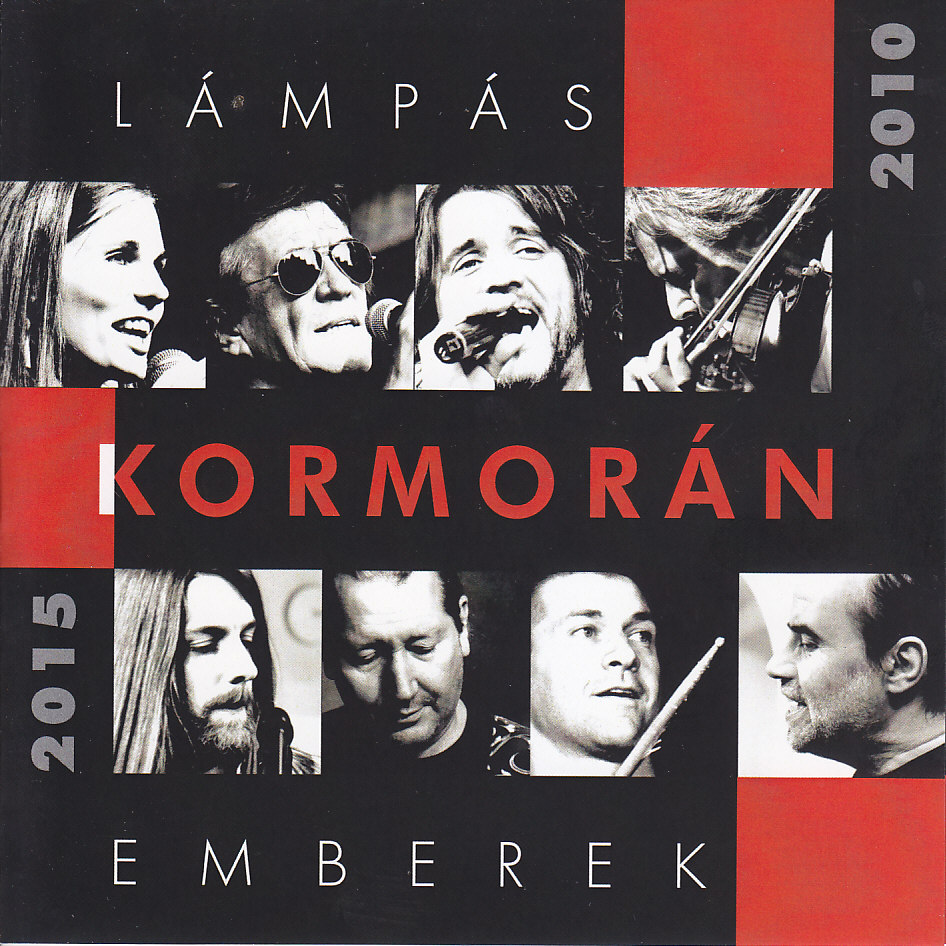
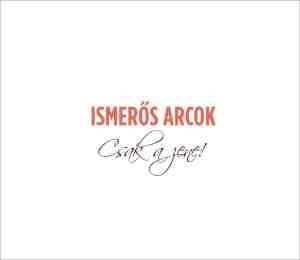
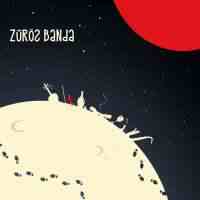
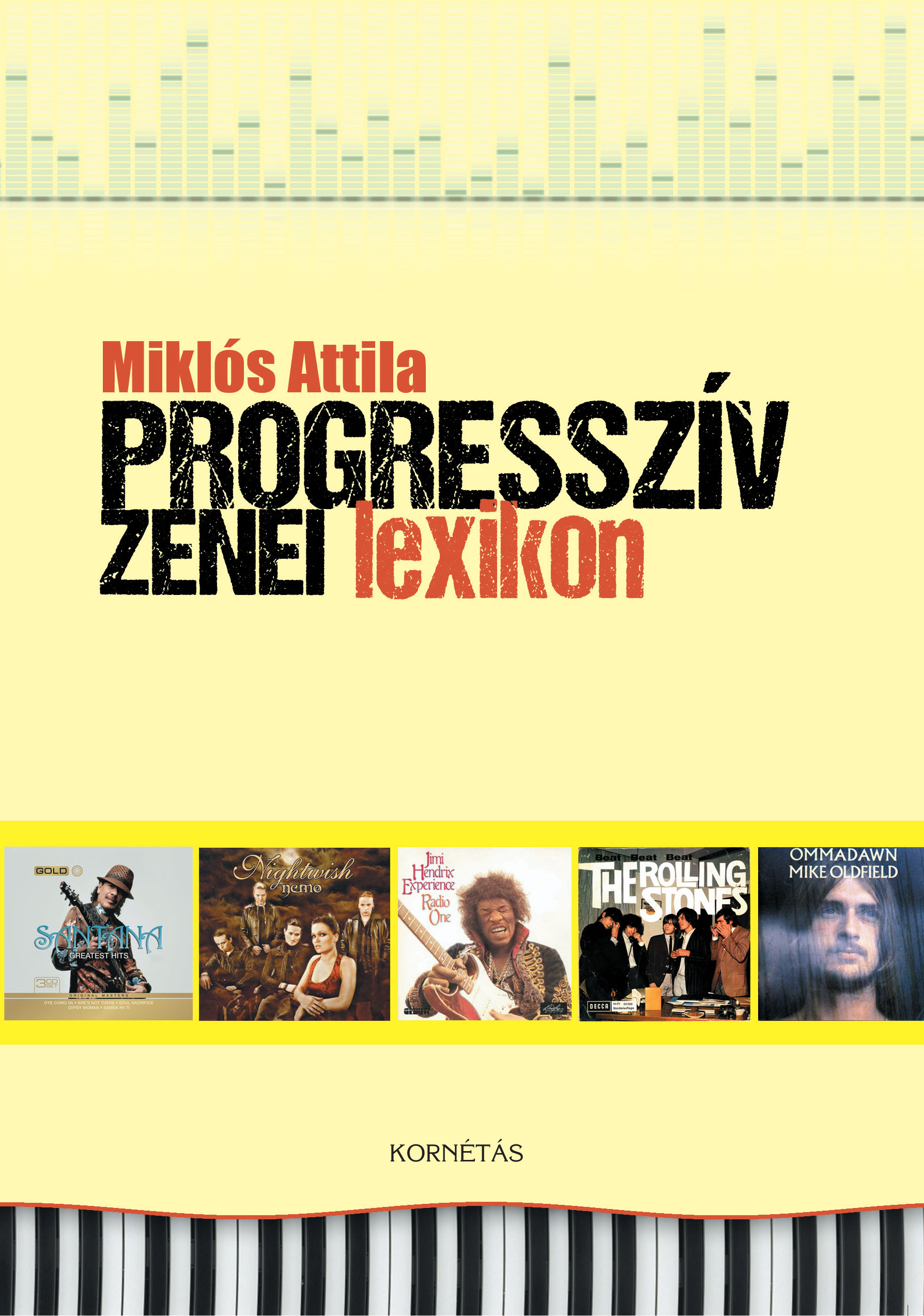

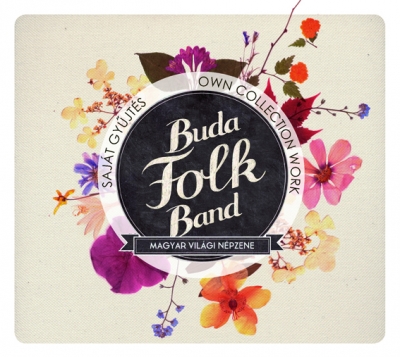
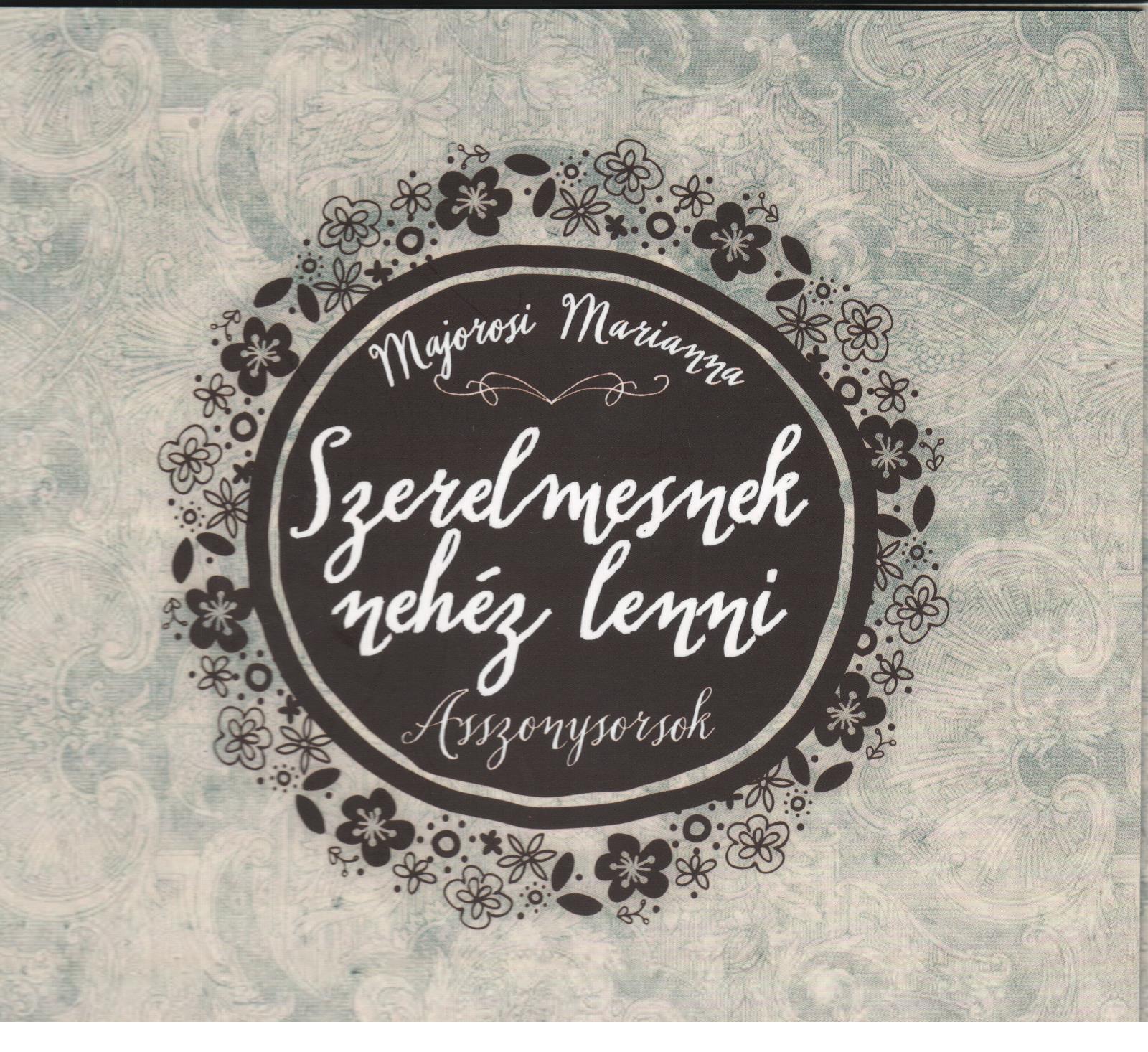
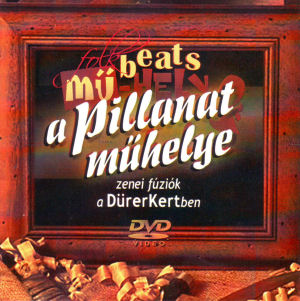
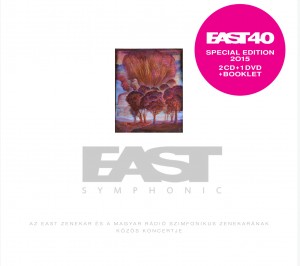
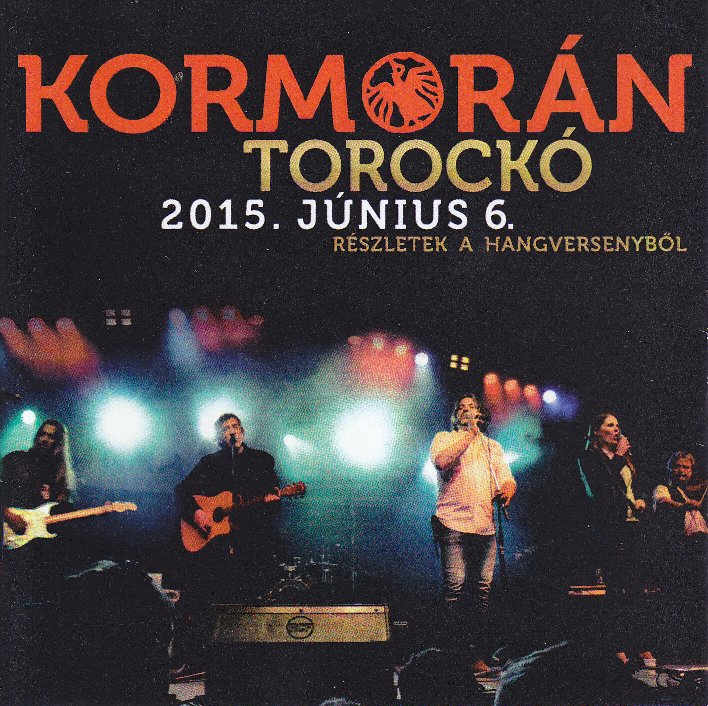
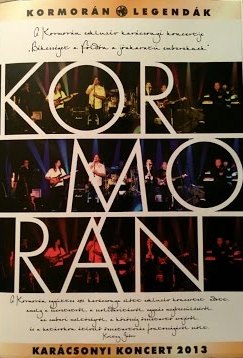
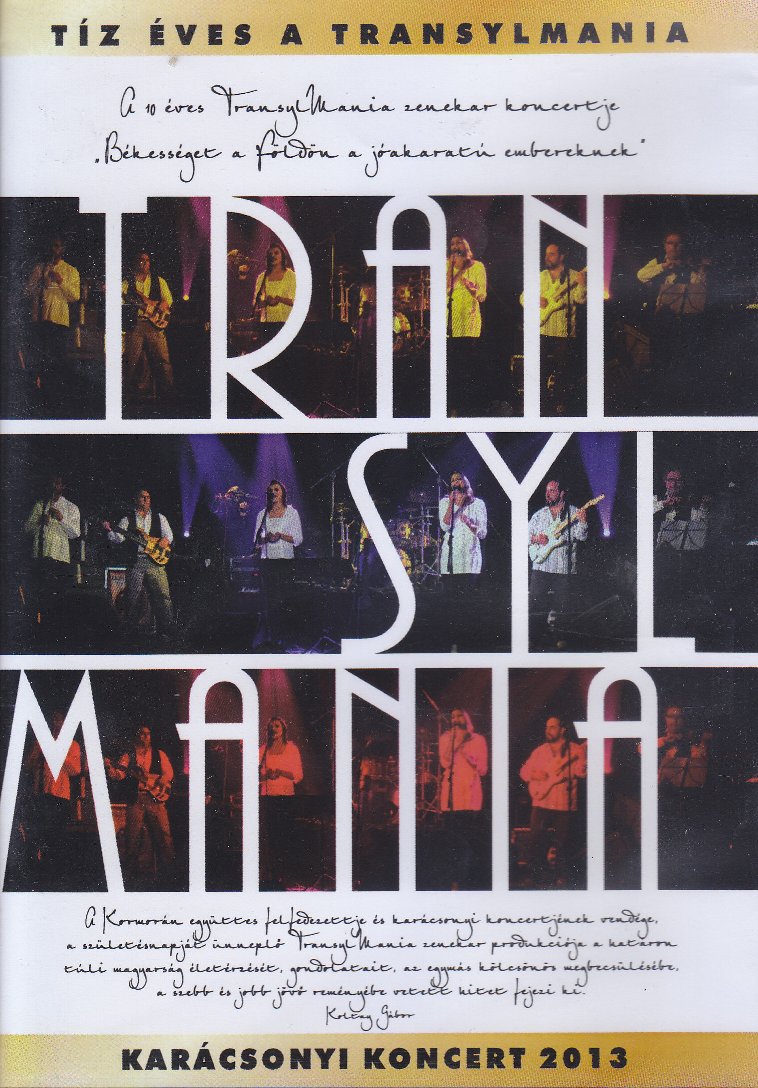
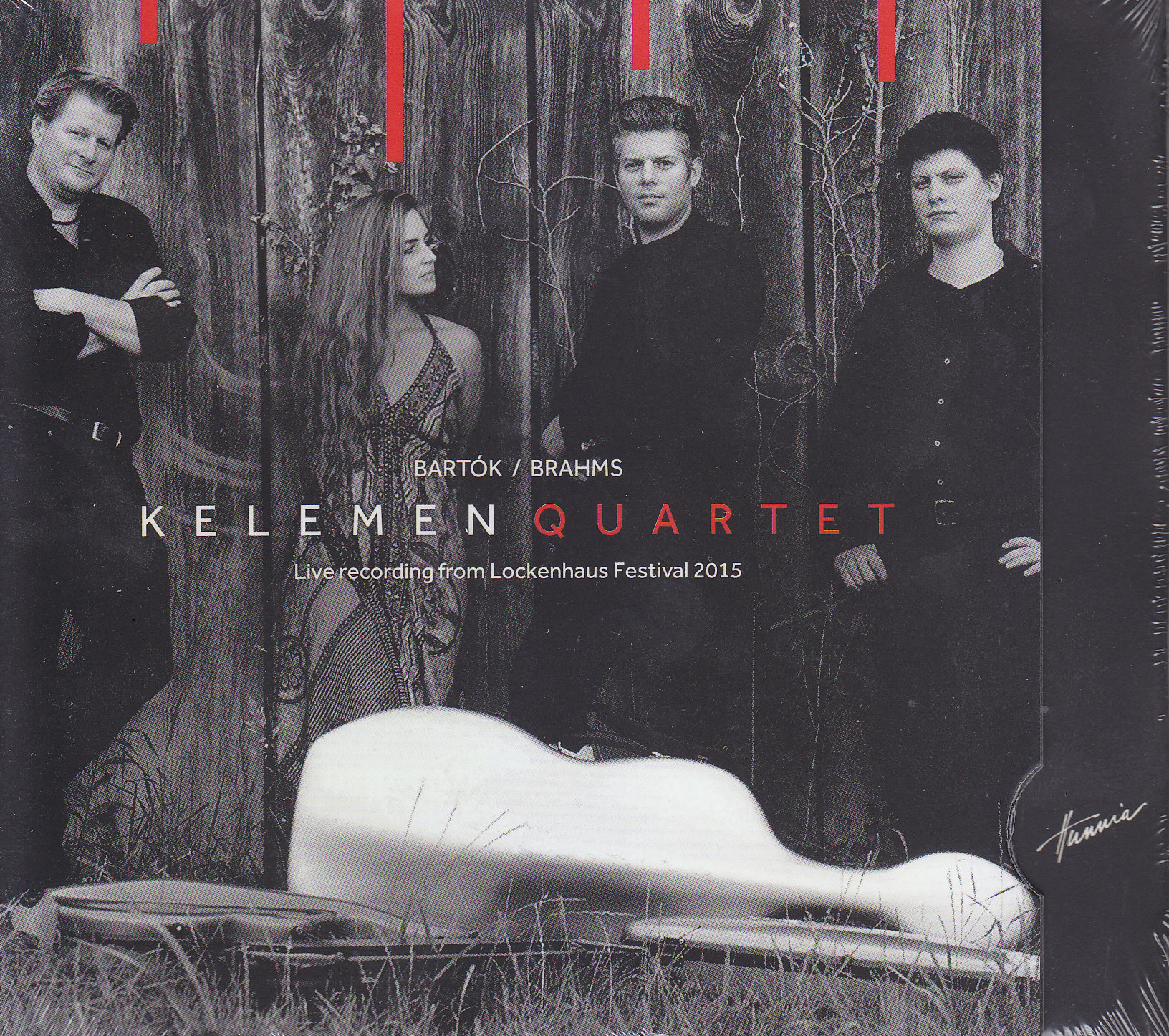
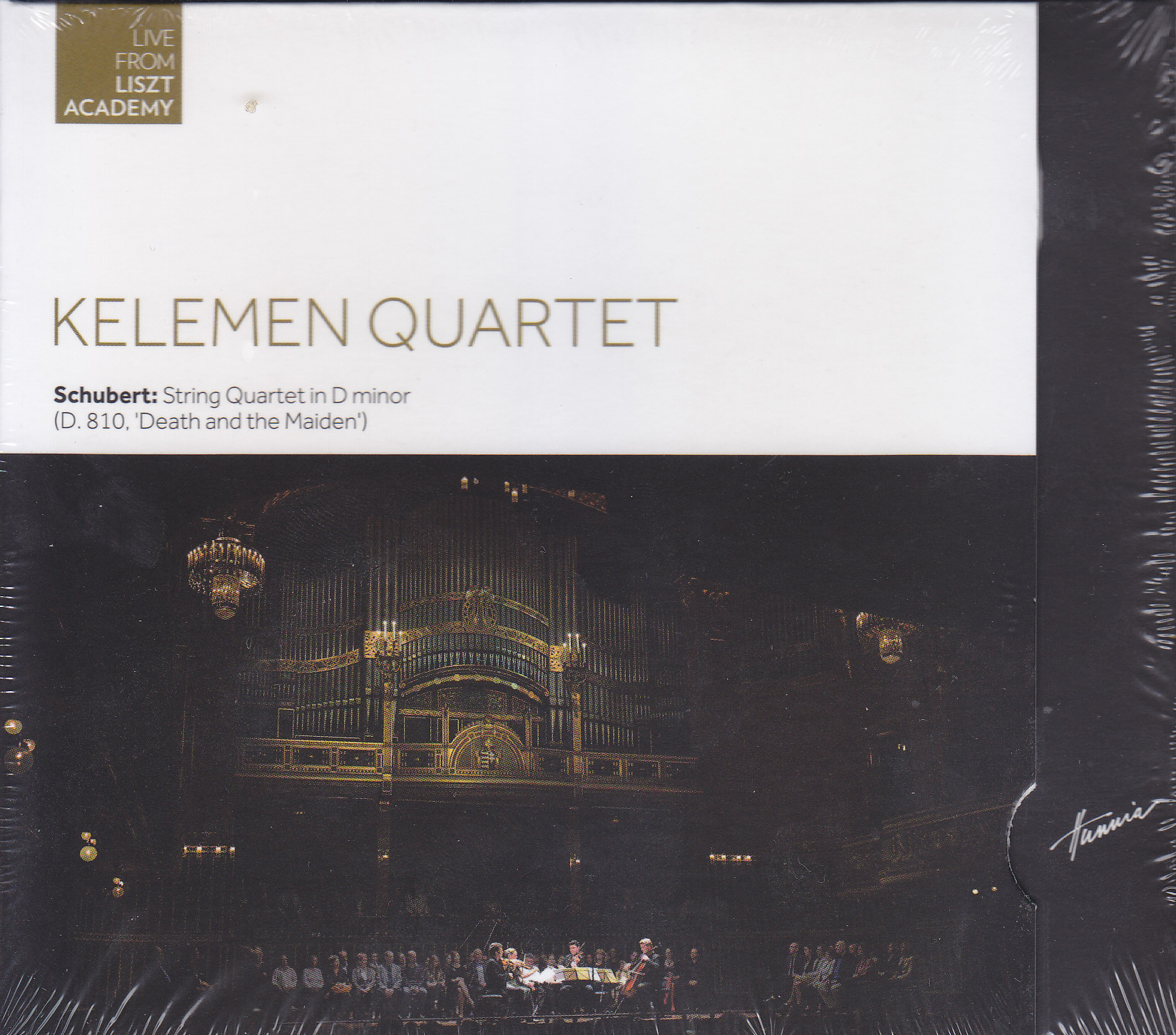
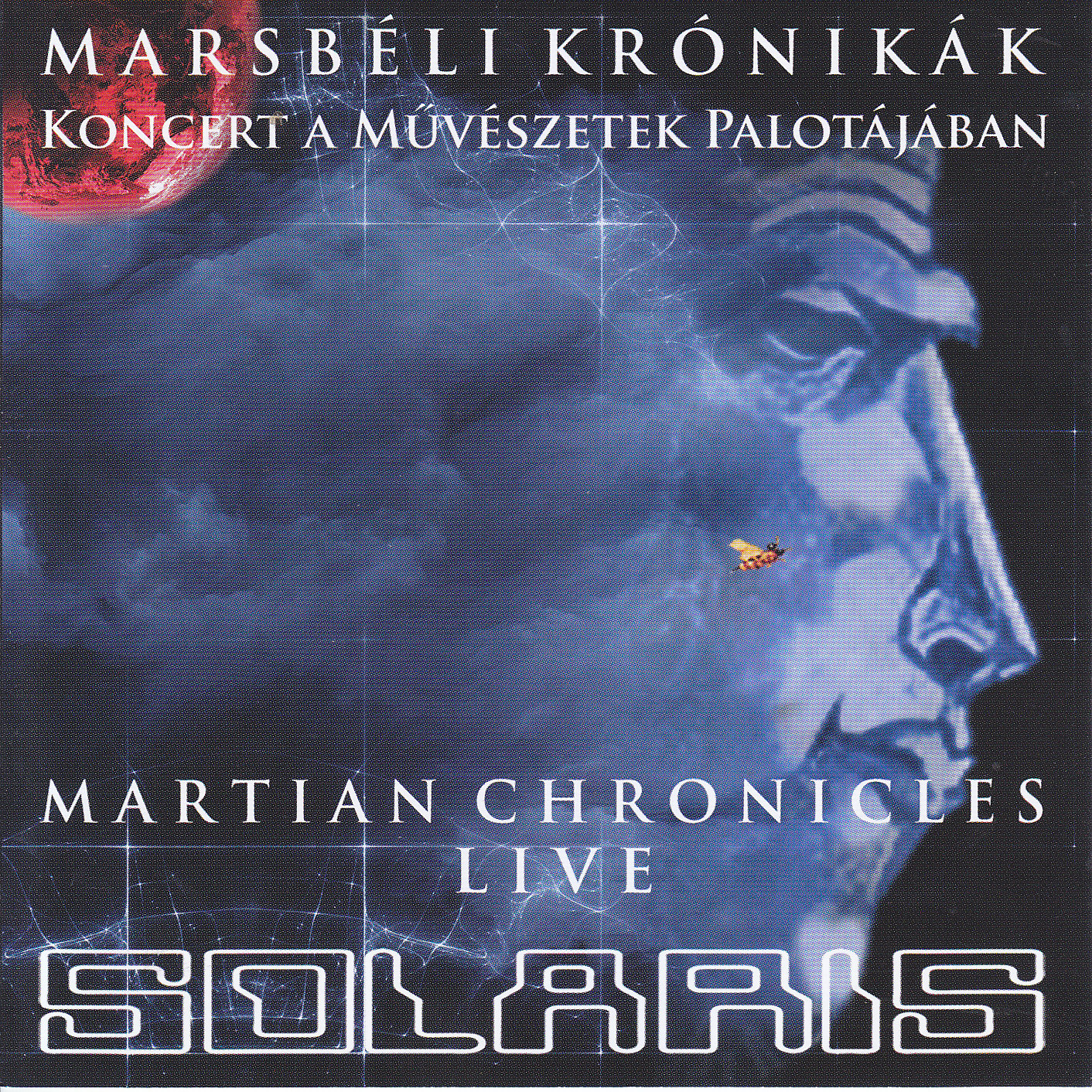
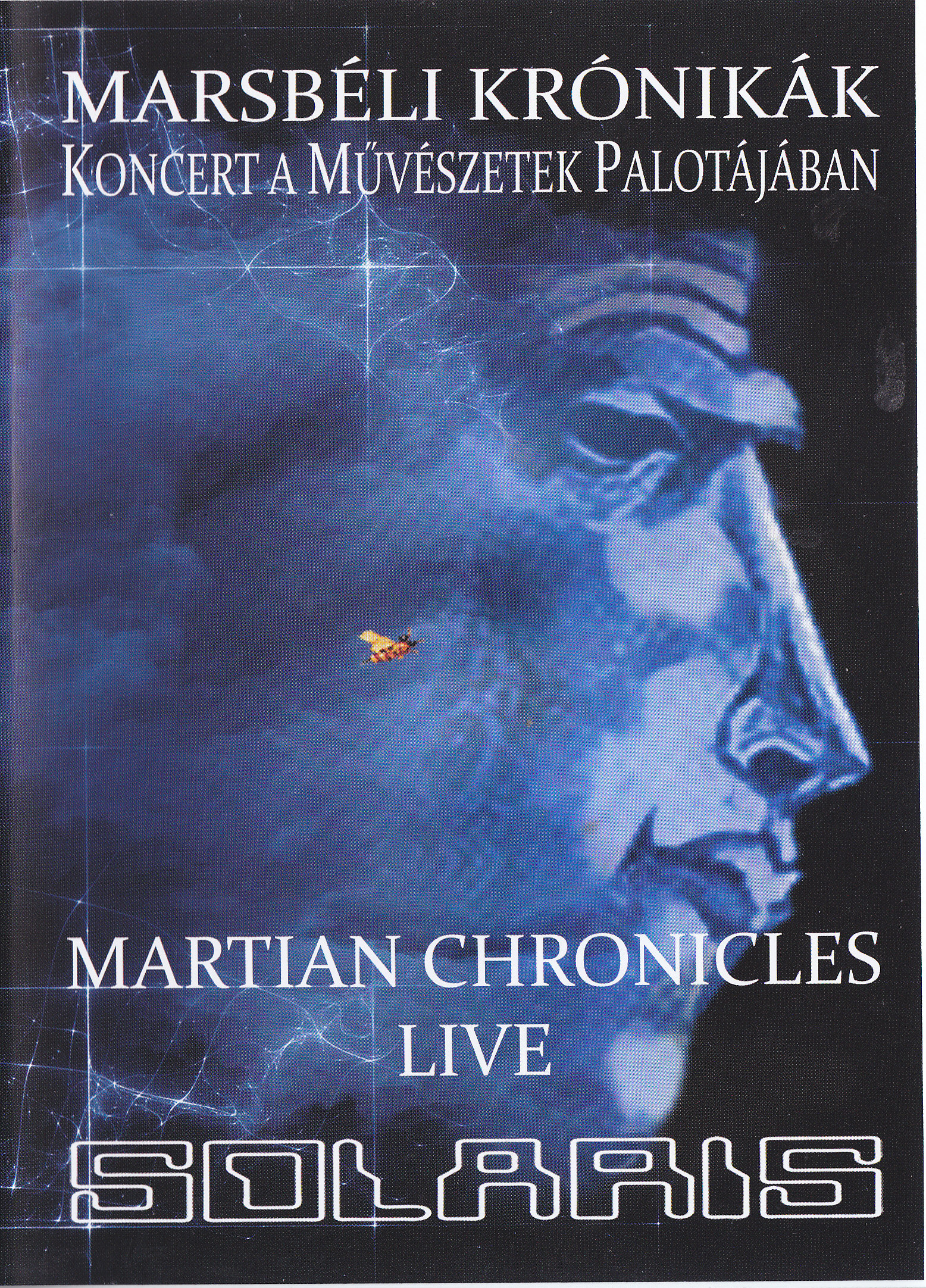
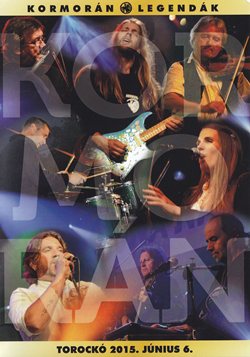
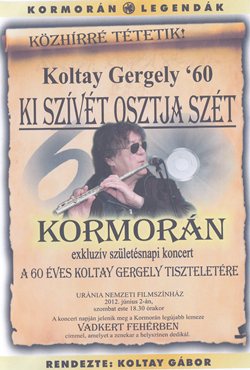
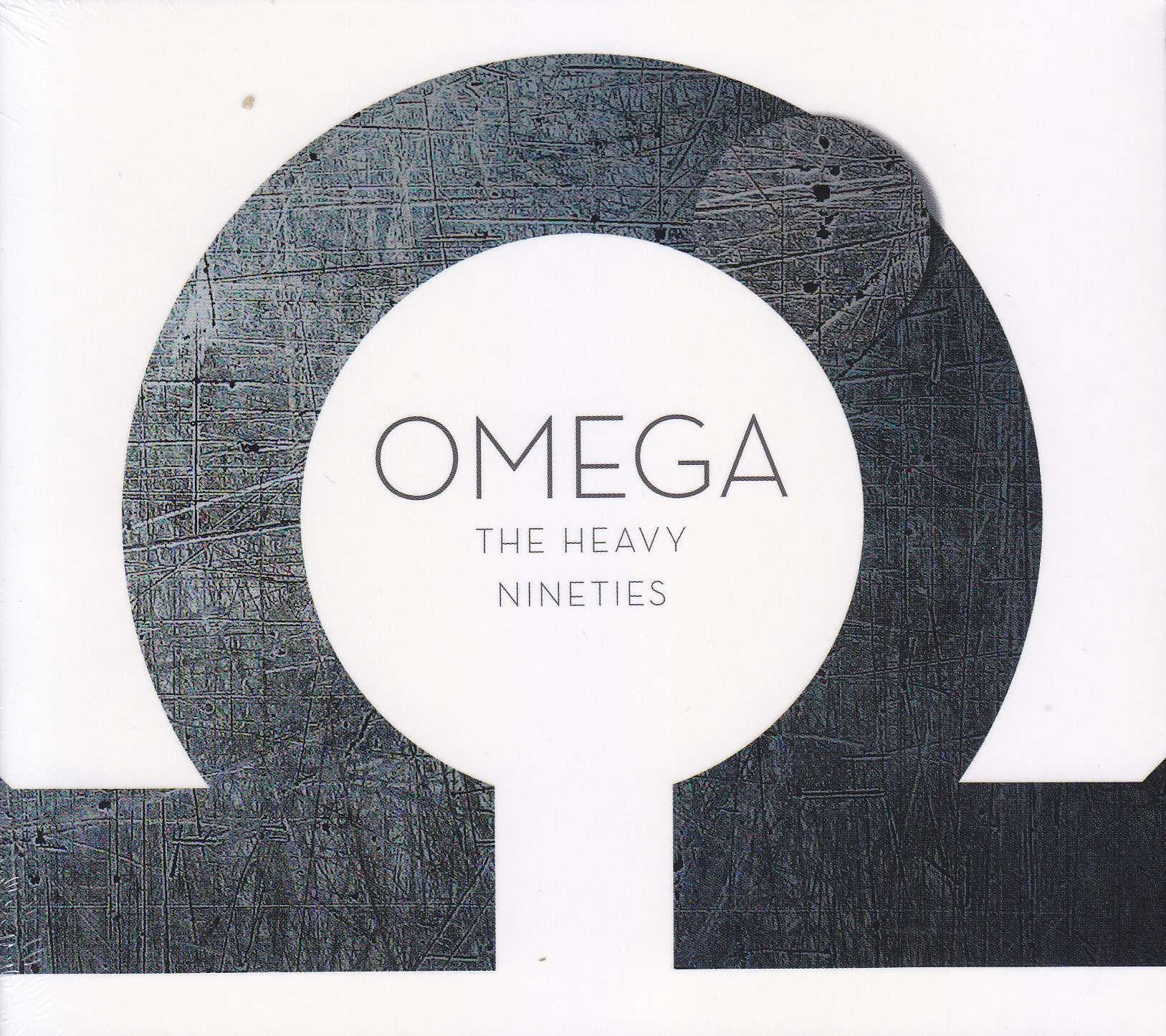
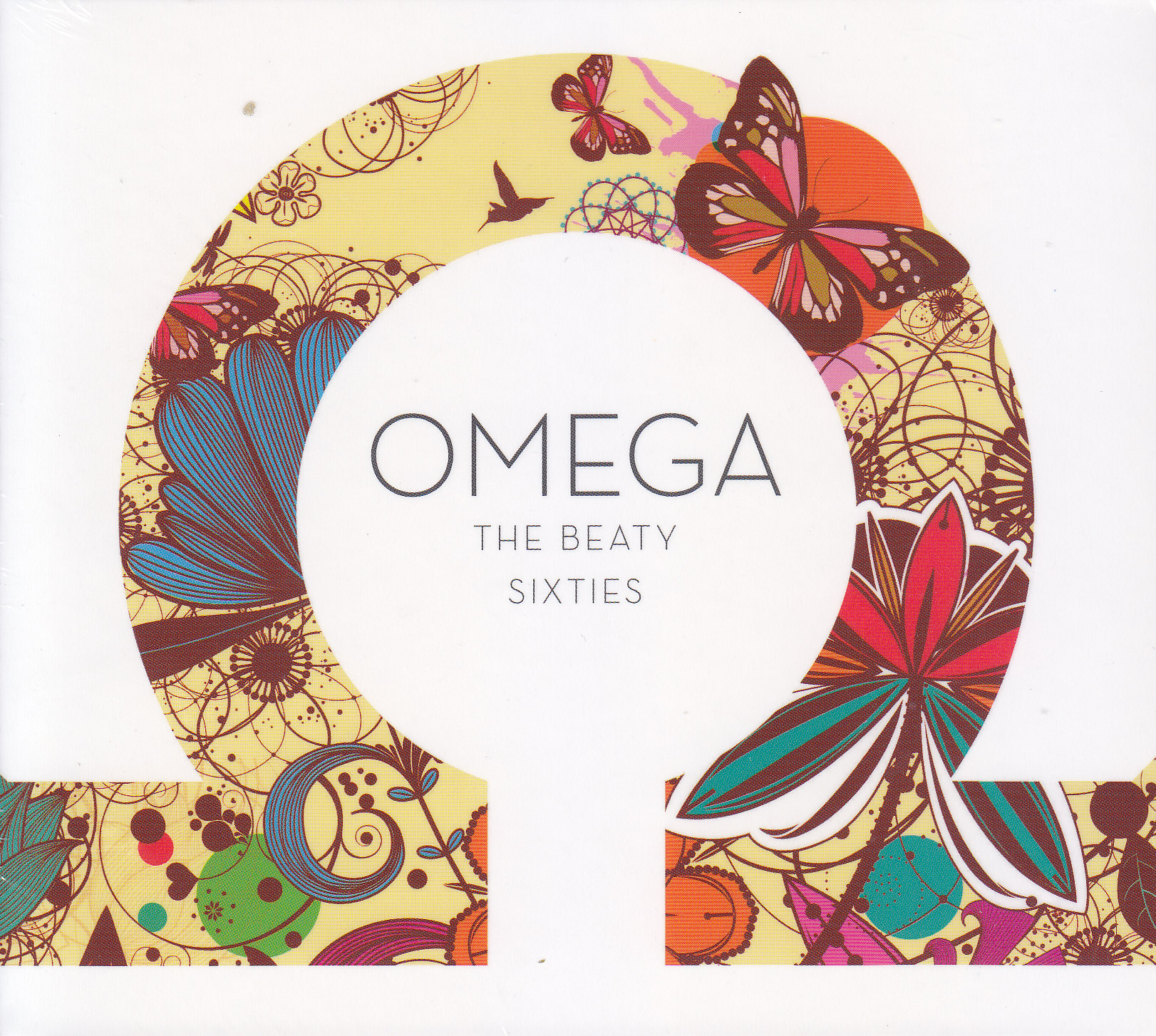
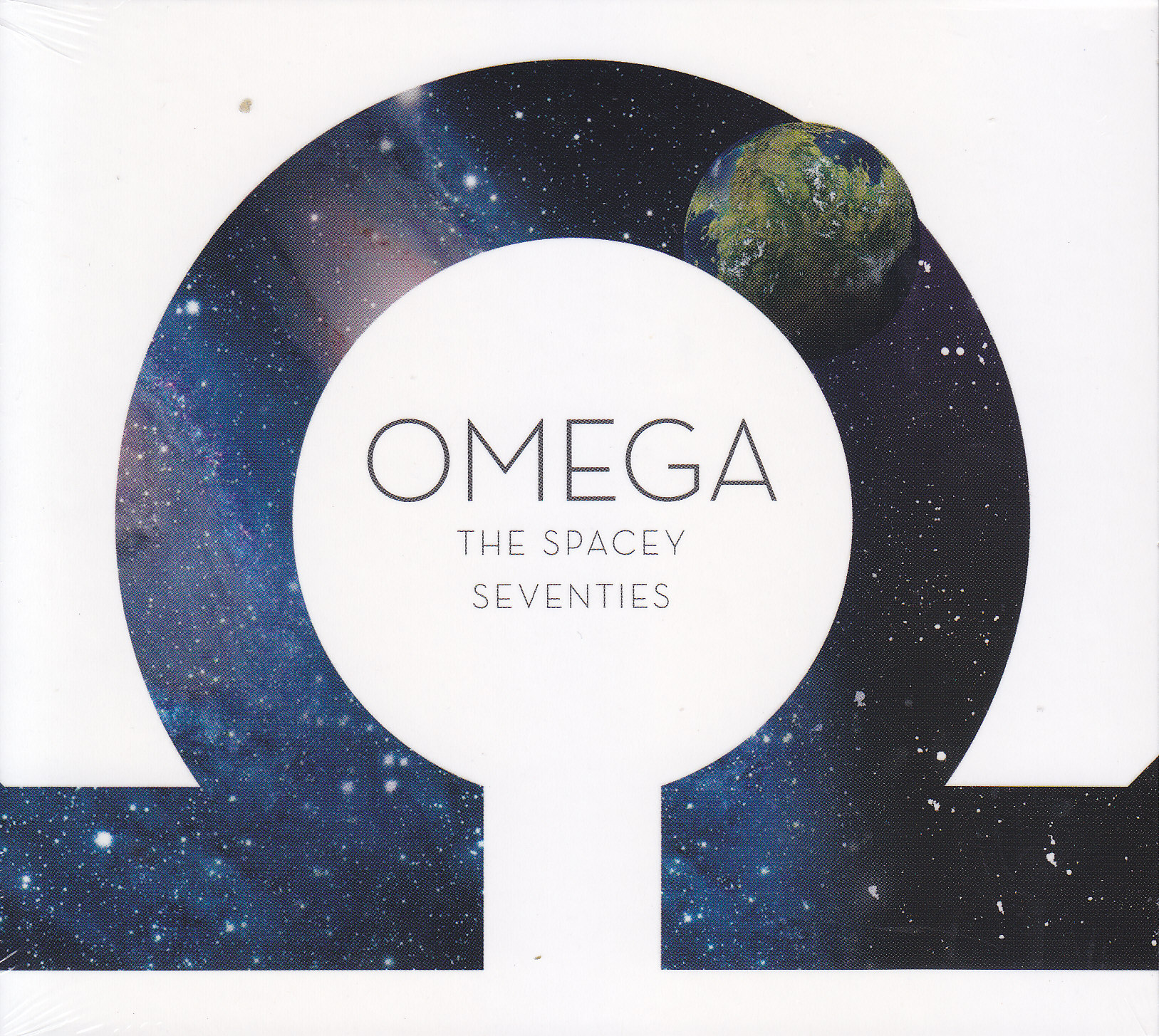
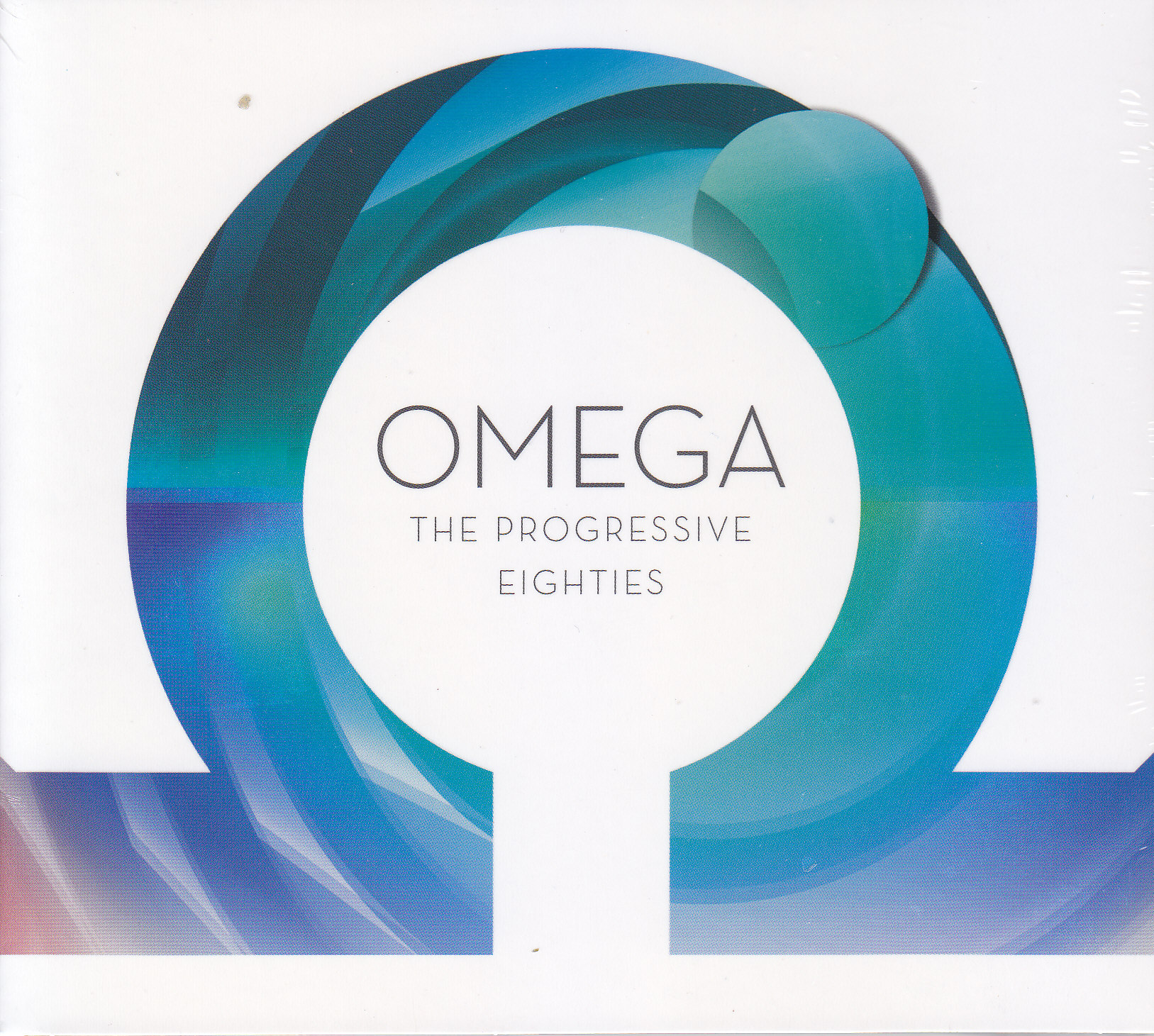
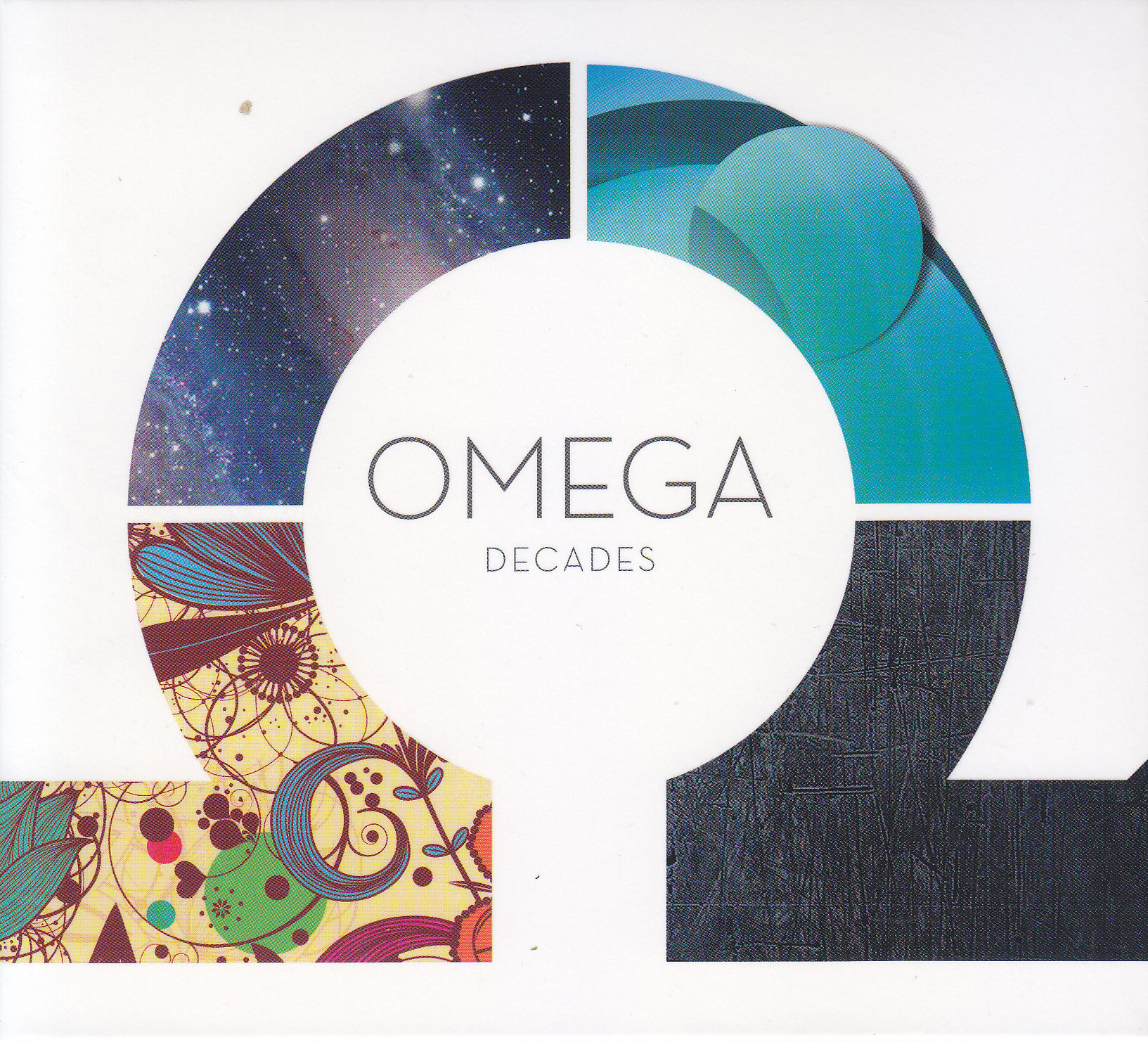
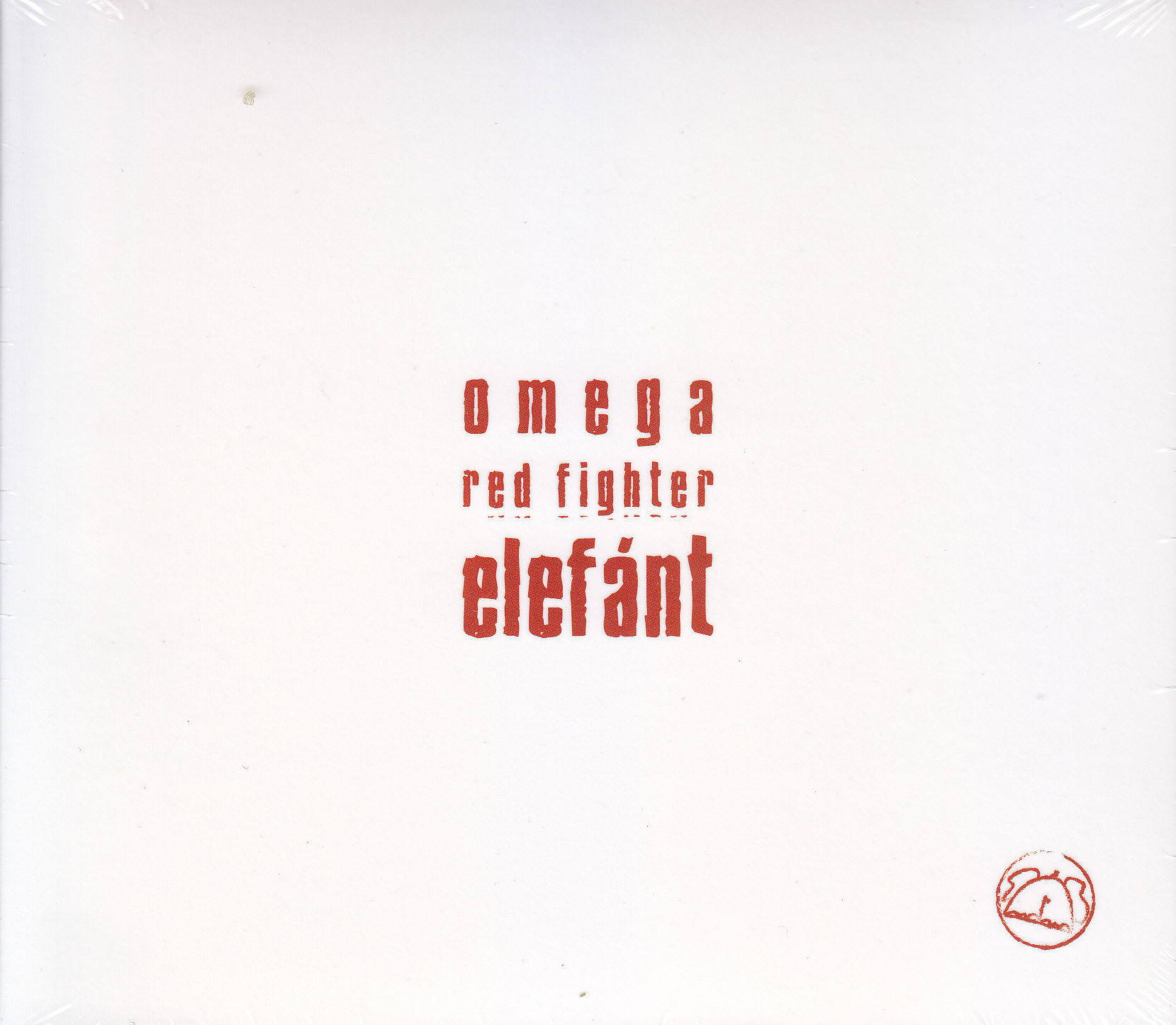
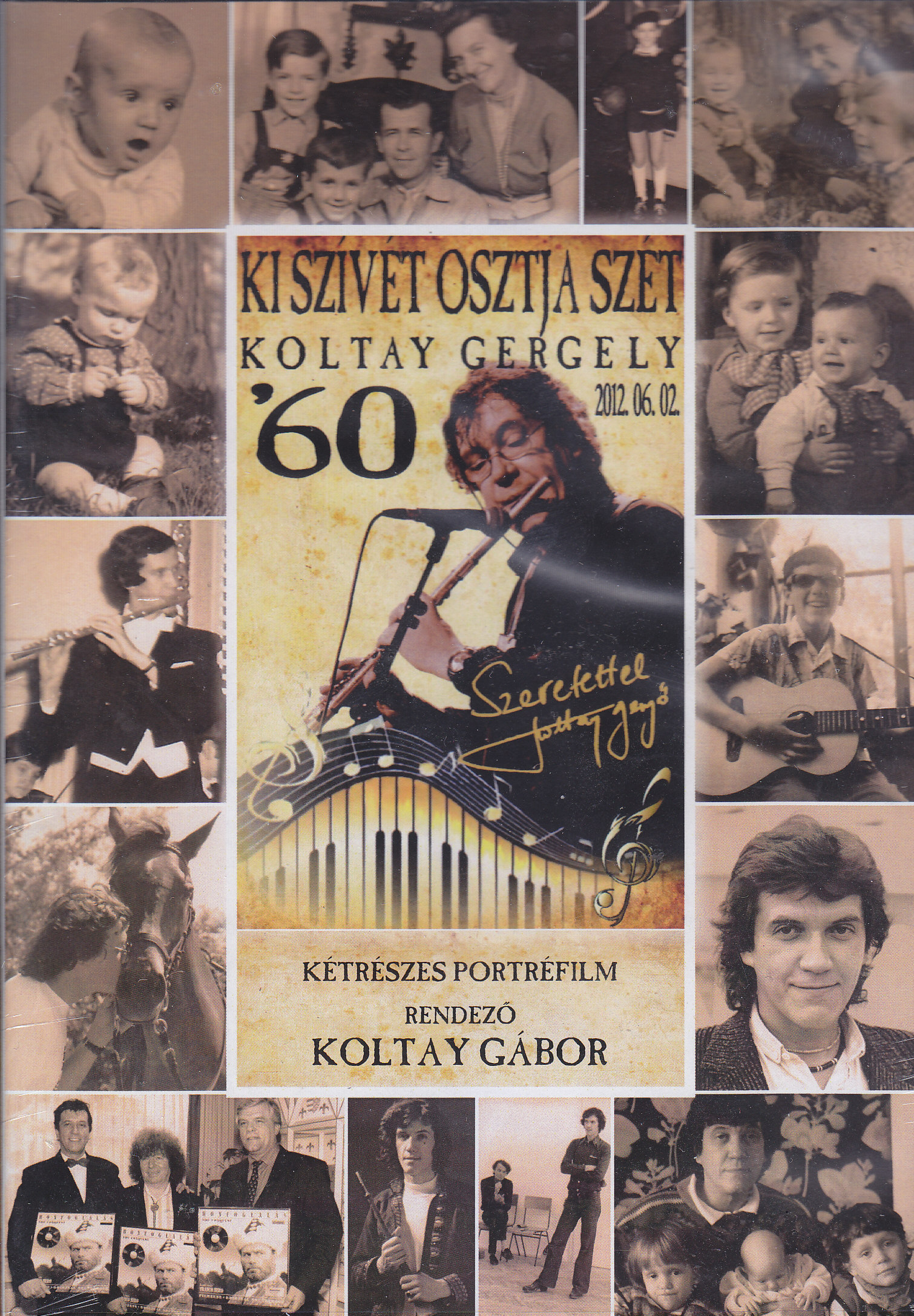
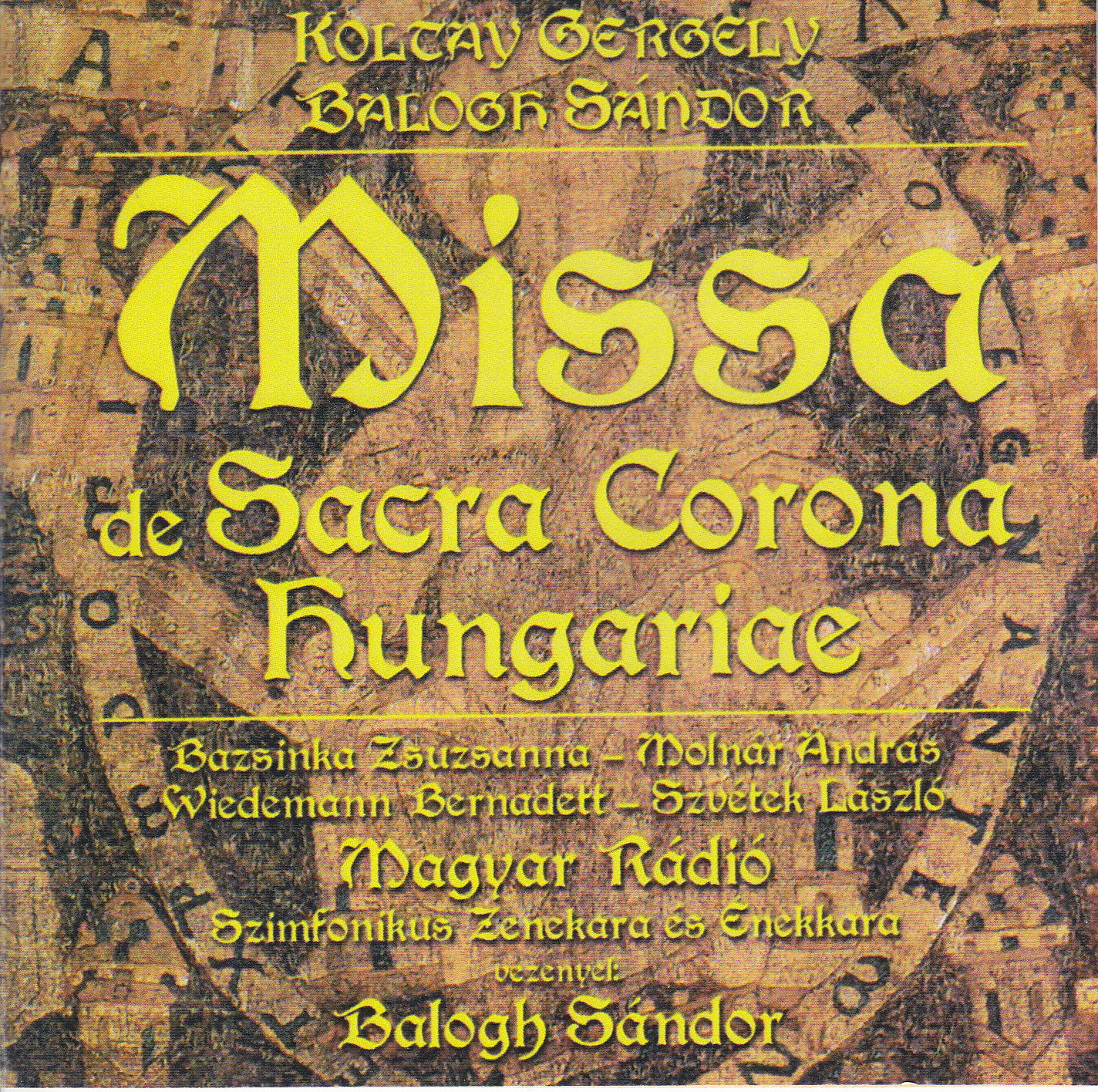

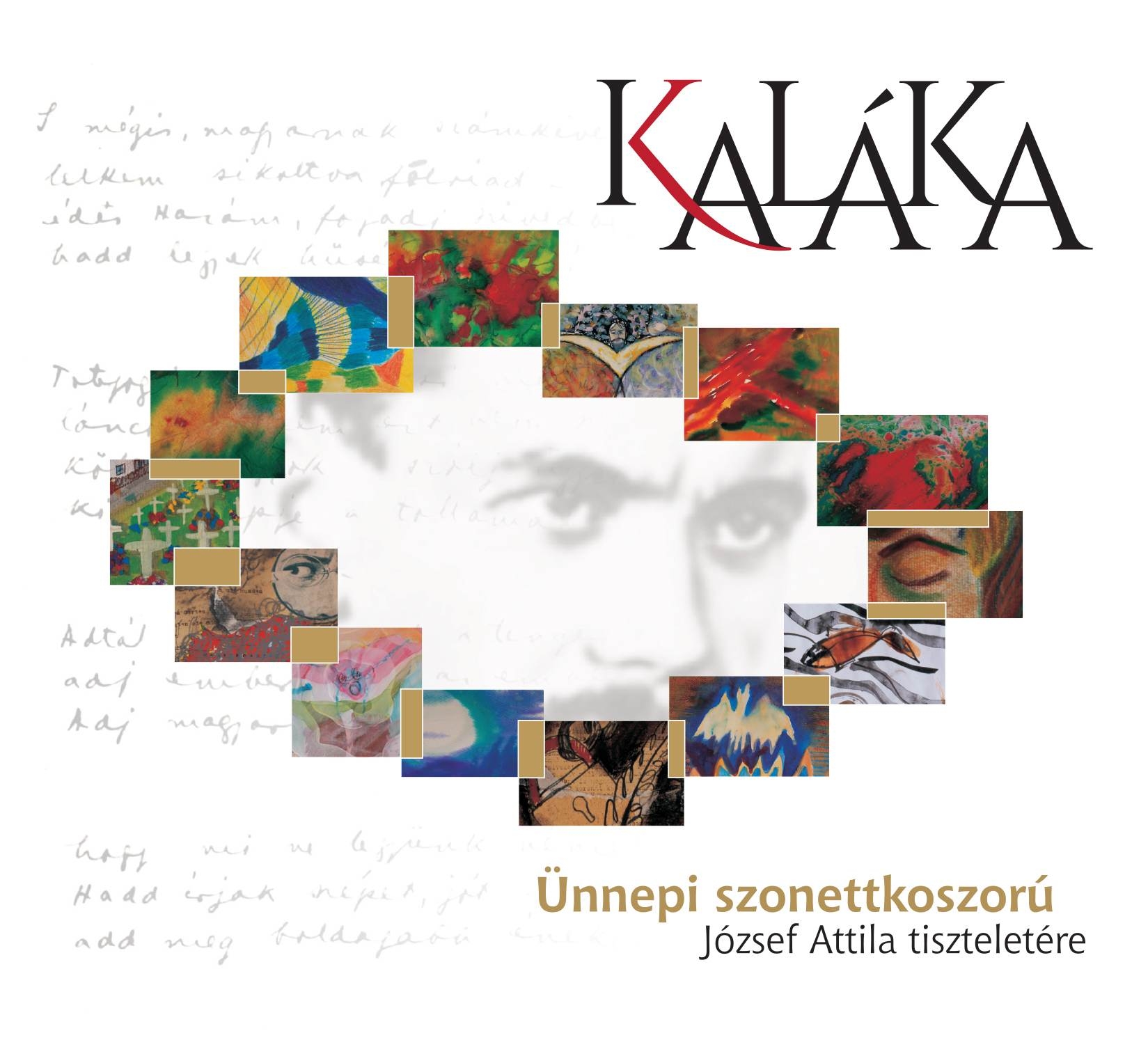
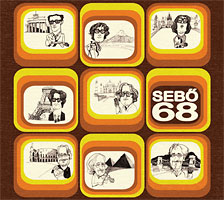
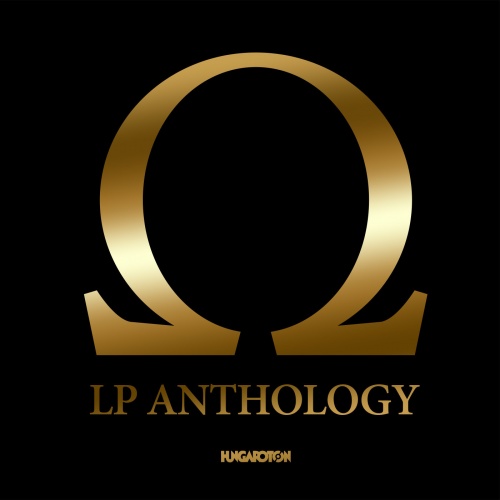
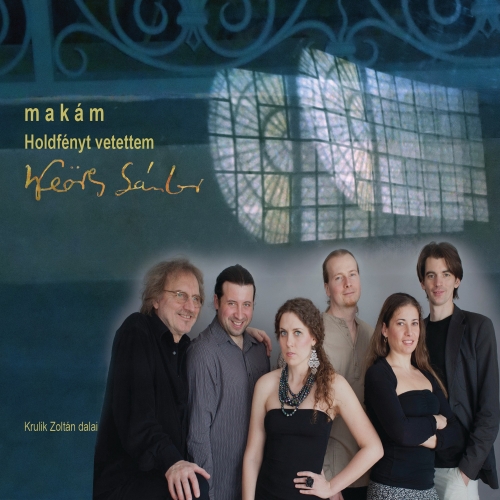
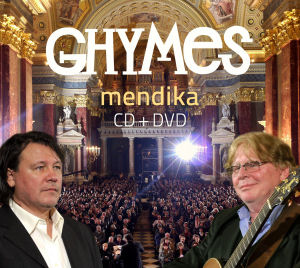
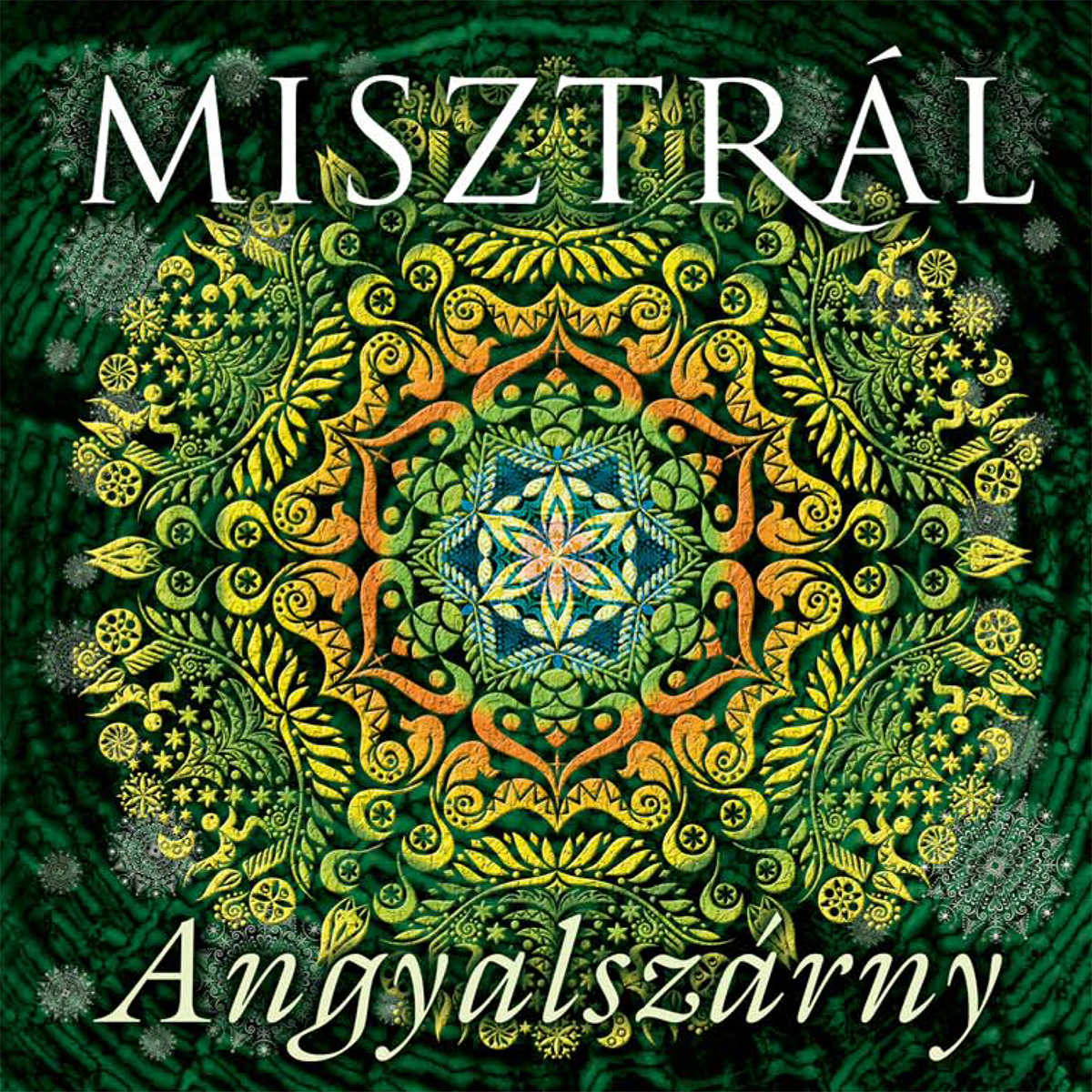

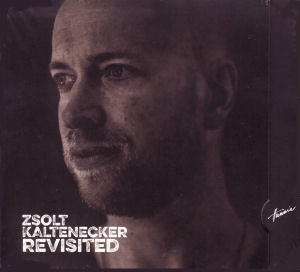
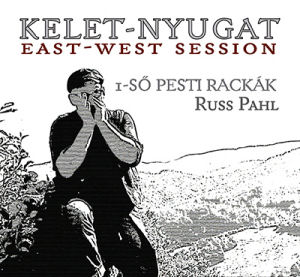
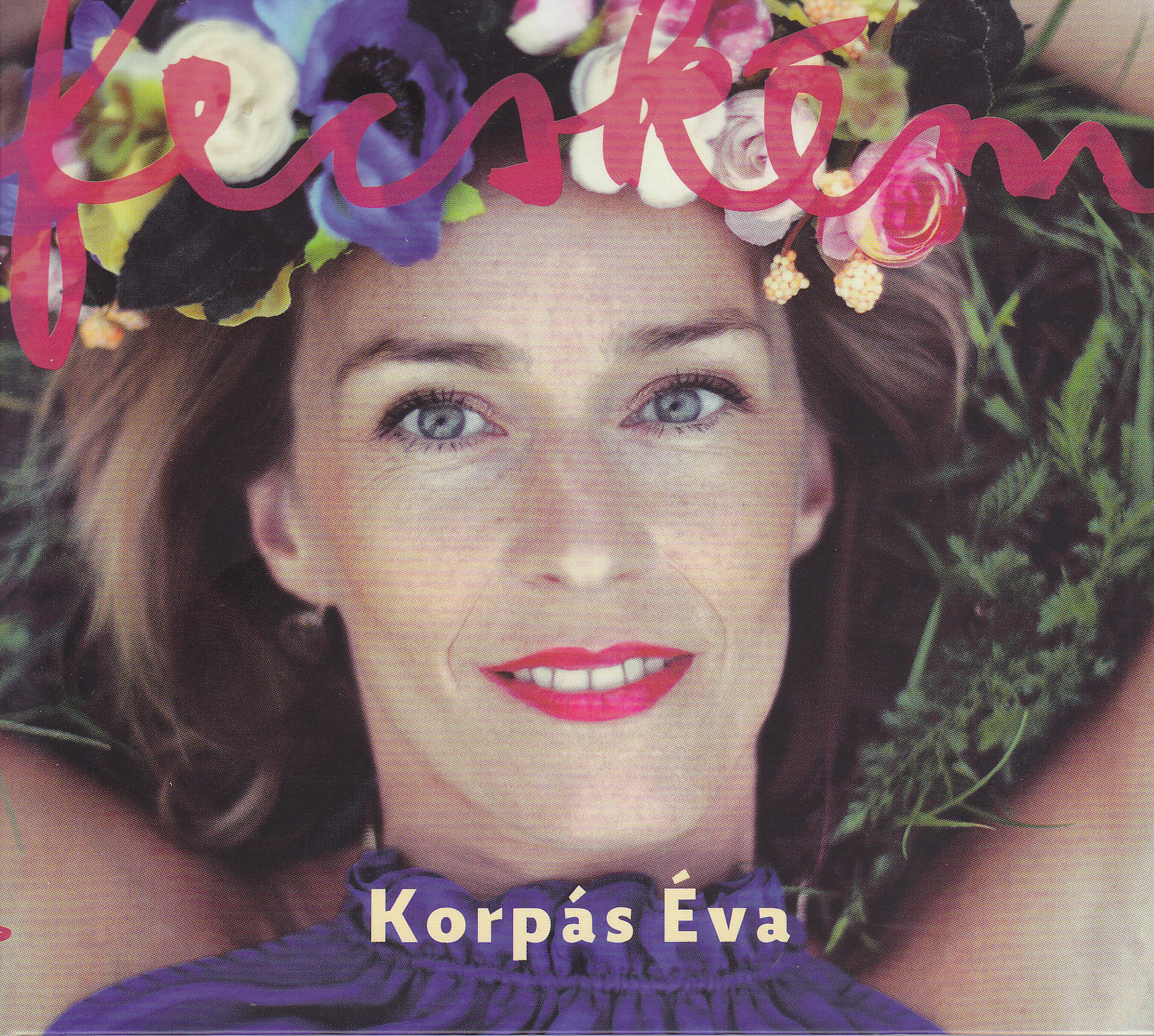
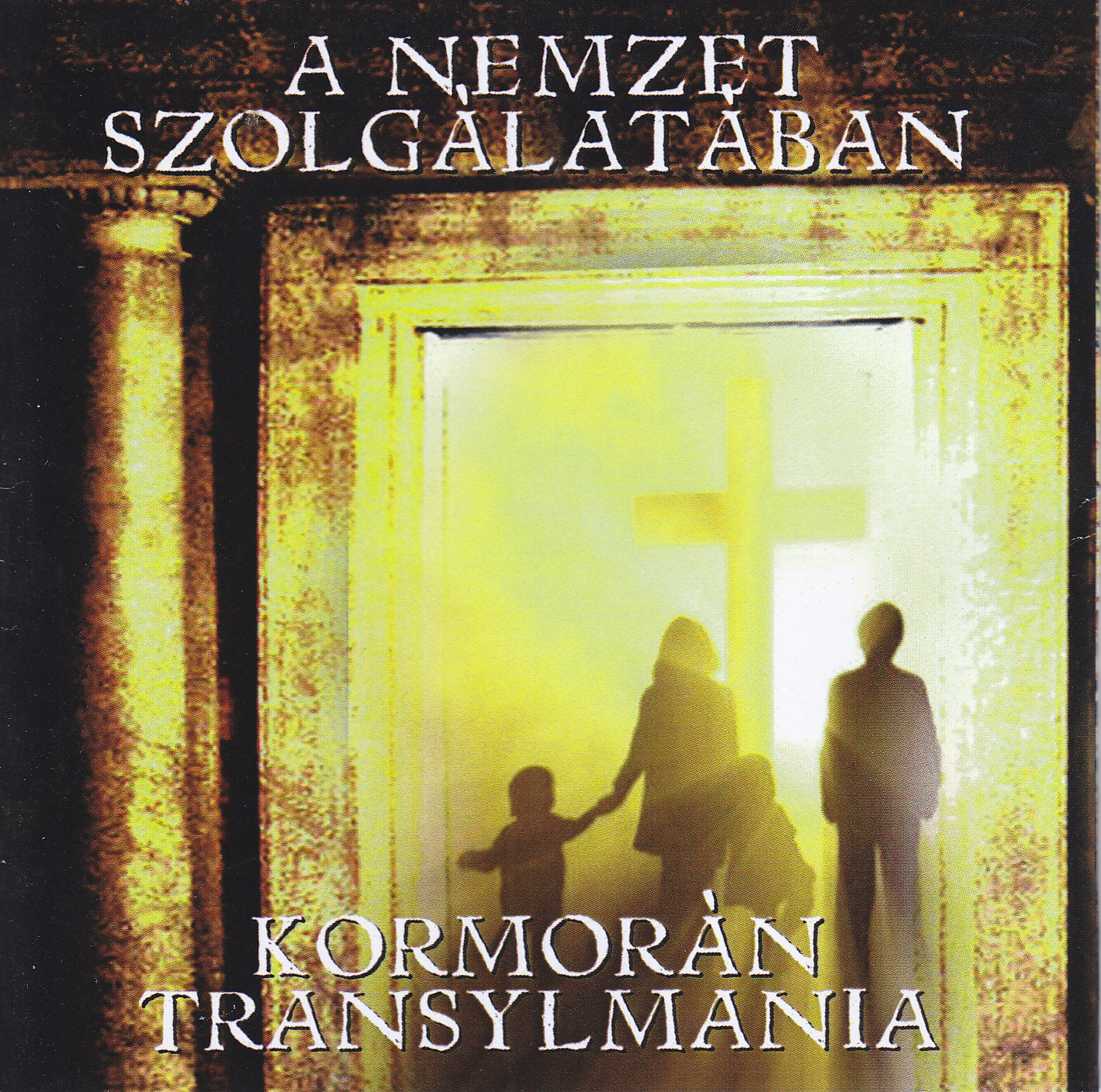
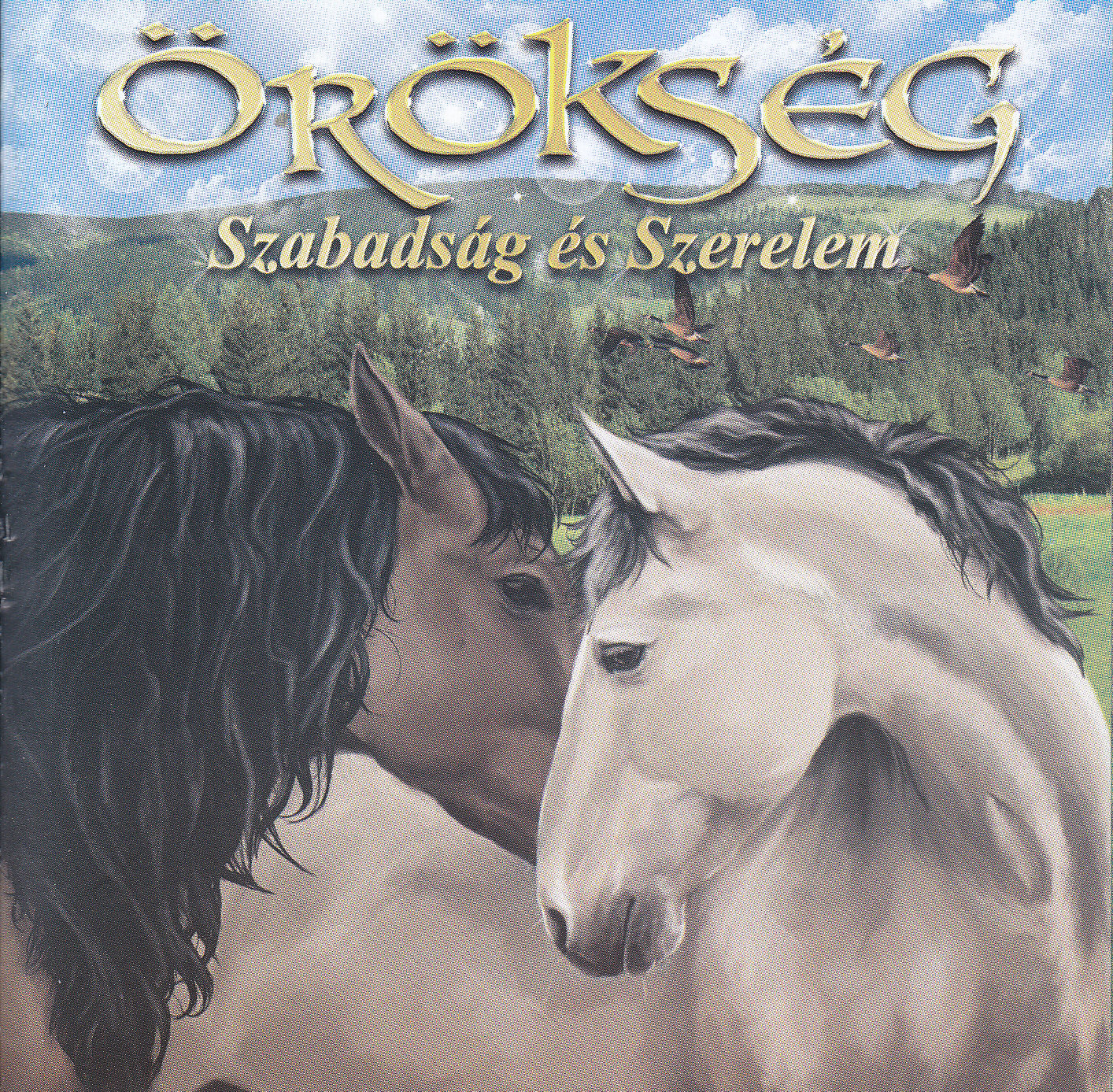
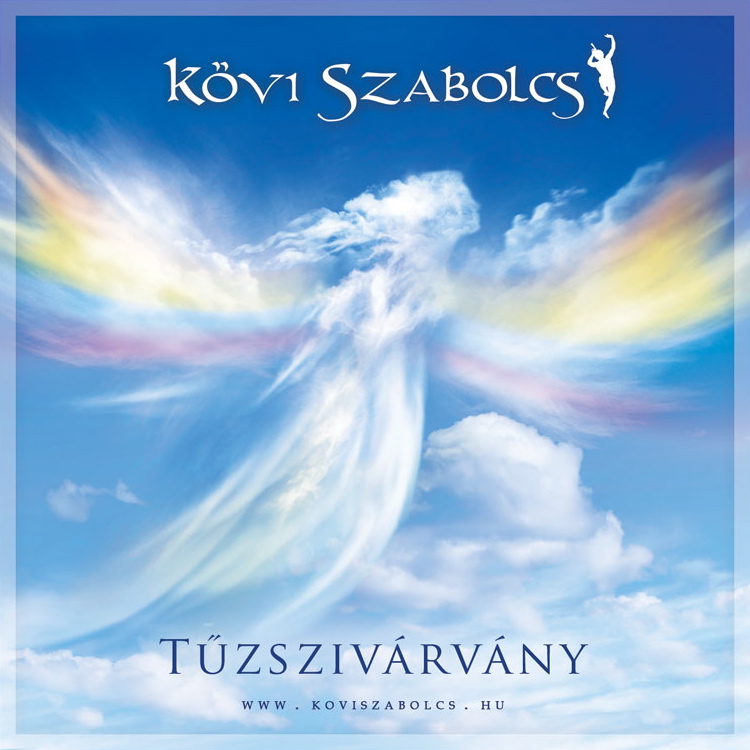
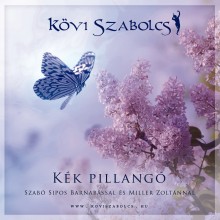
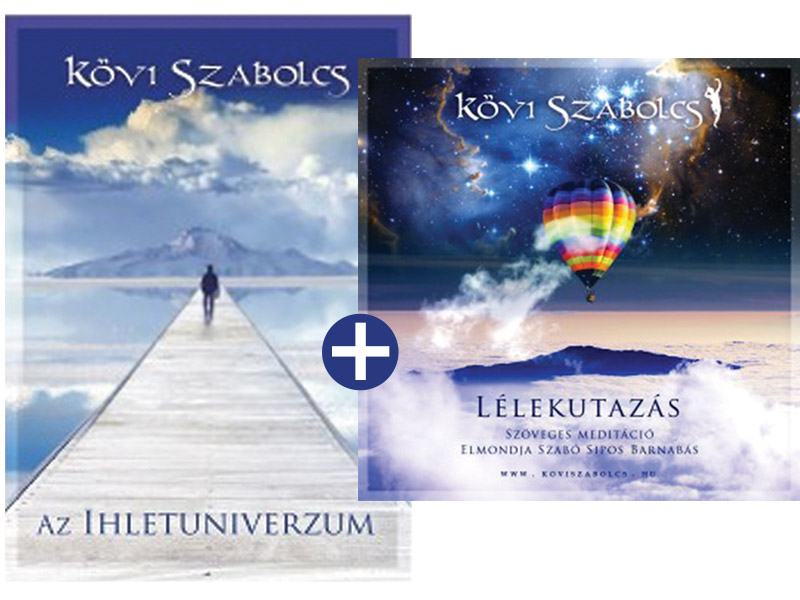
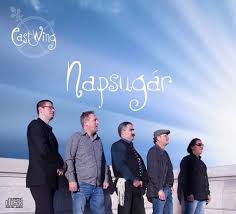
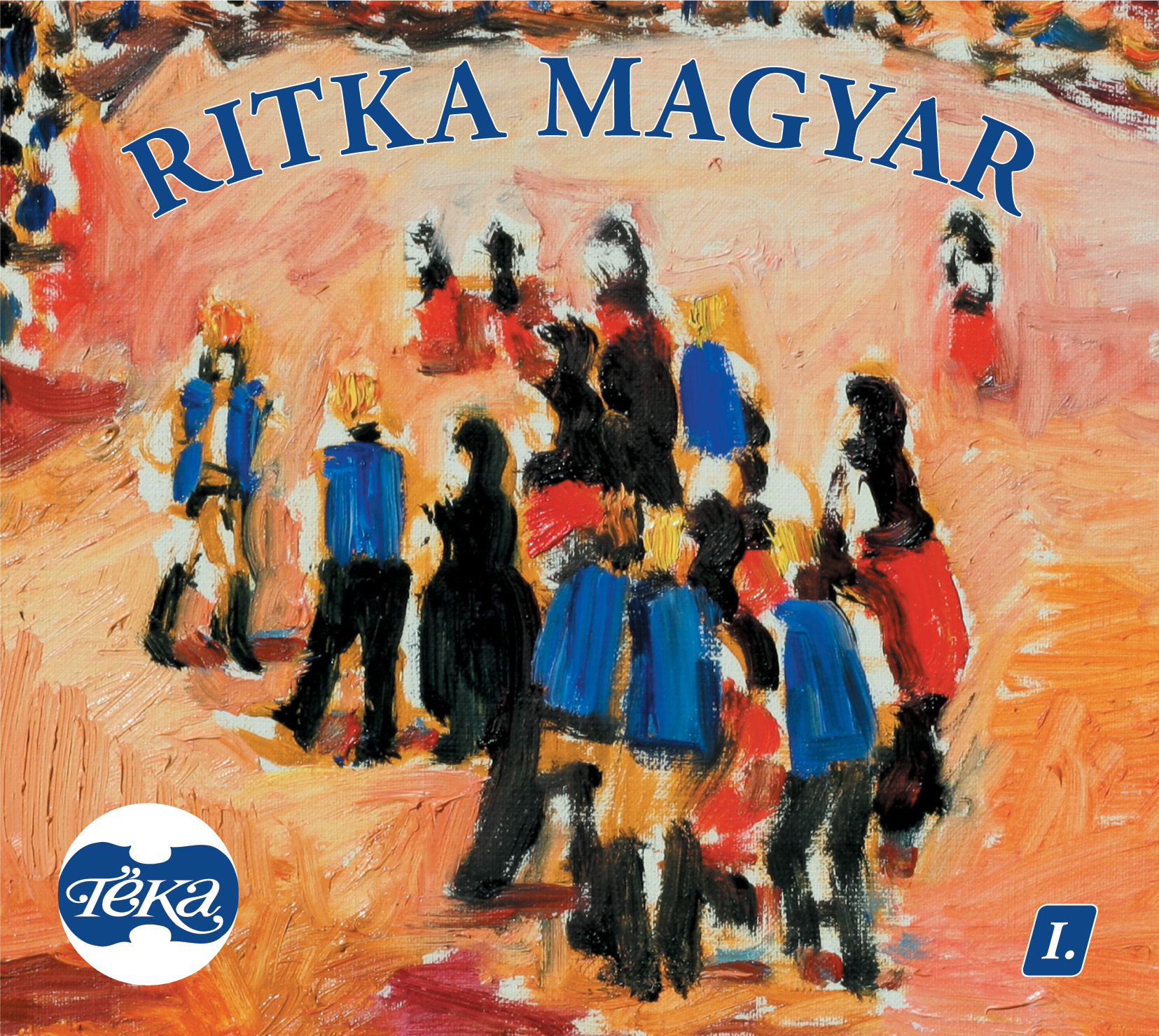
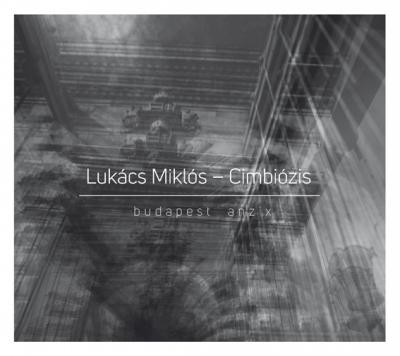
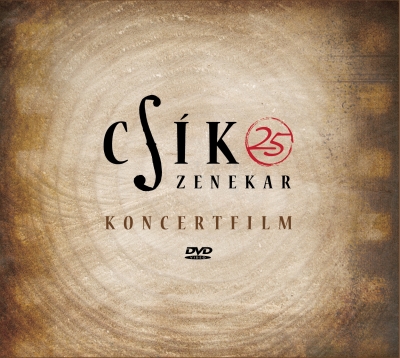
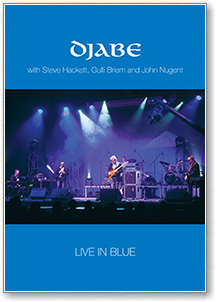

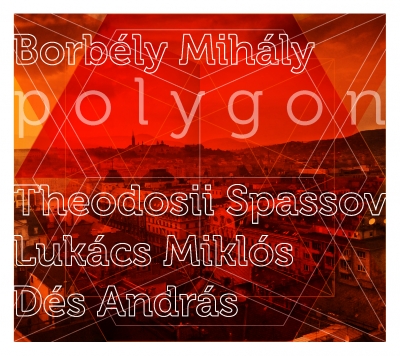
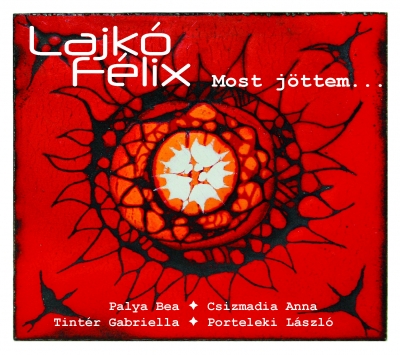
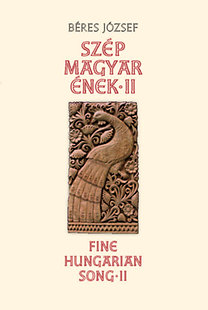
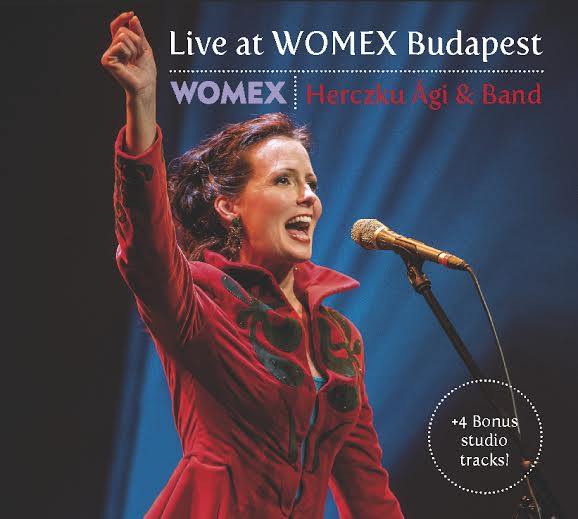
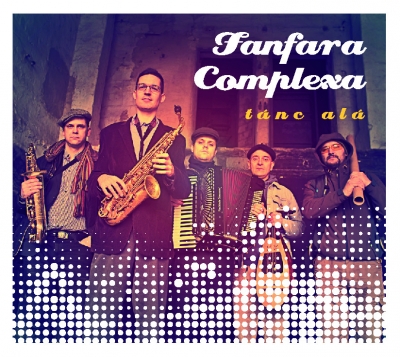
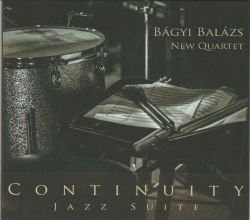
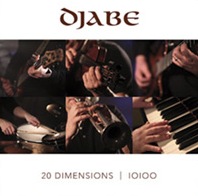
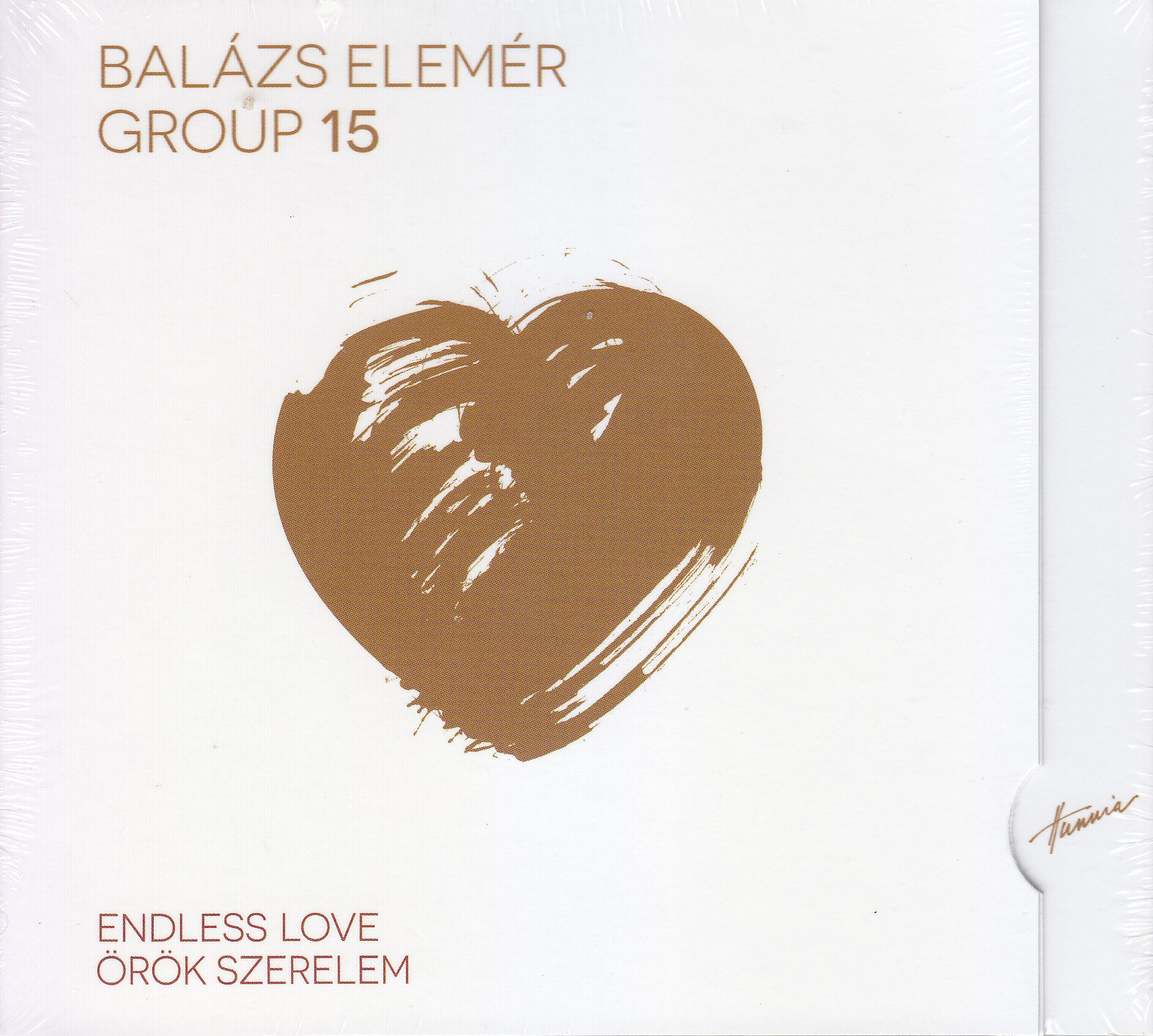
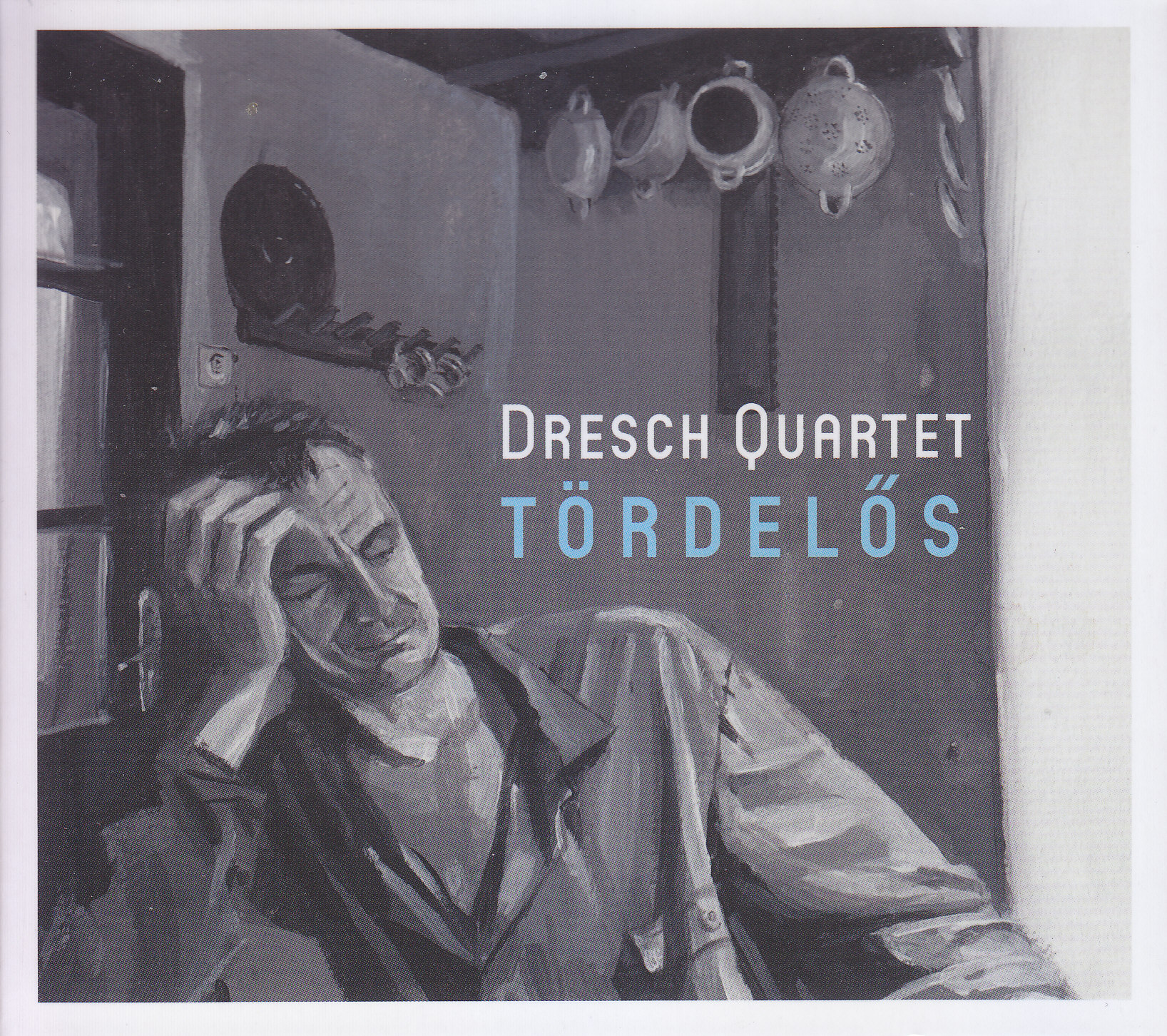

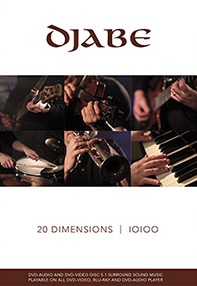
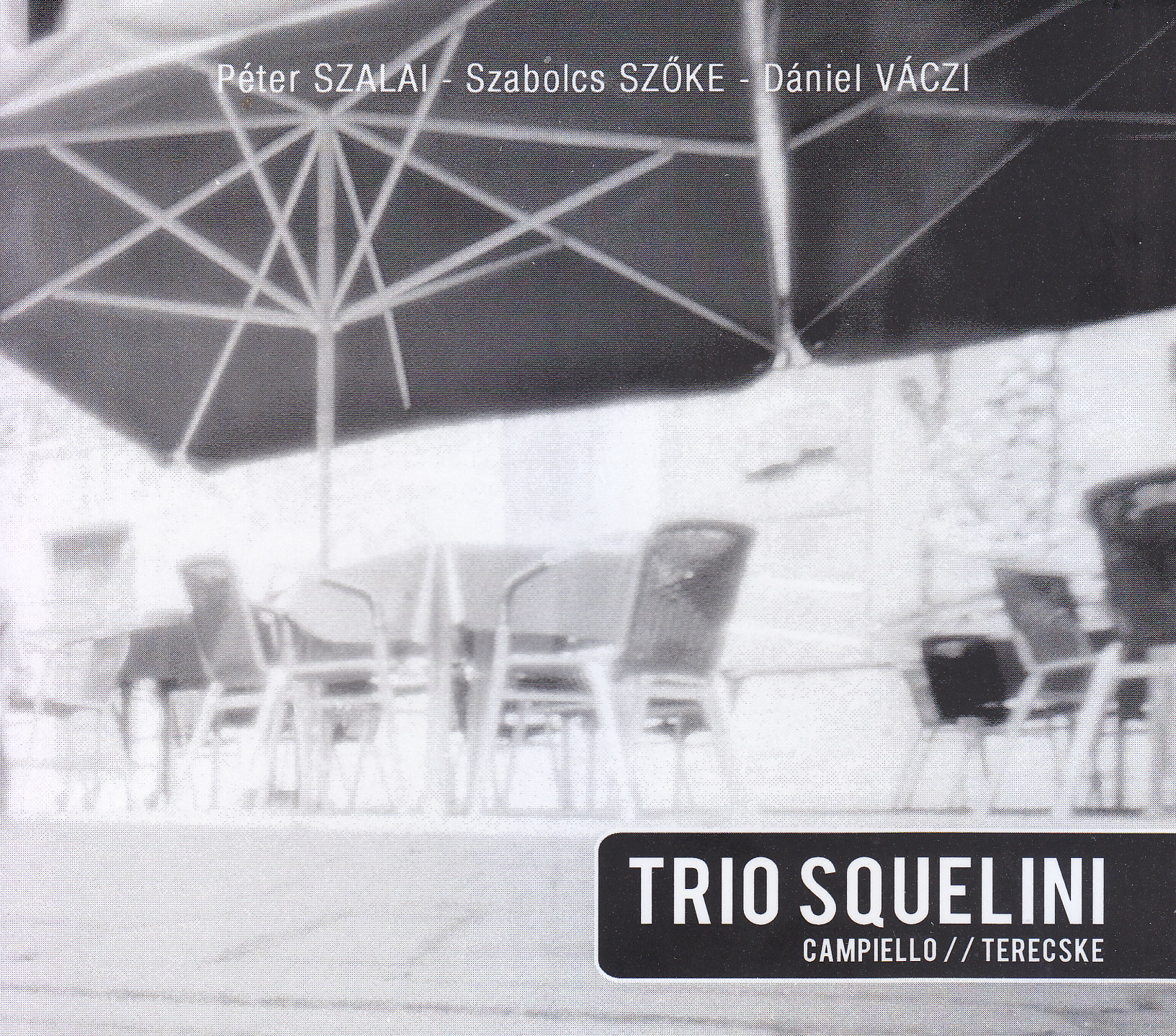
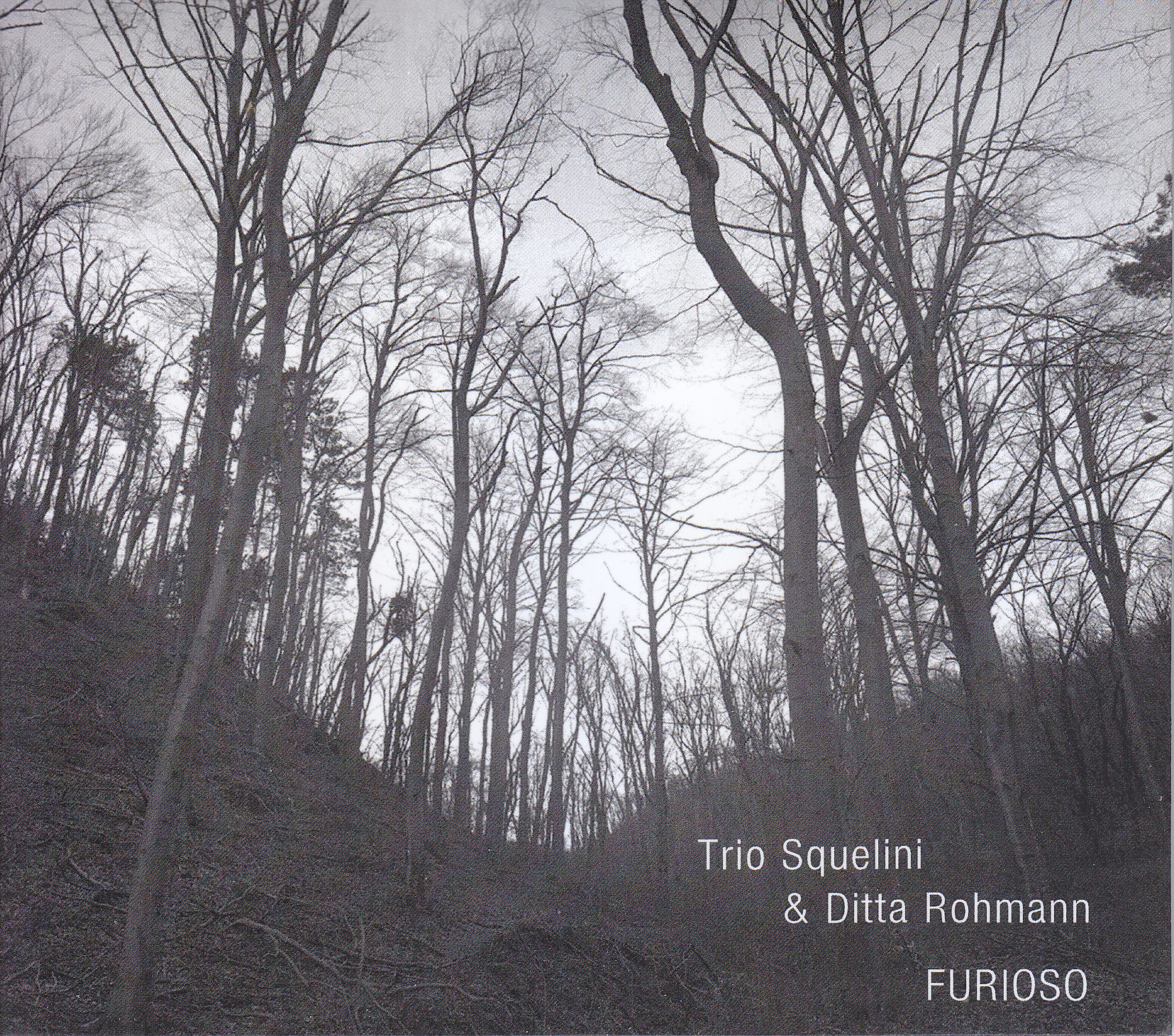
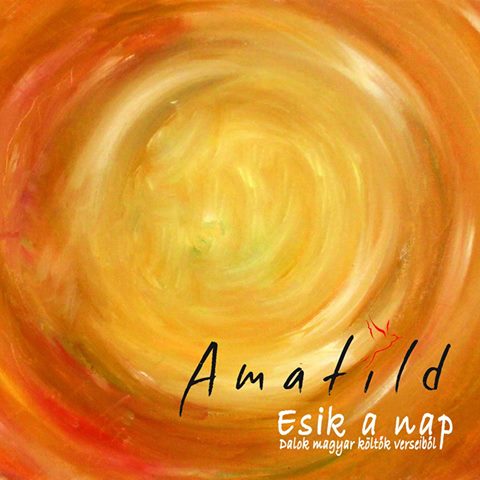
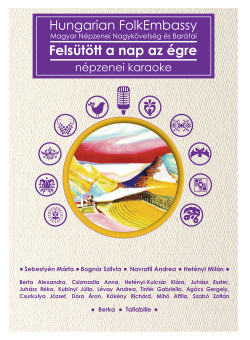
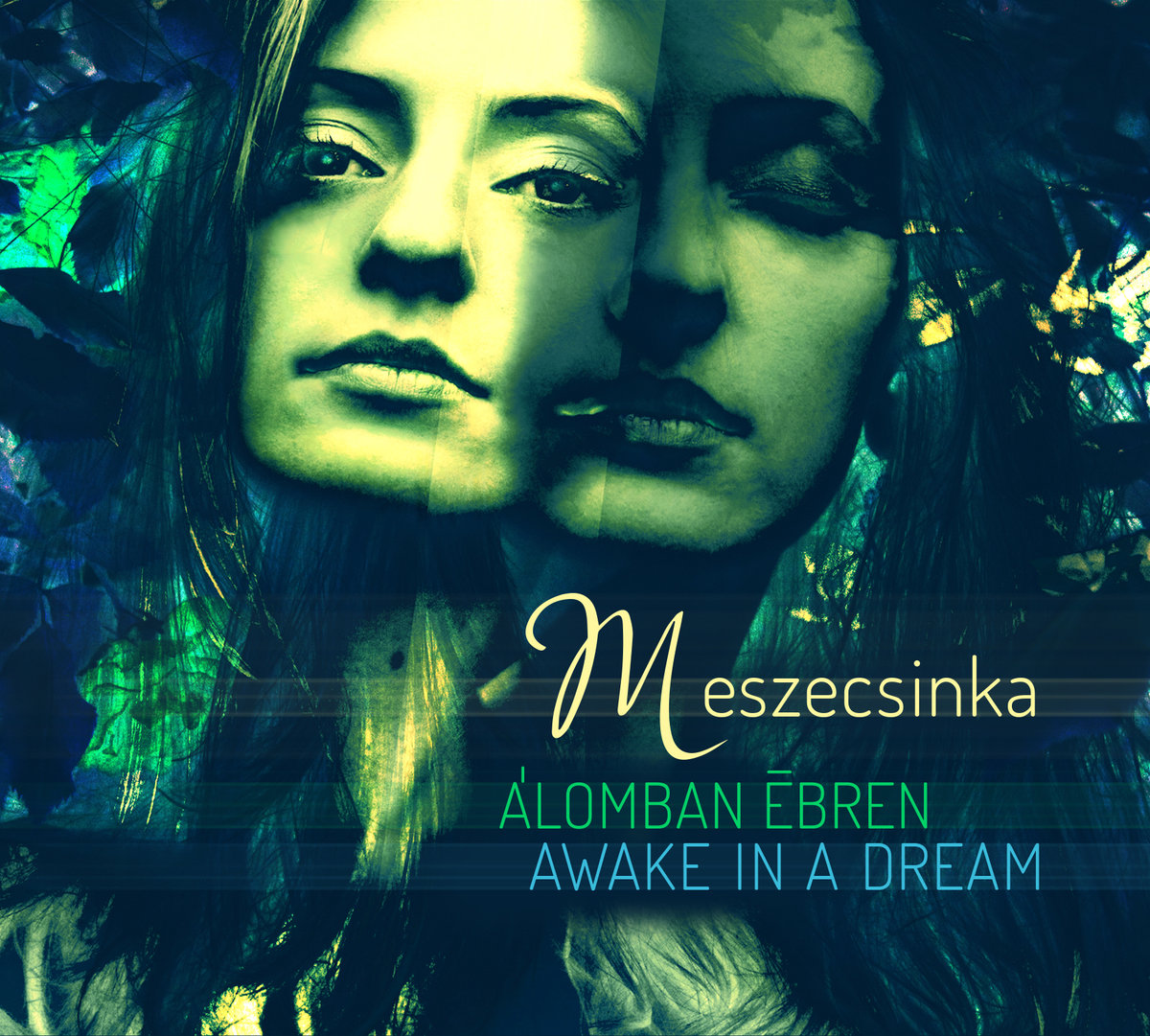
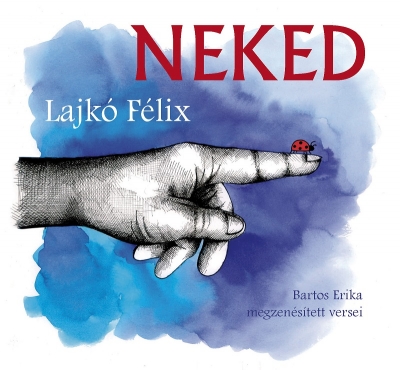
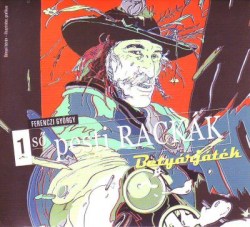
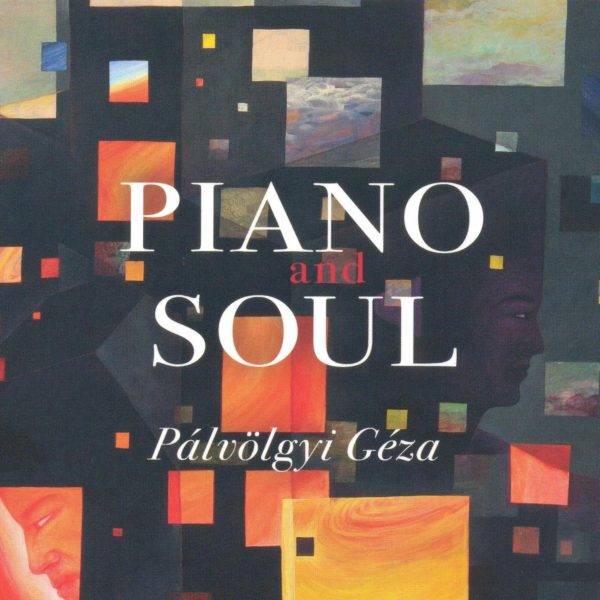
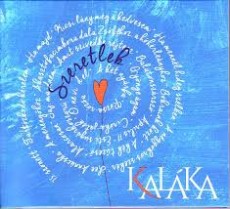
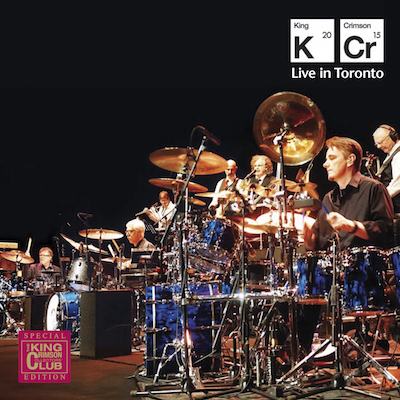
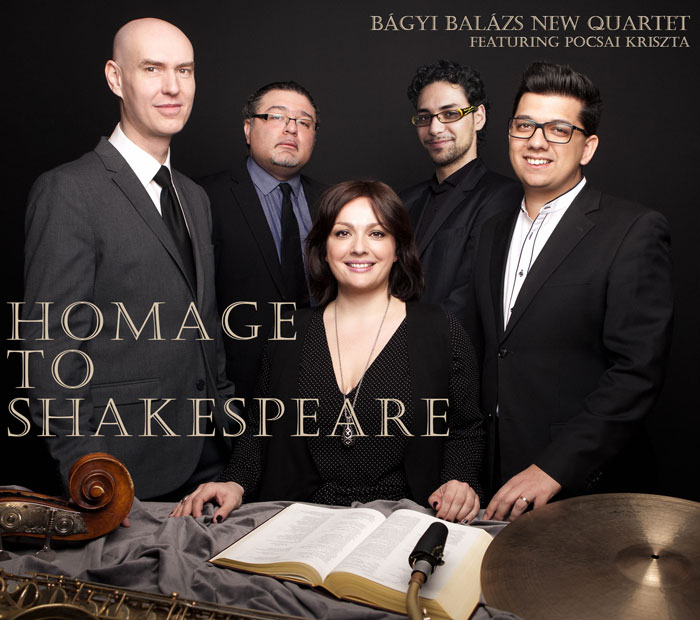
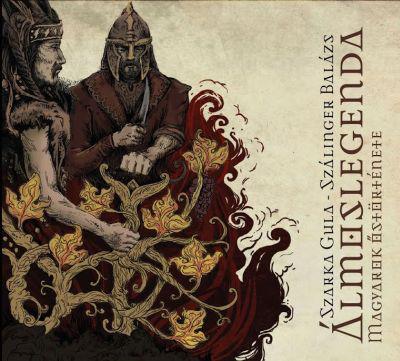
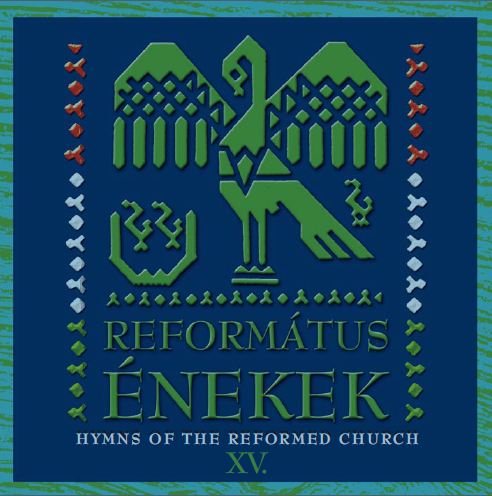
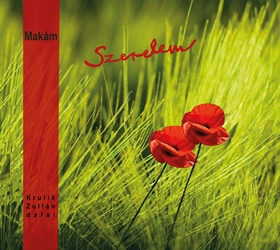
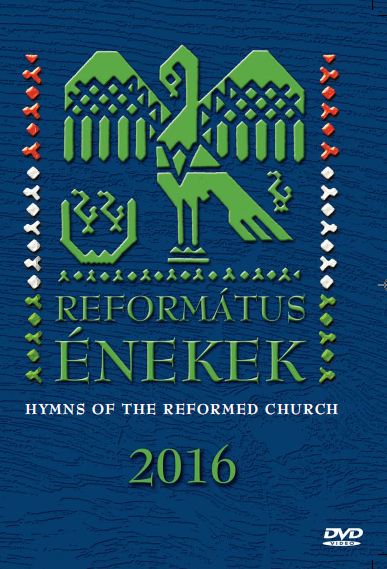
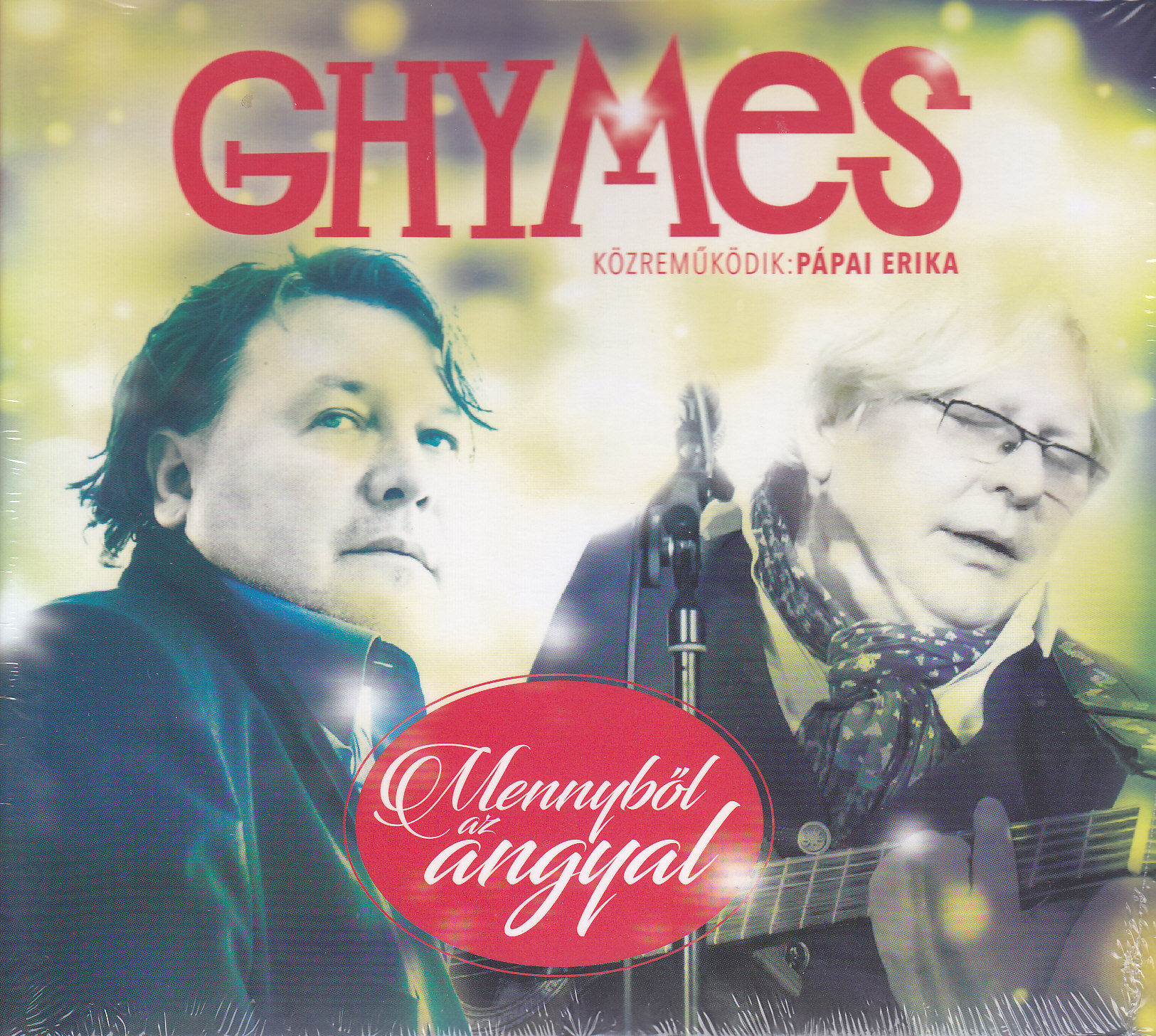

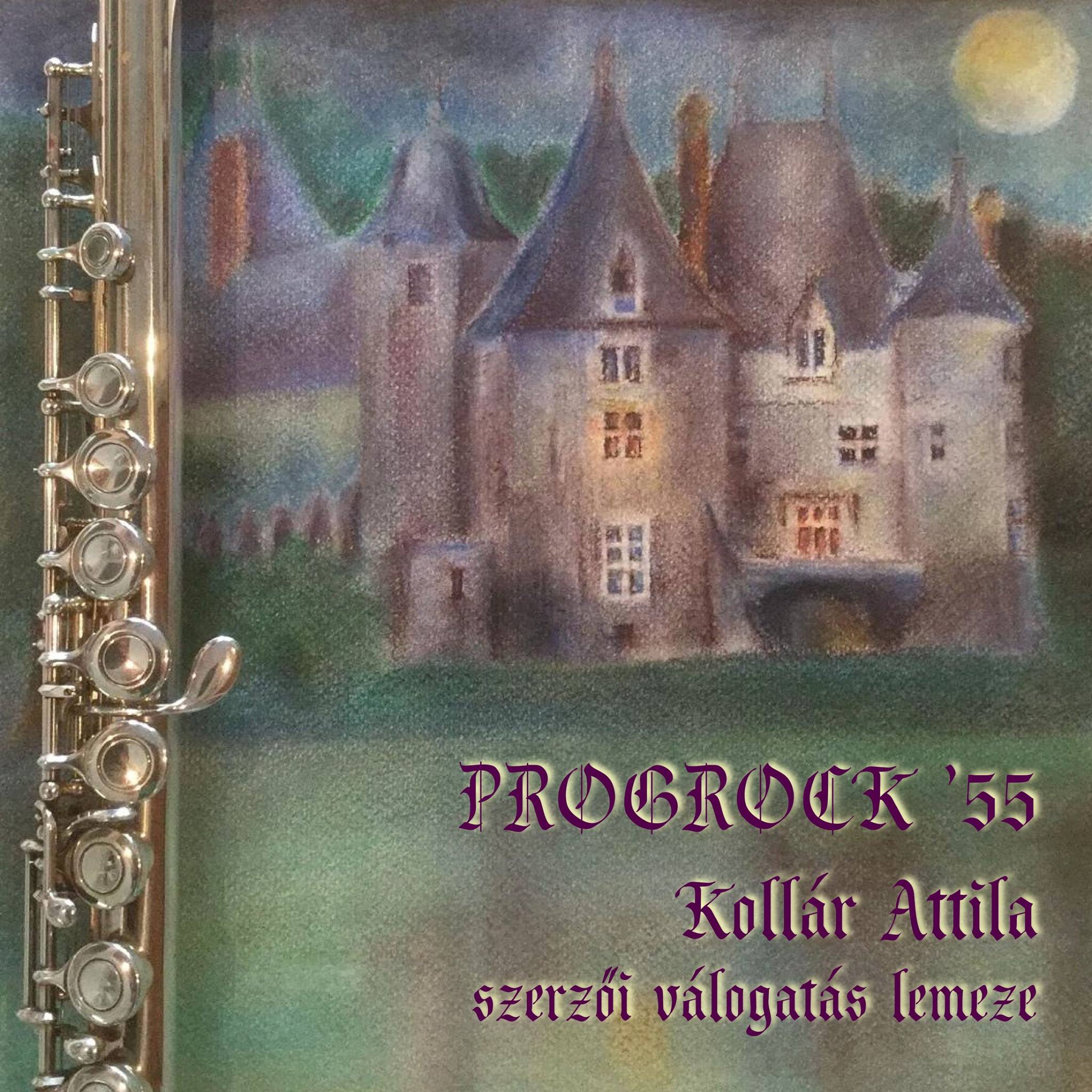

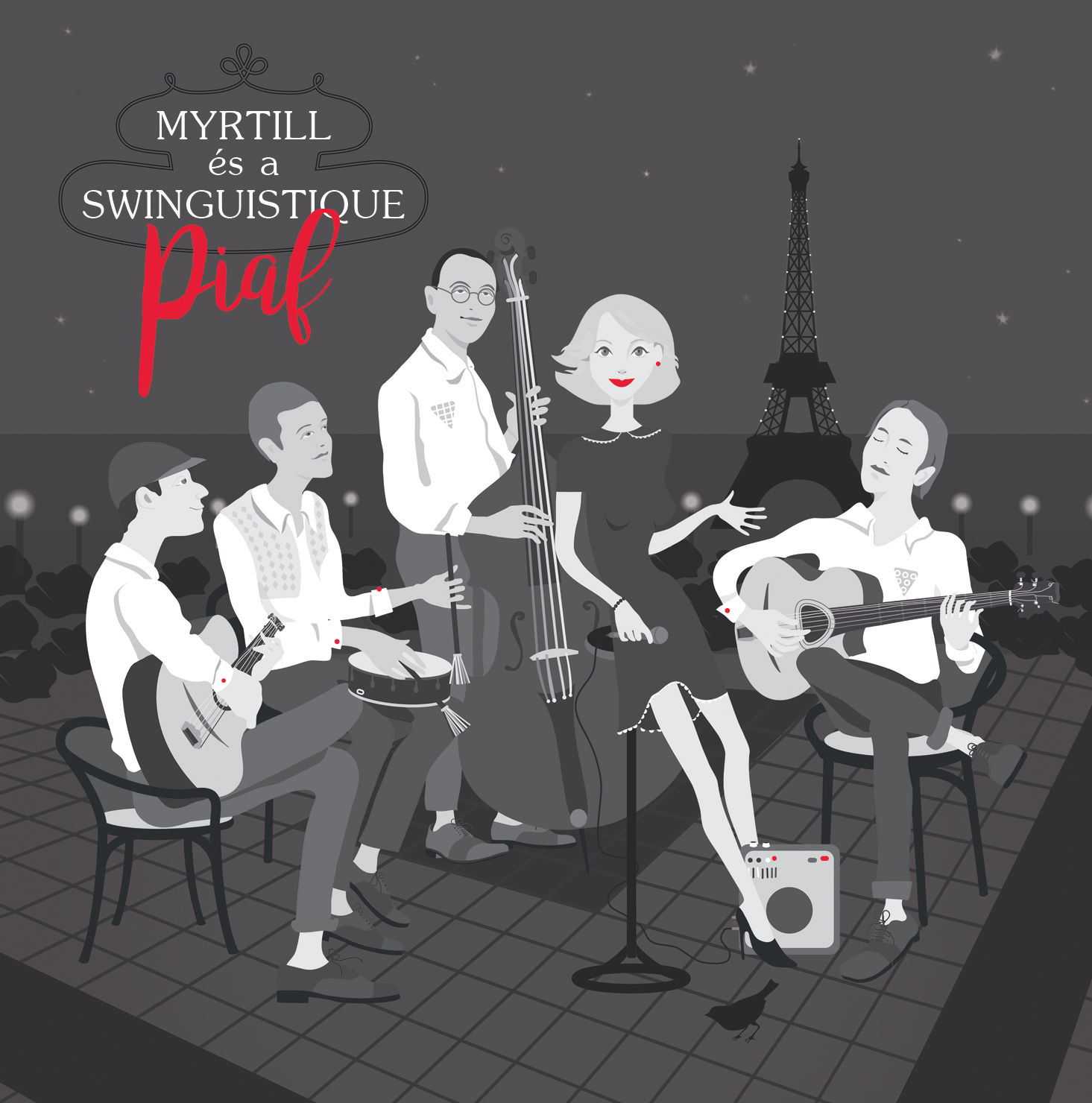
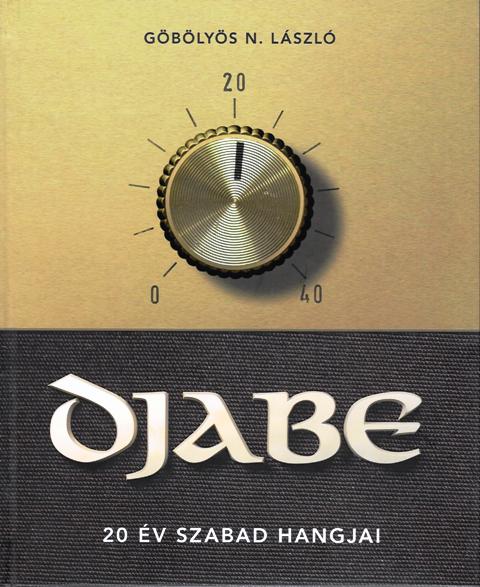

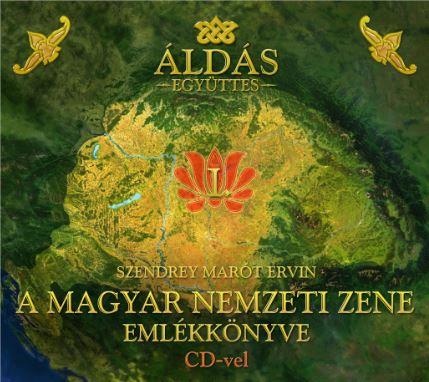


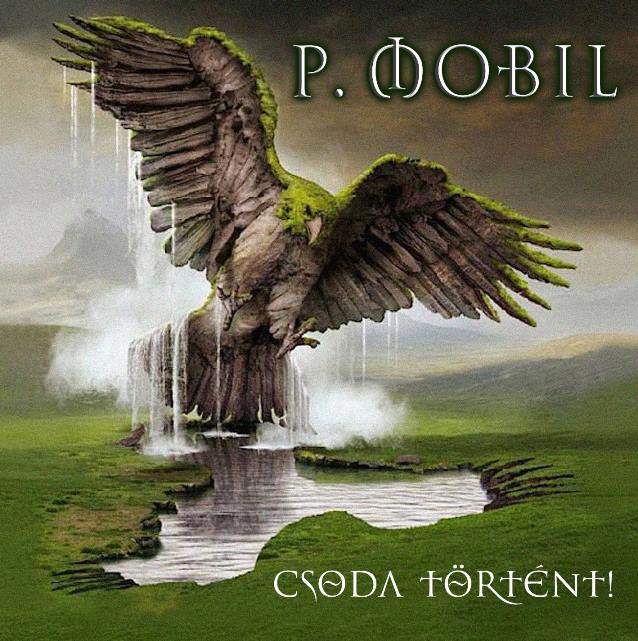
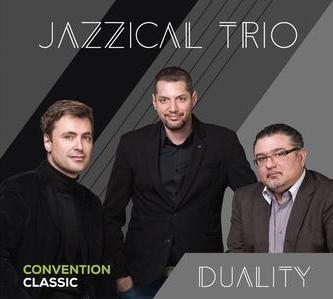
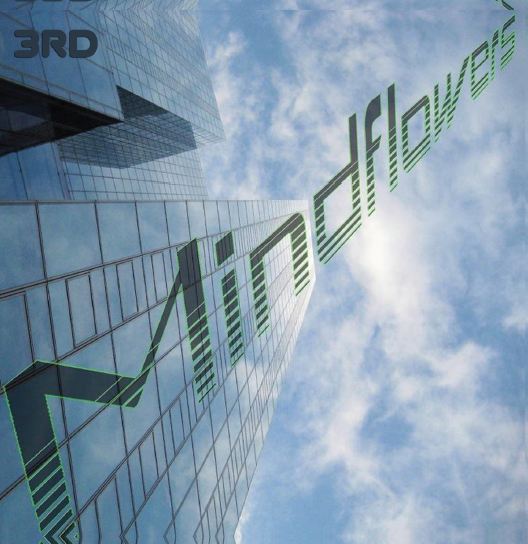
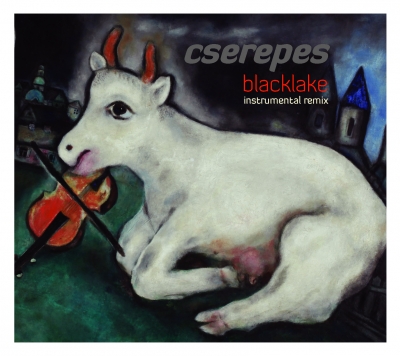
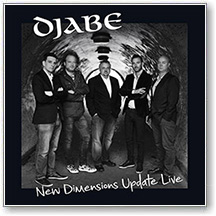
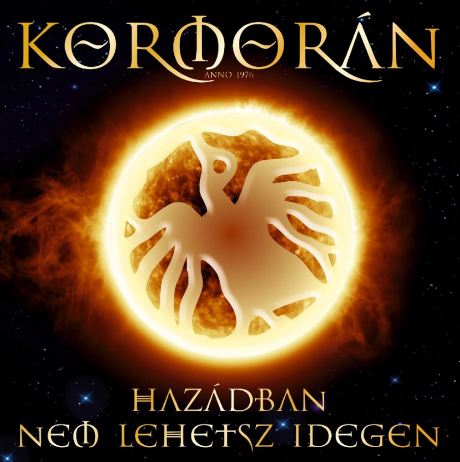
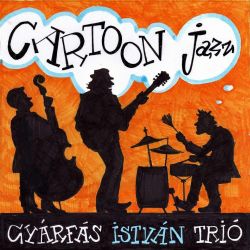
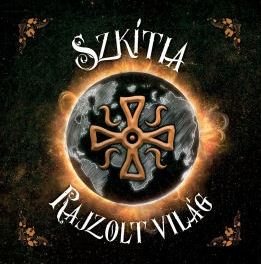
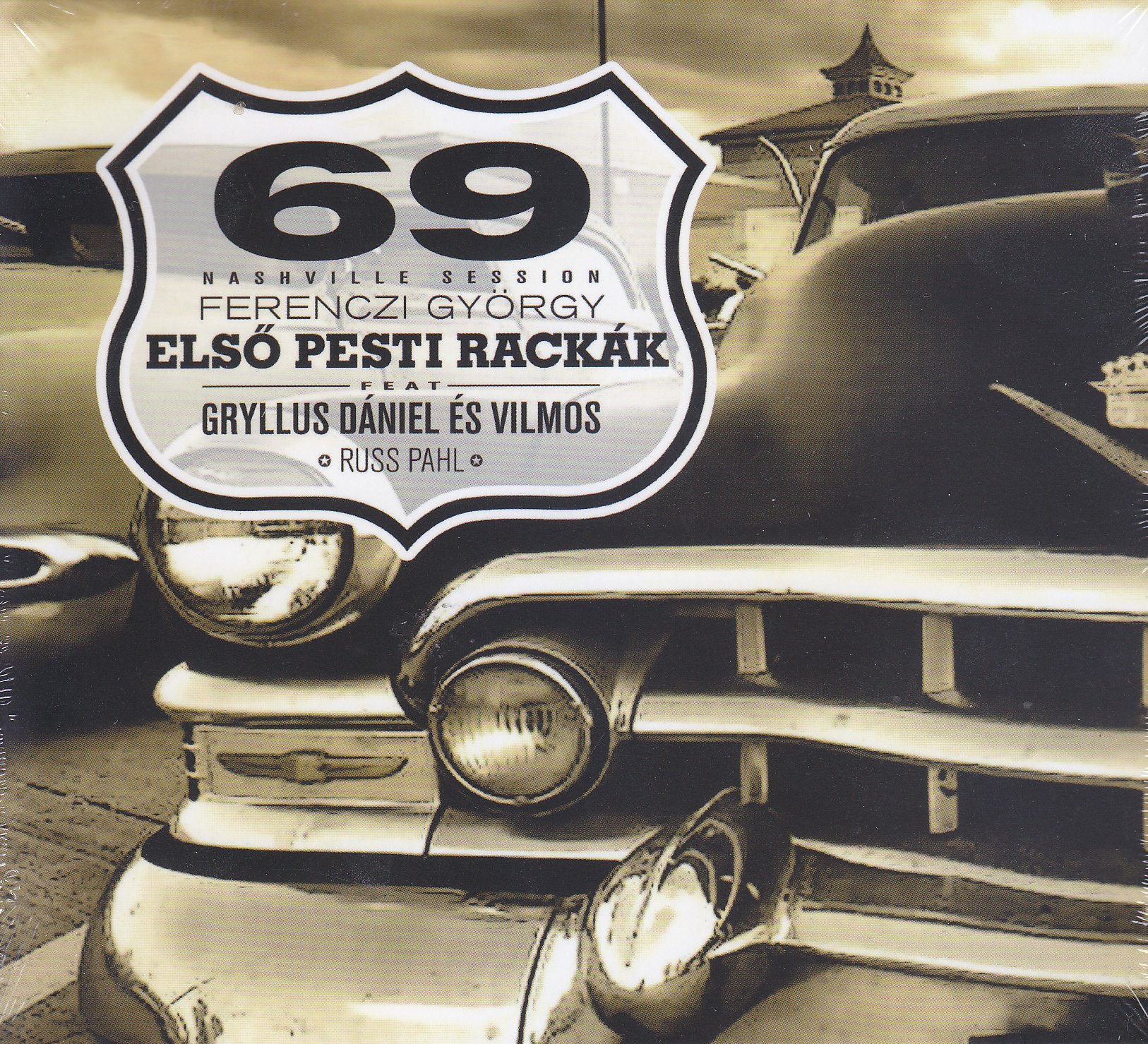
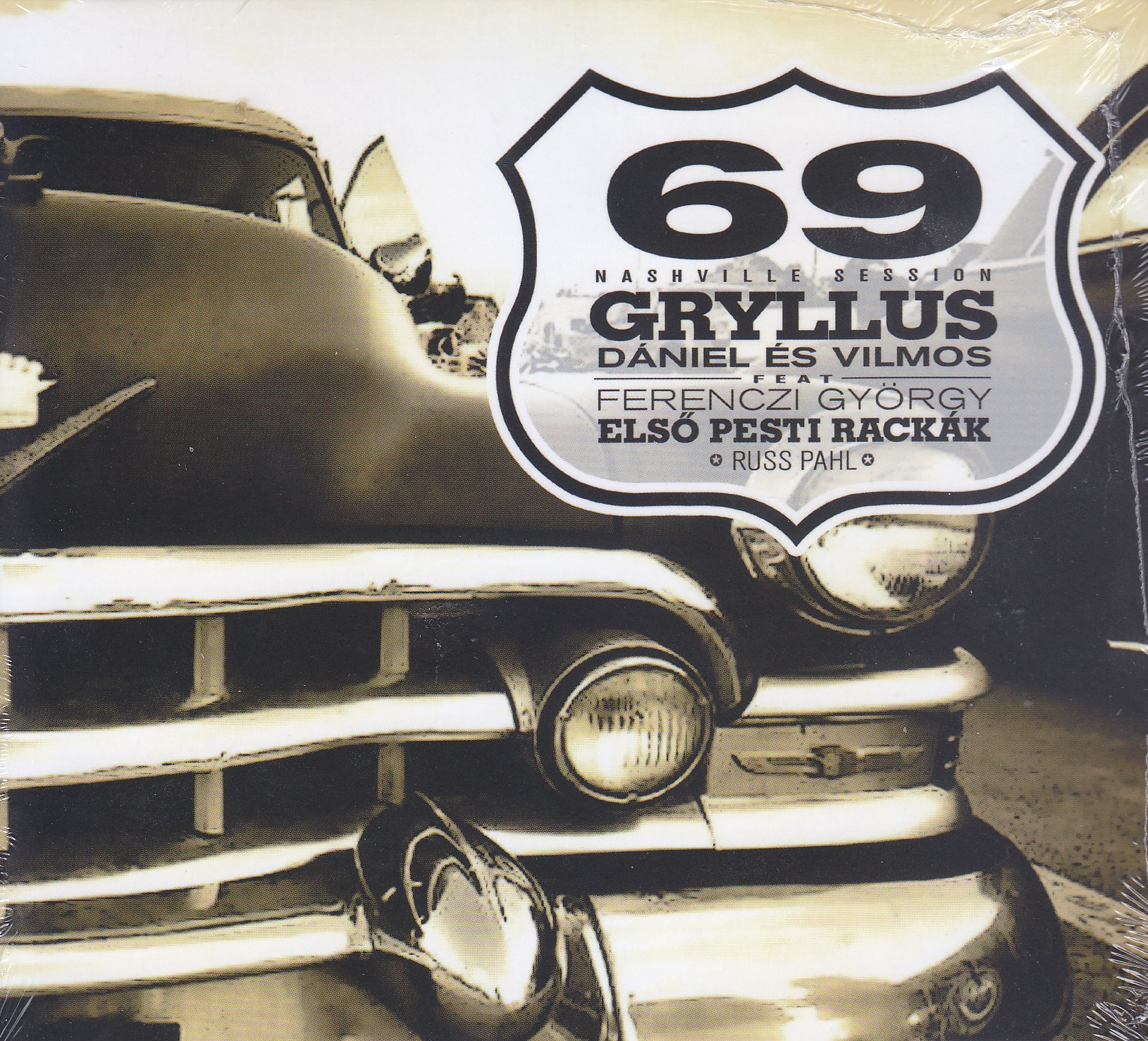
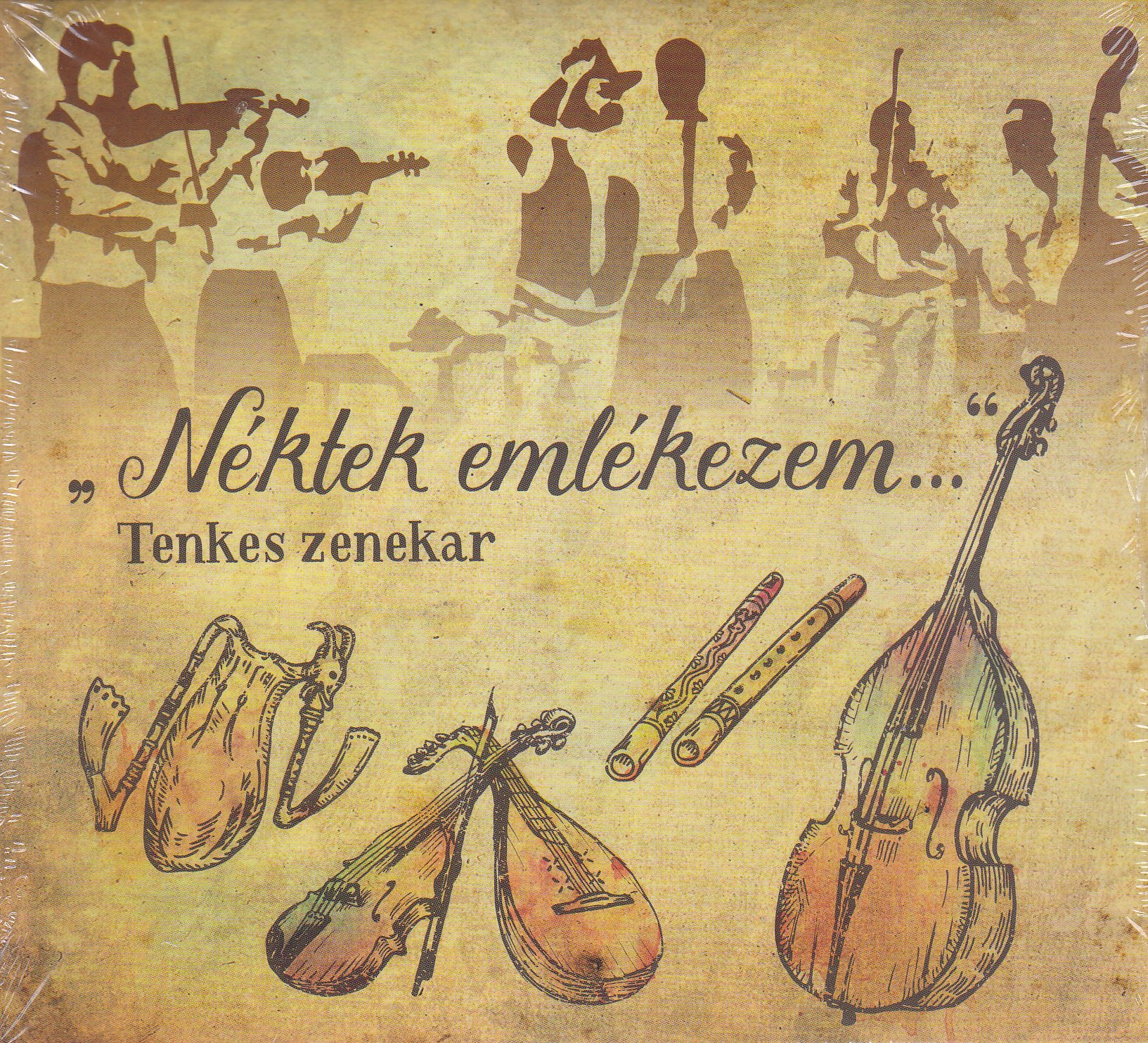
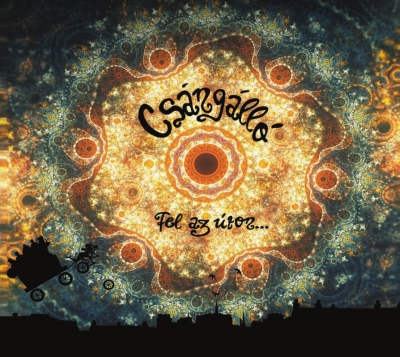
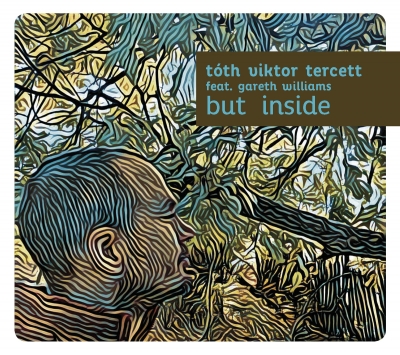

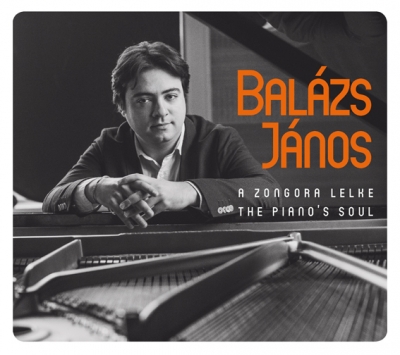
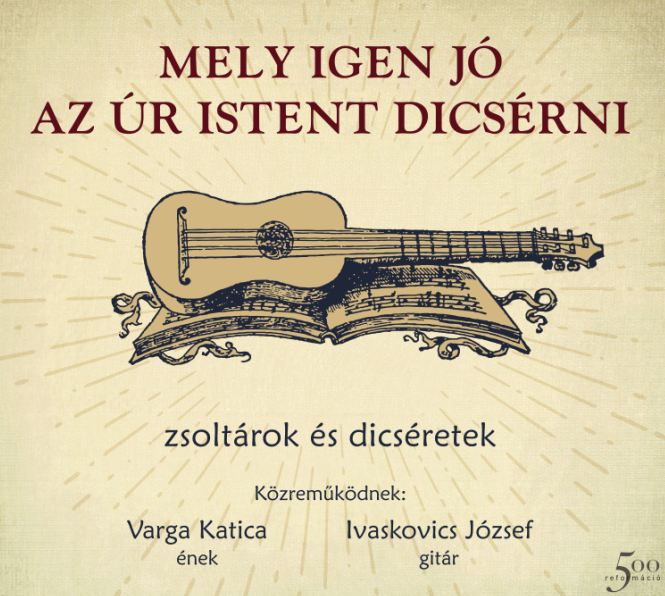
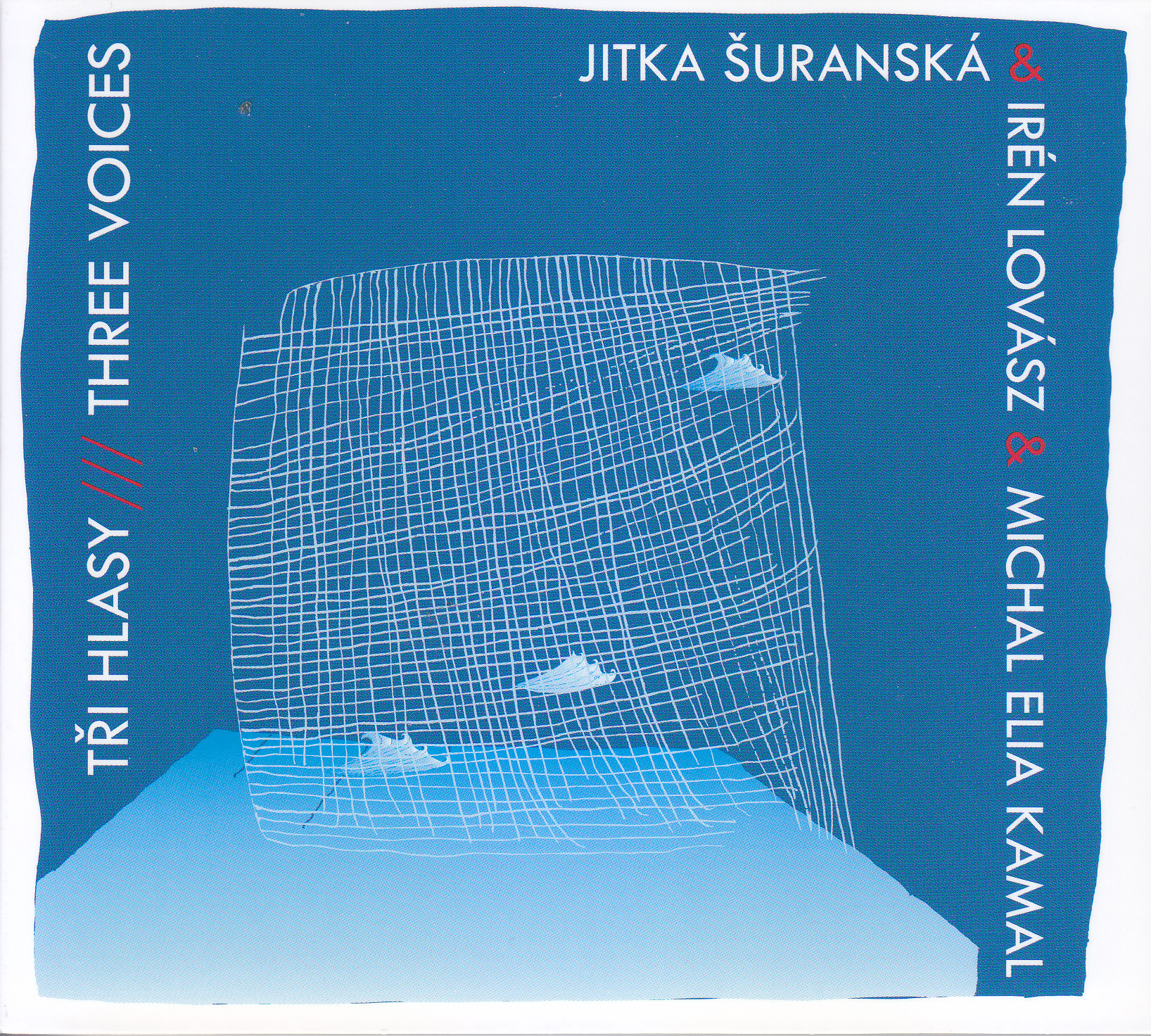
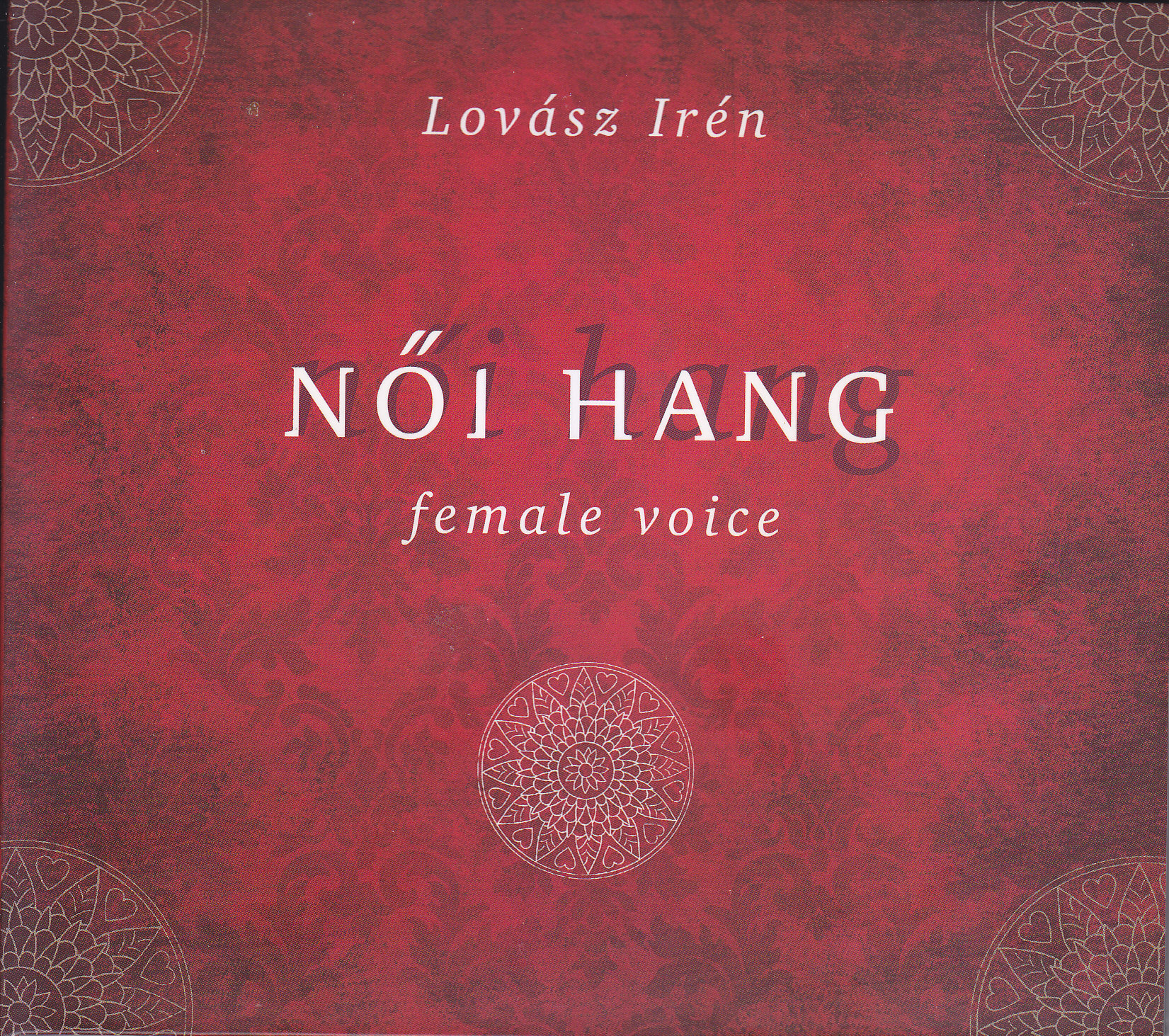
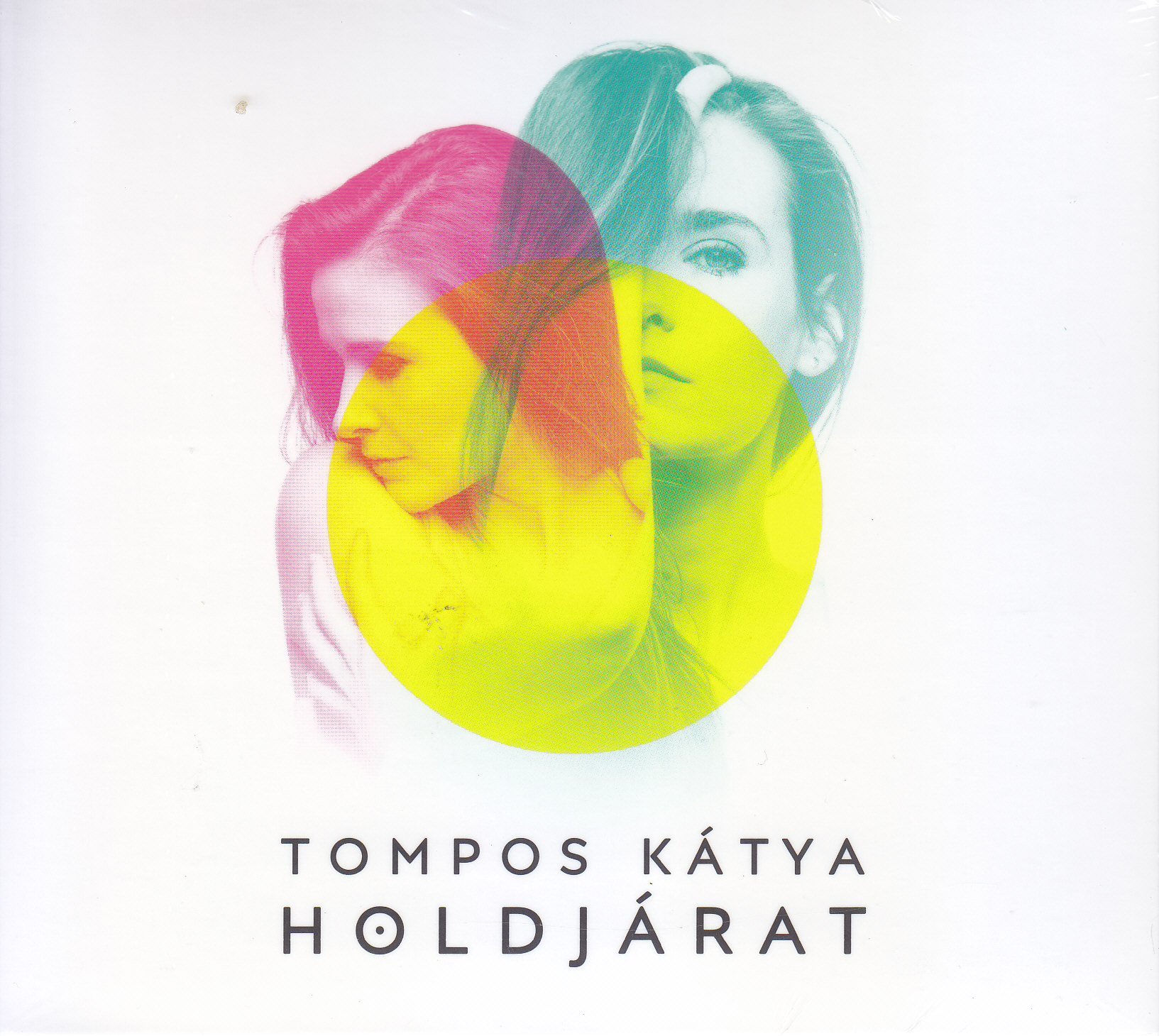
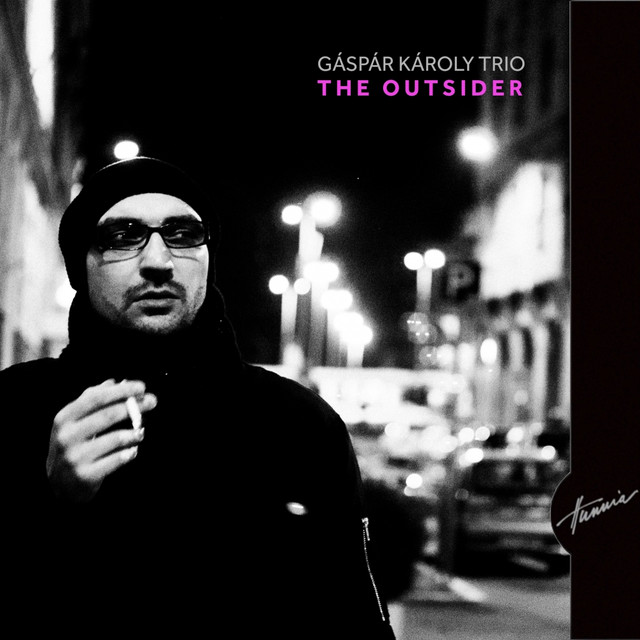
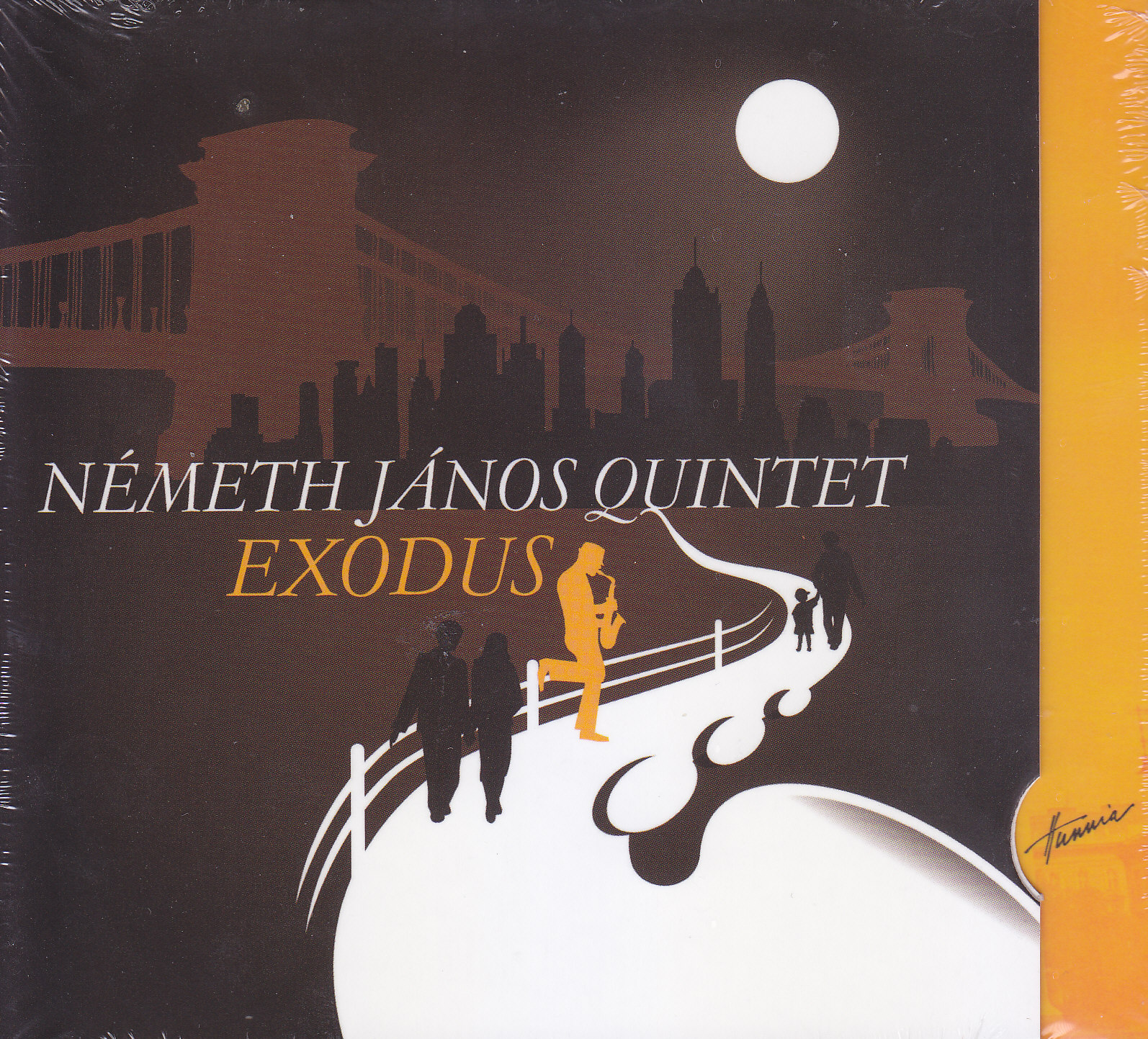
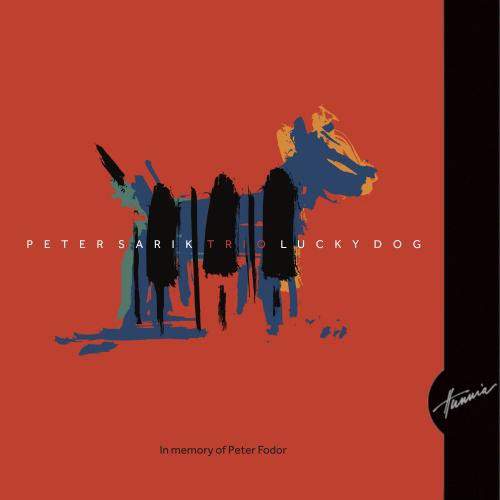
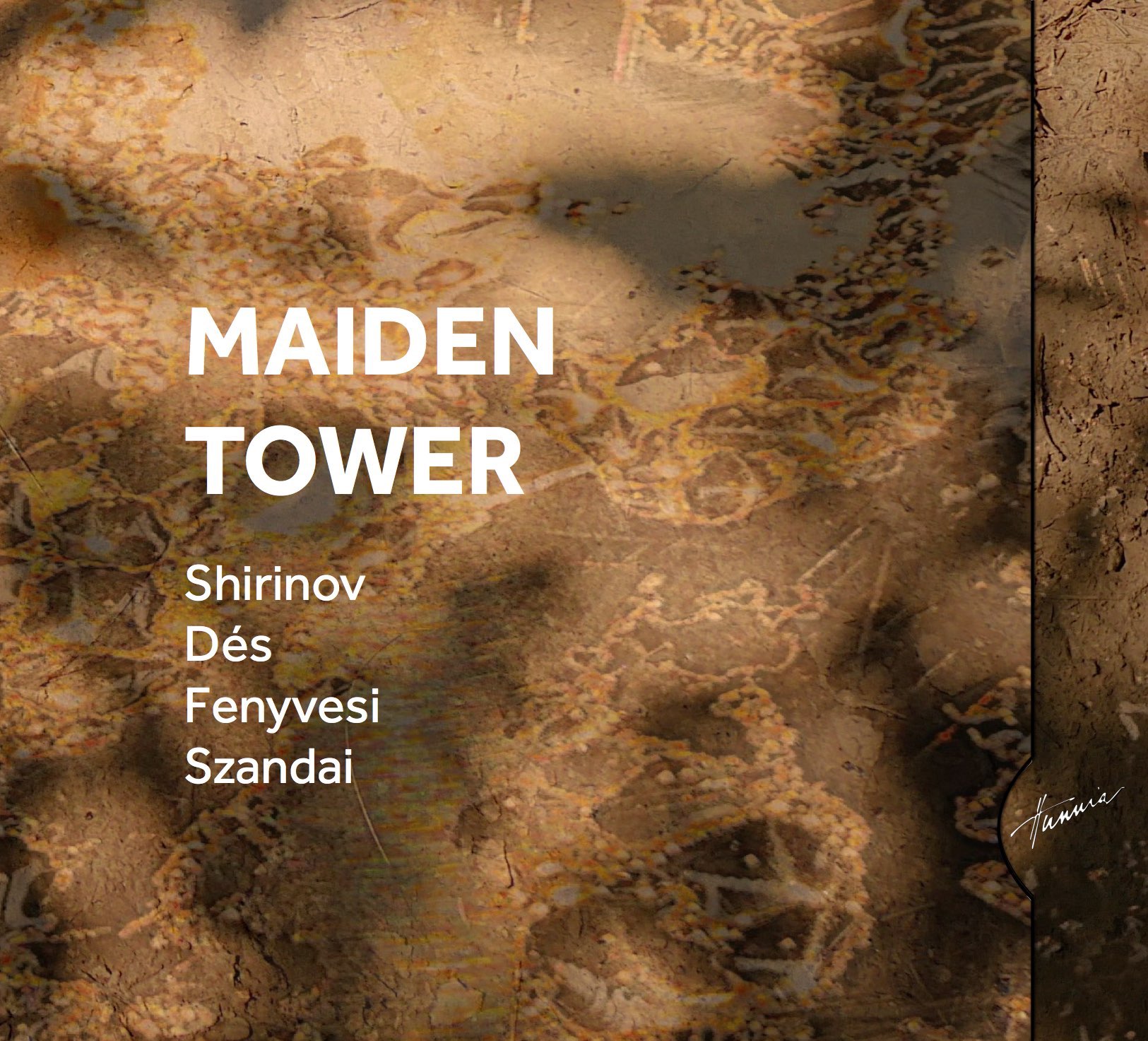
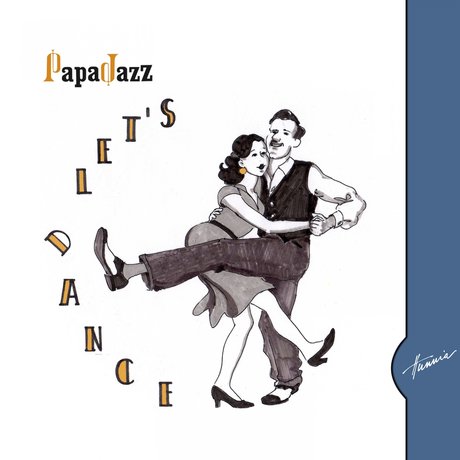
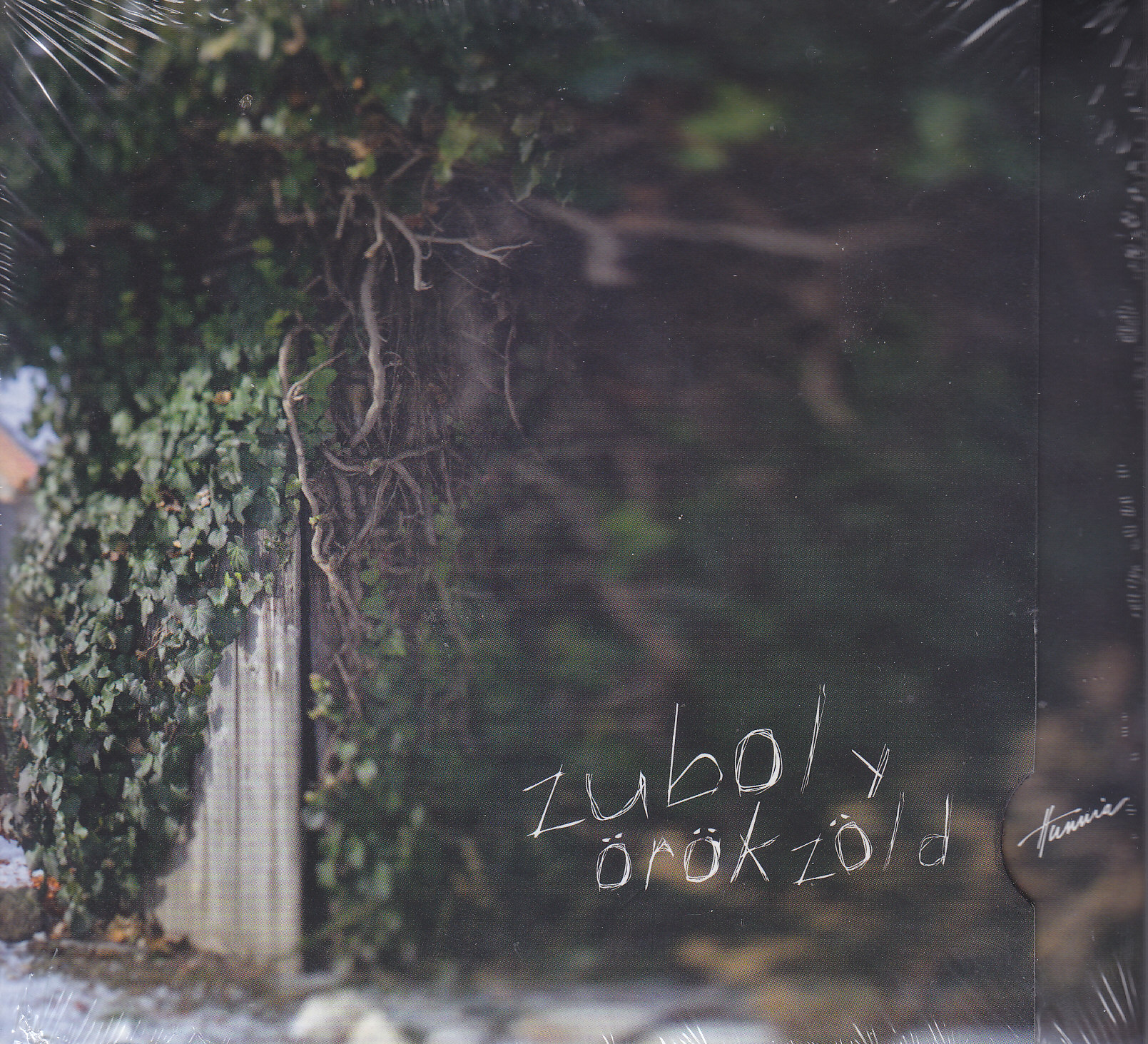
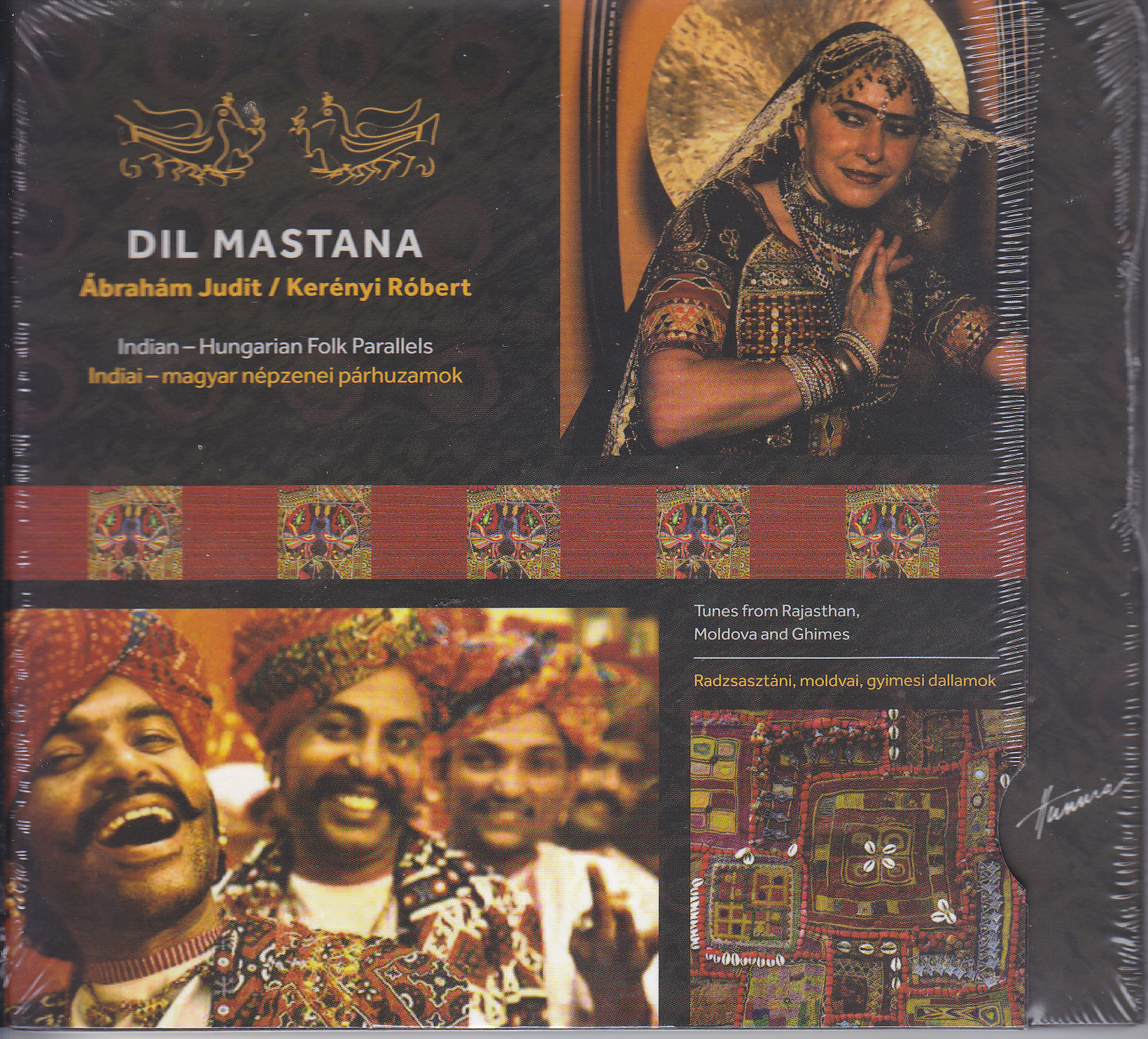
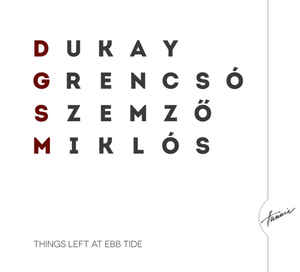
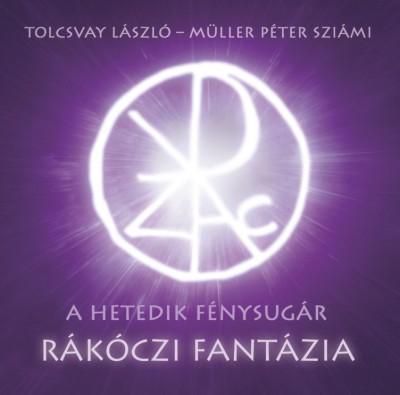
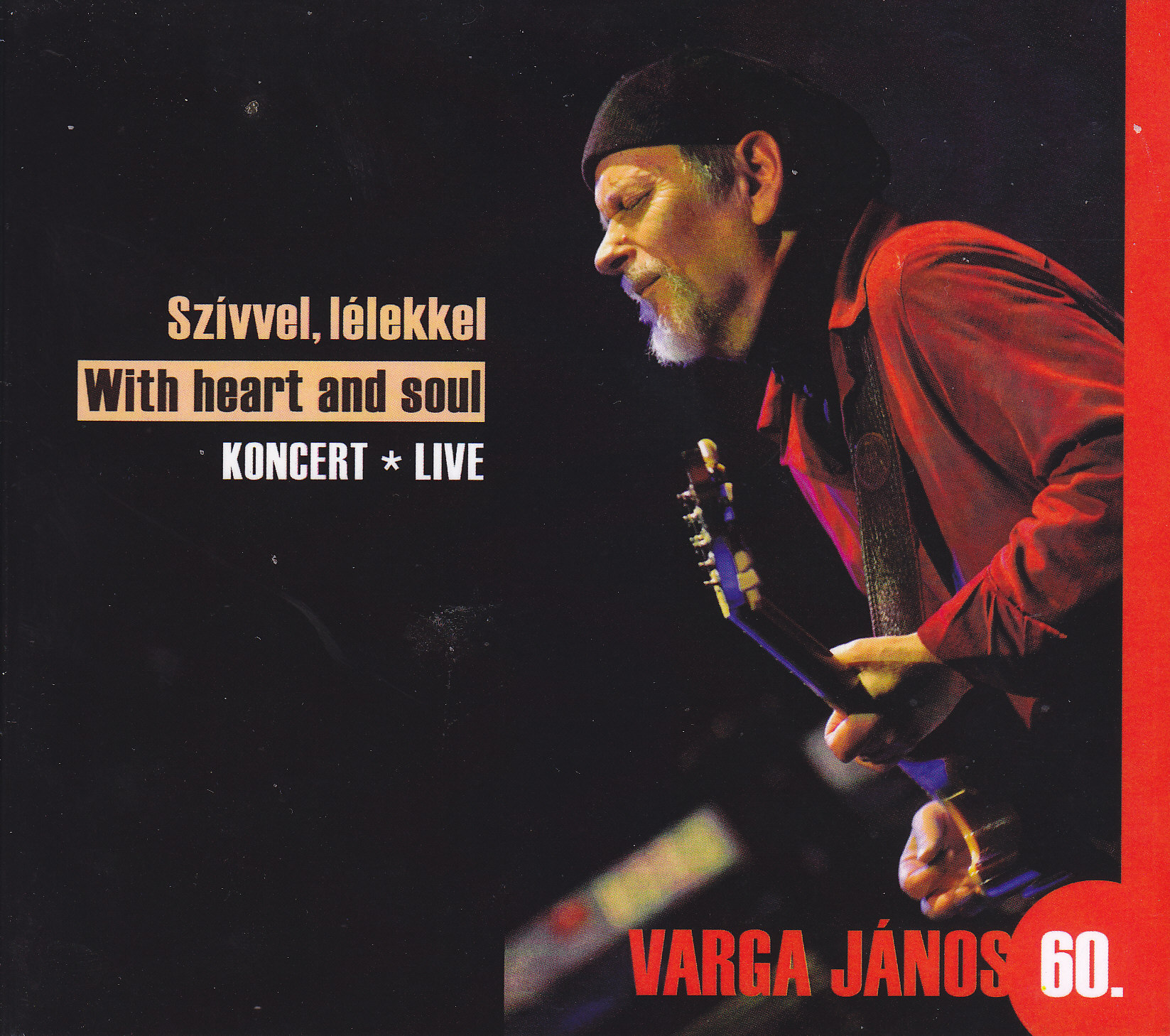
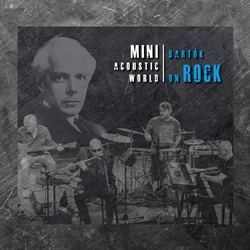
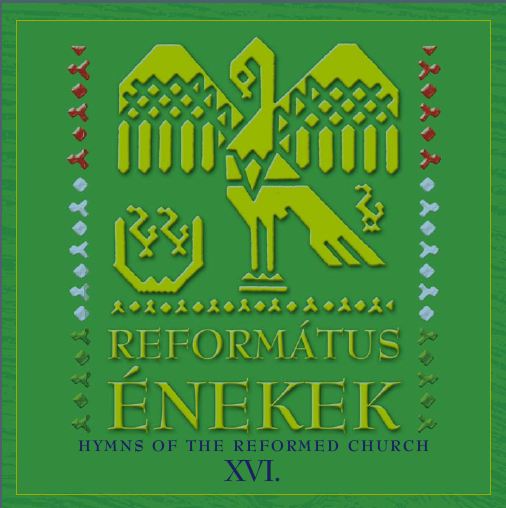
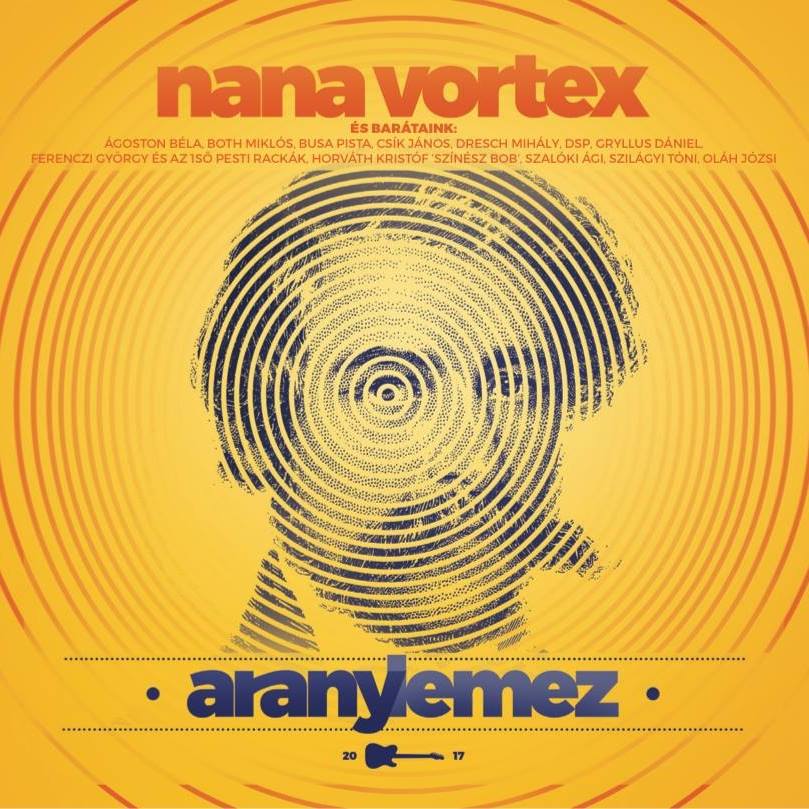
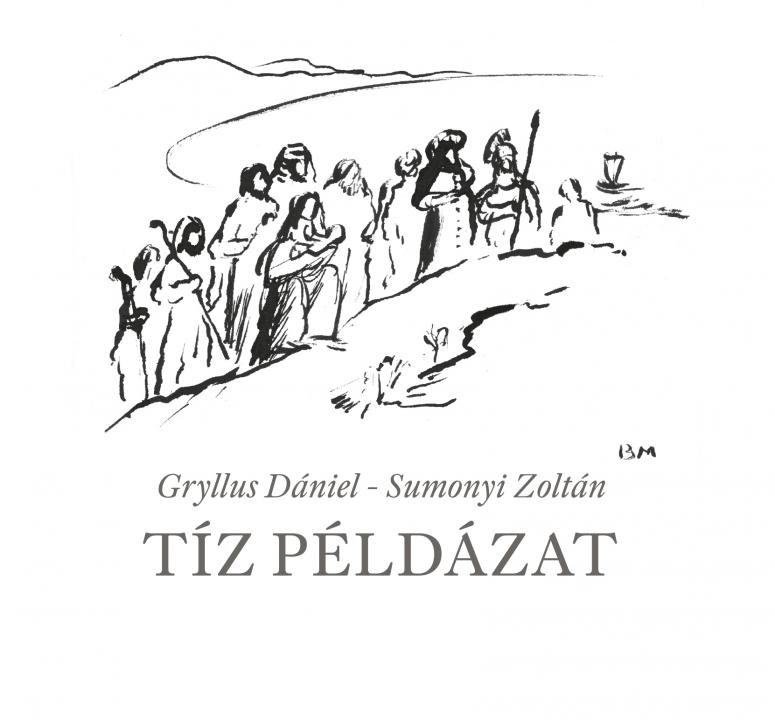
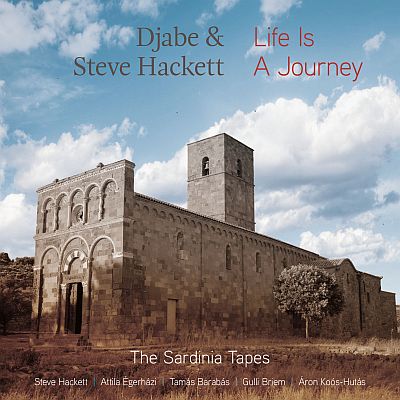
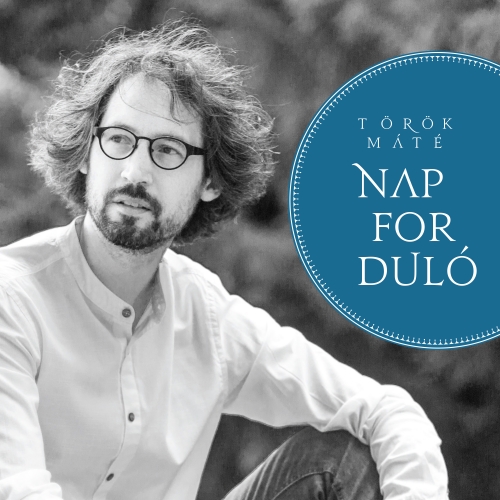

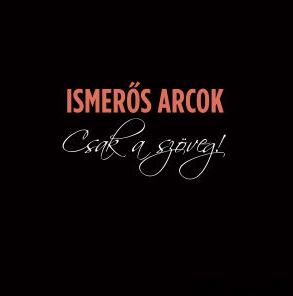
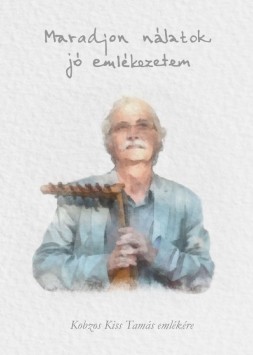
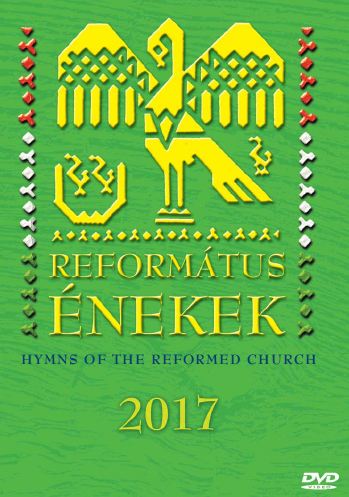
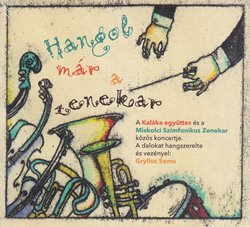
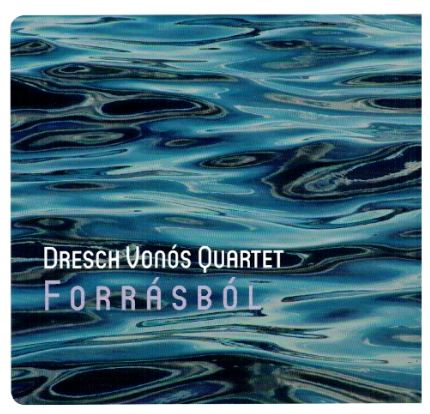
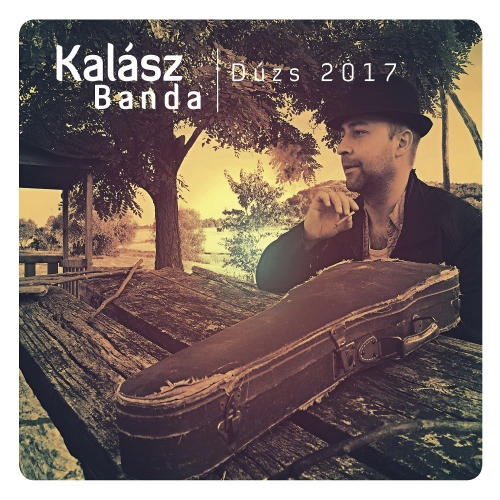
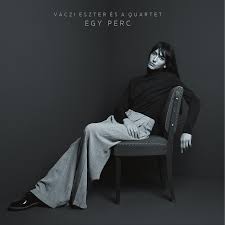
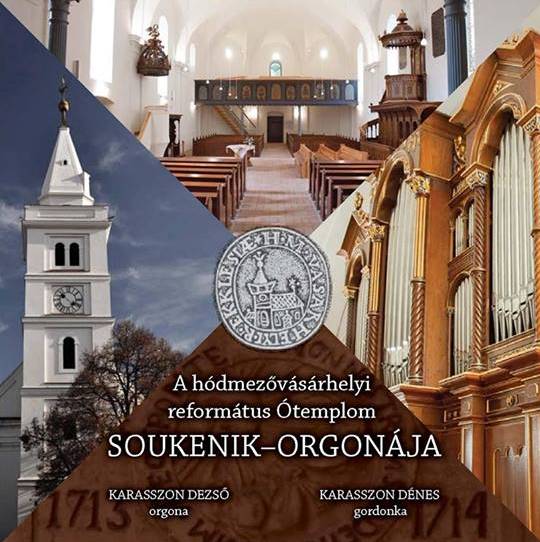

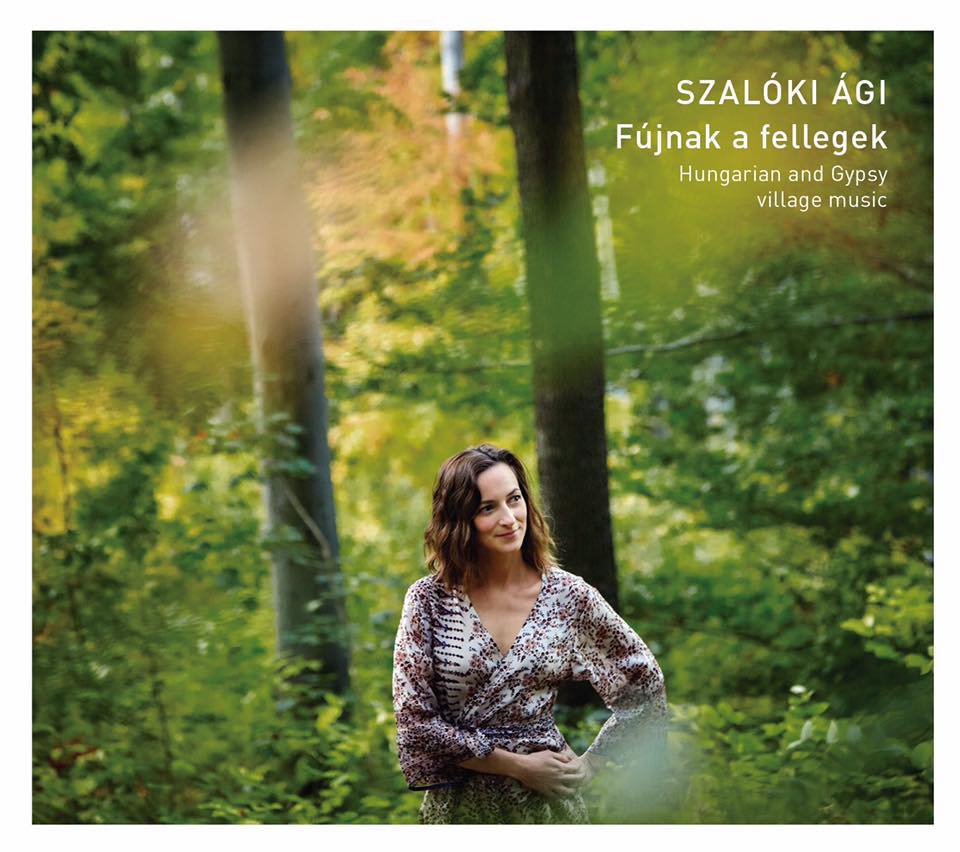

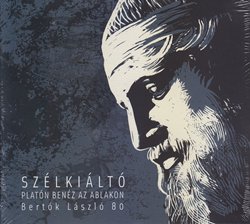
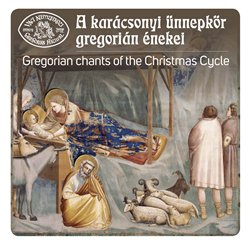
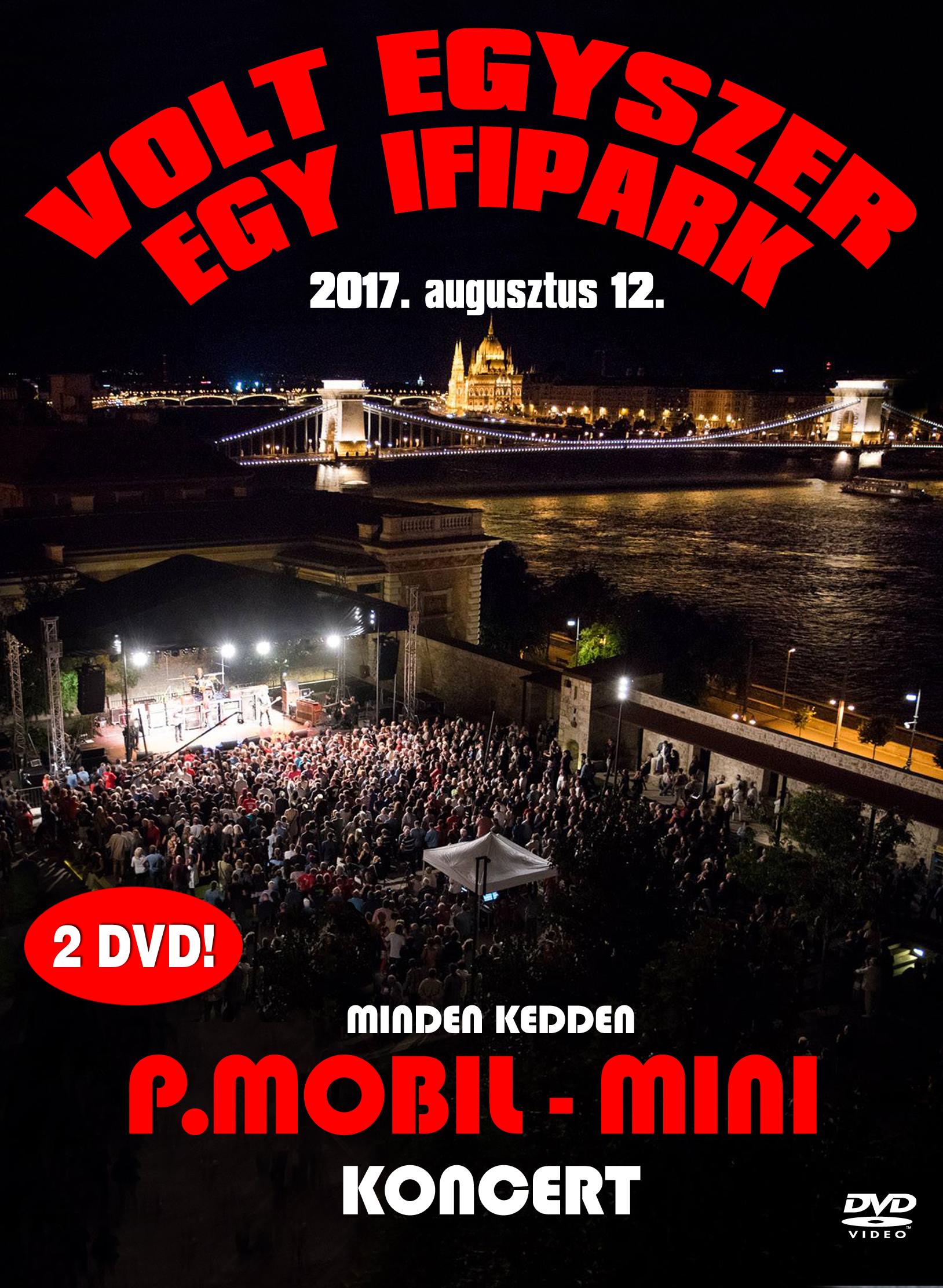

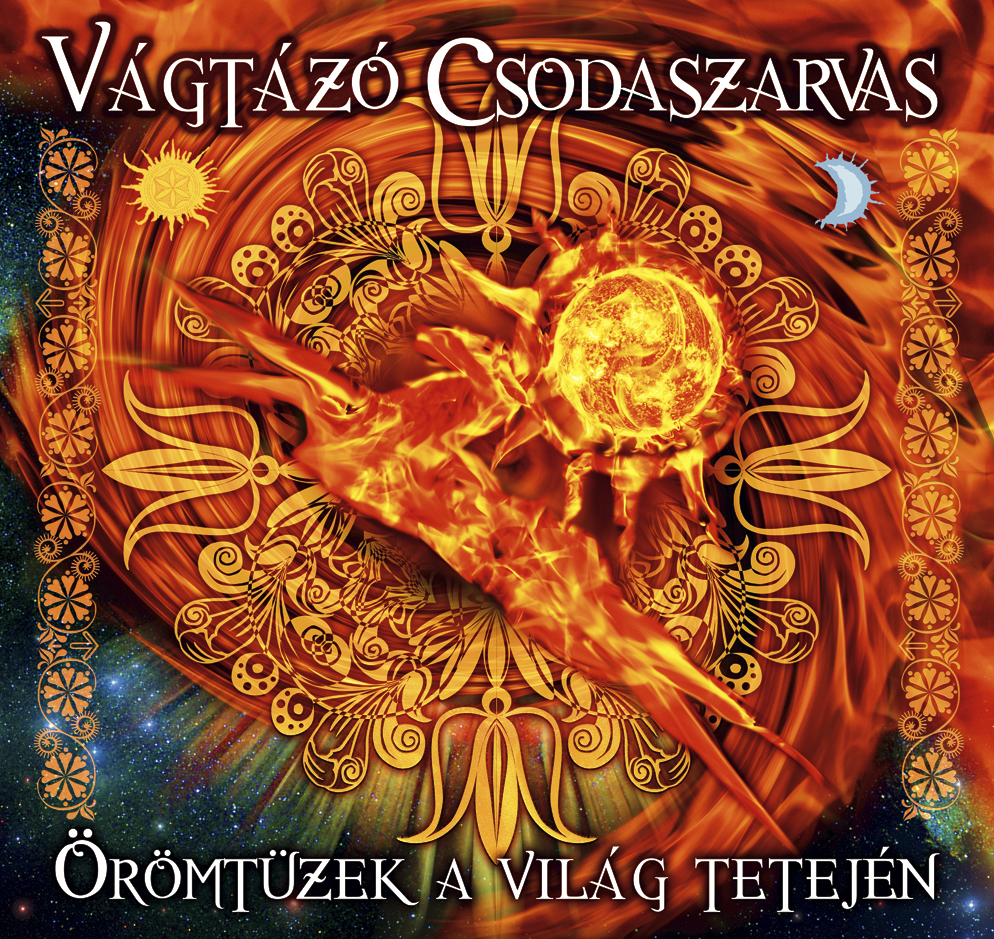
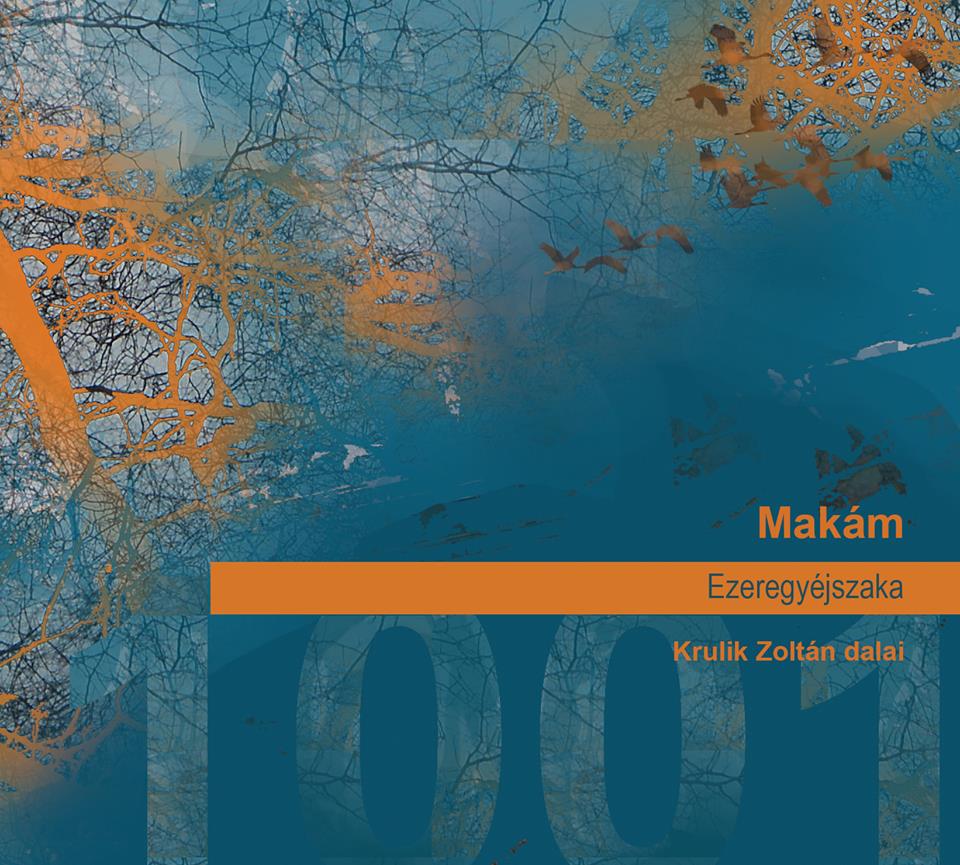
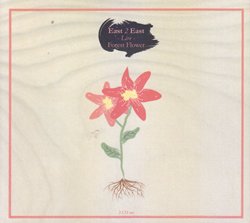
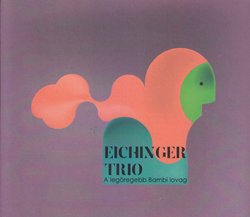
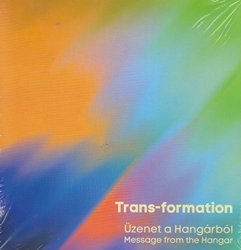
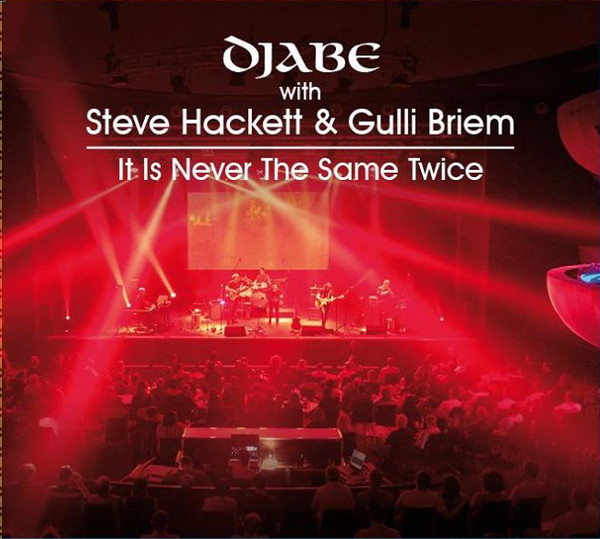
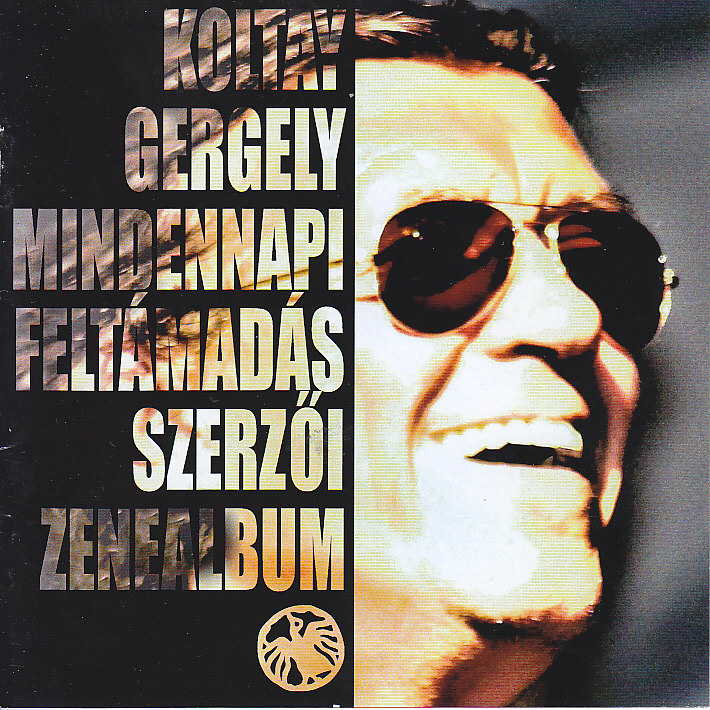
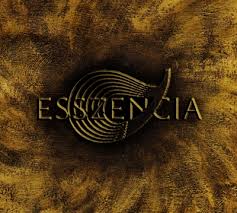
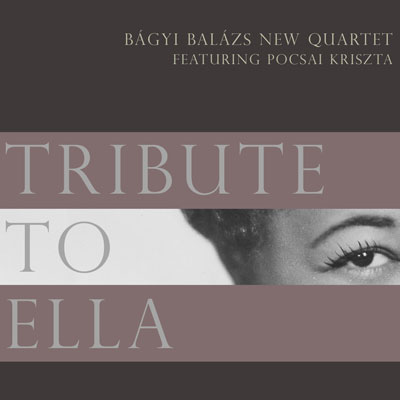
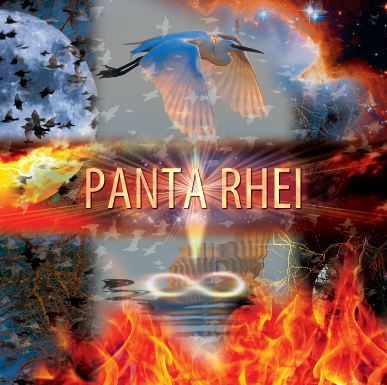
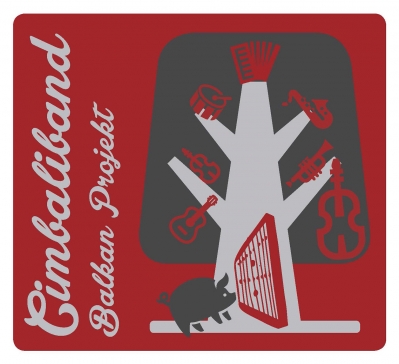

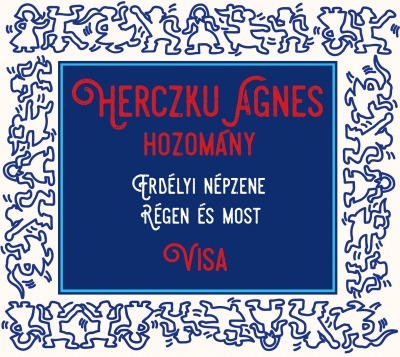
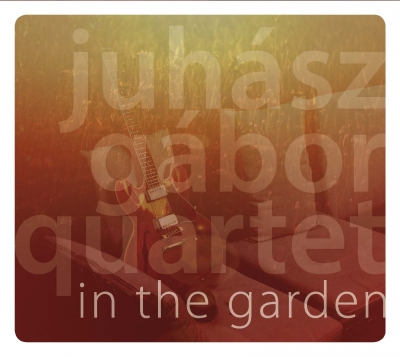
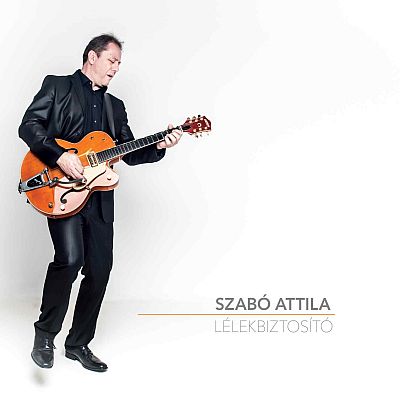
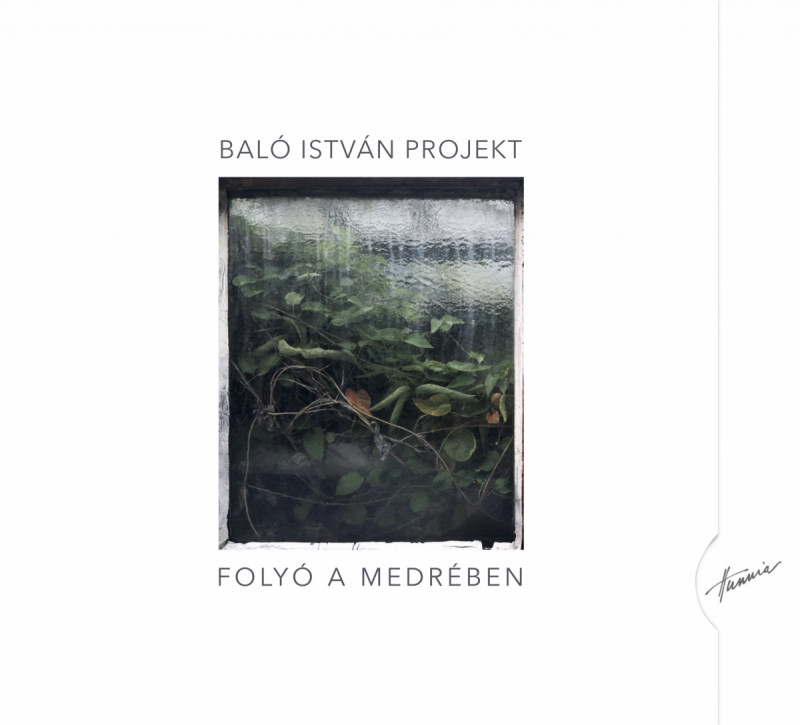
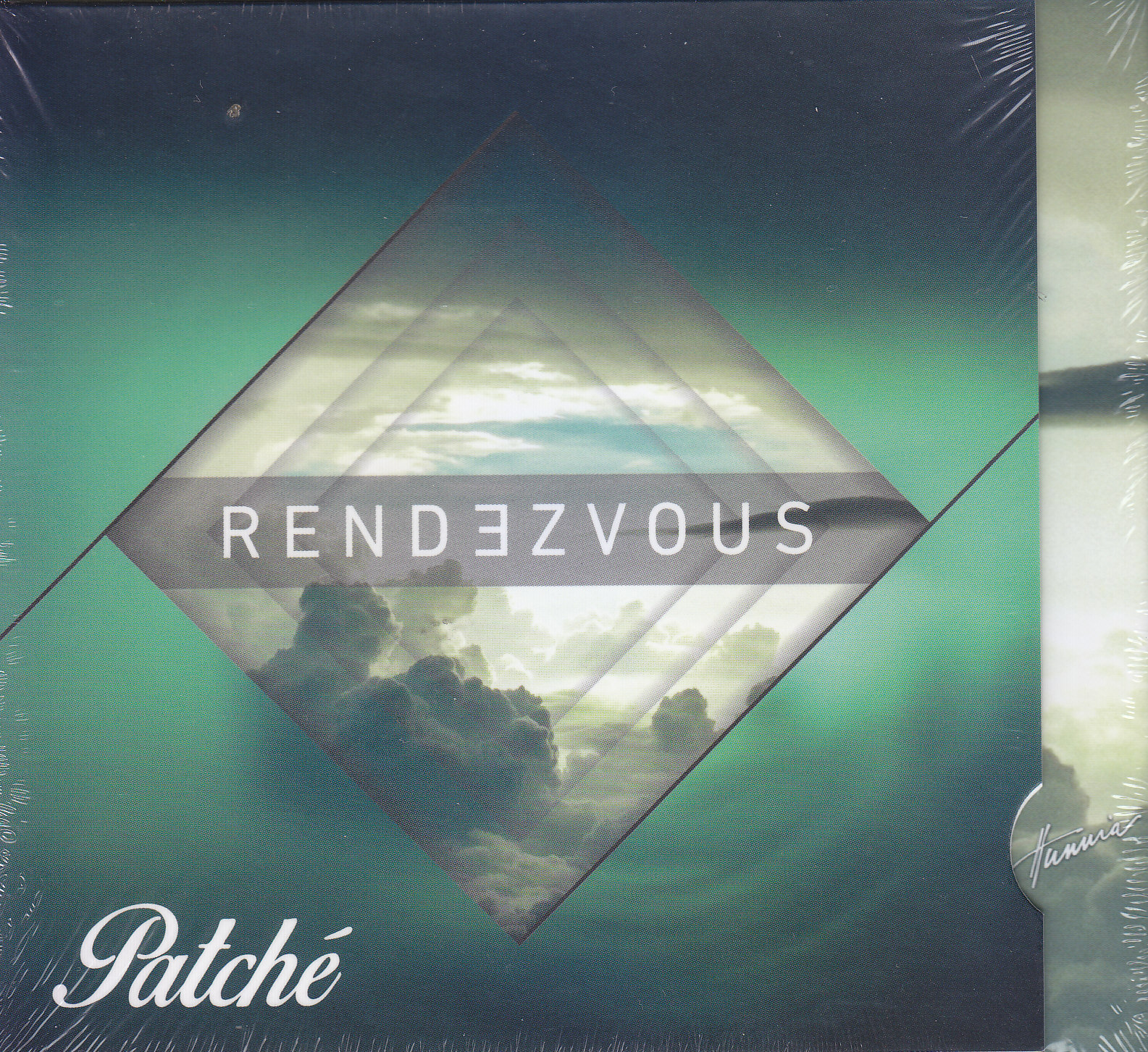
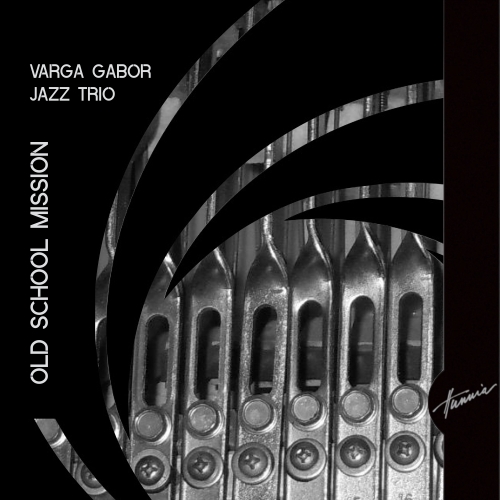
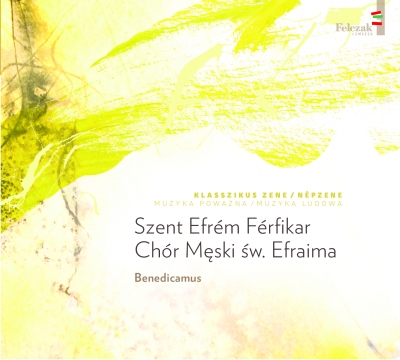
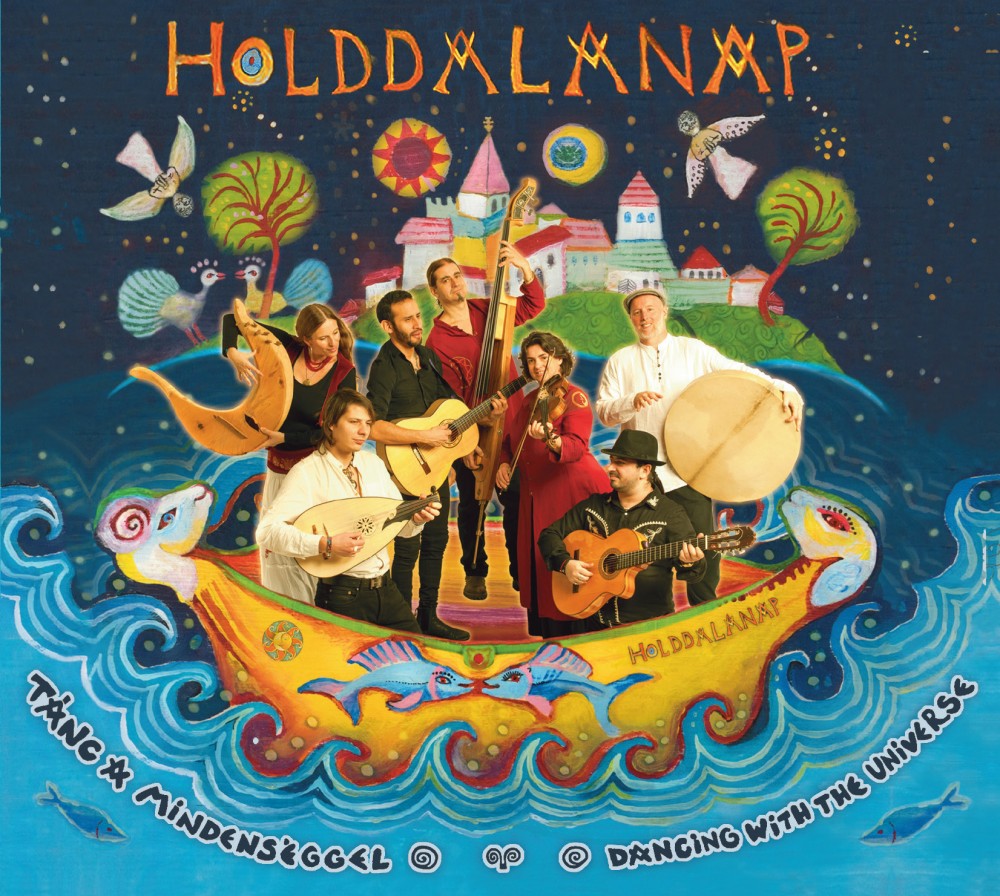
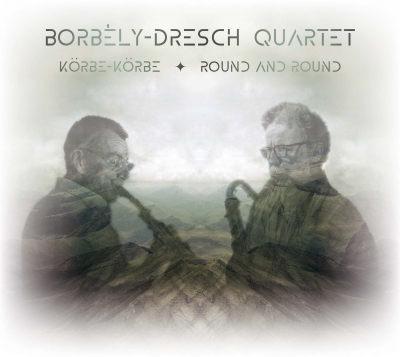
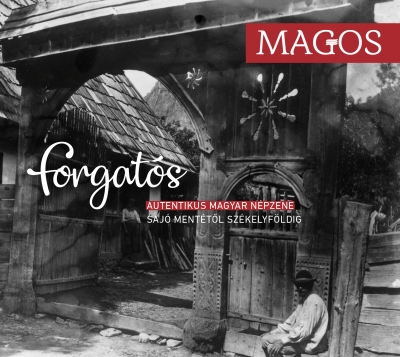
.jpg)
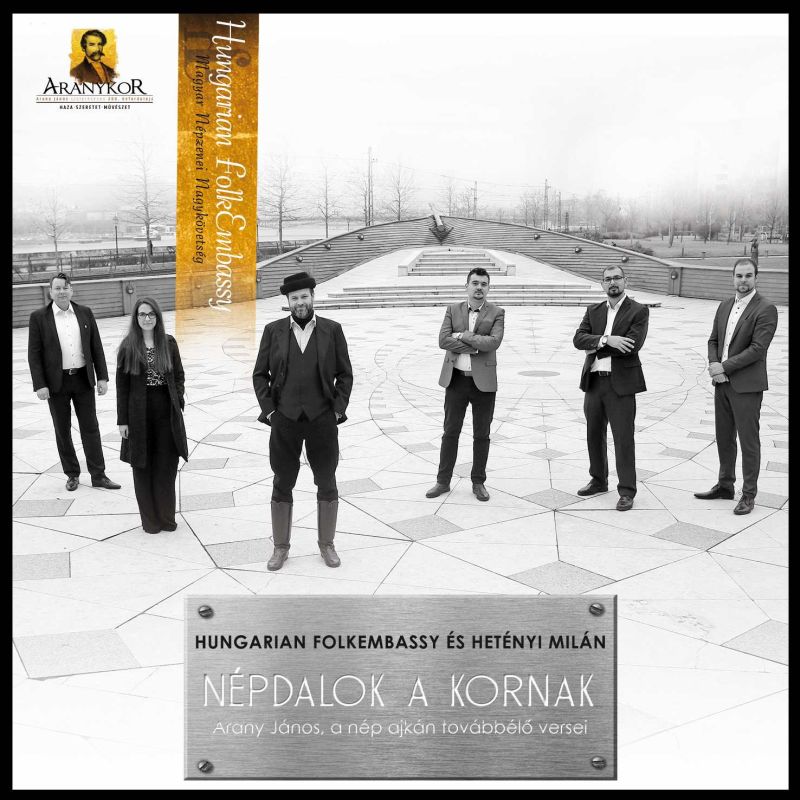
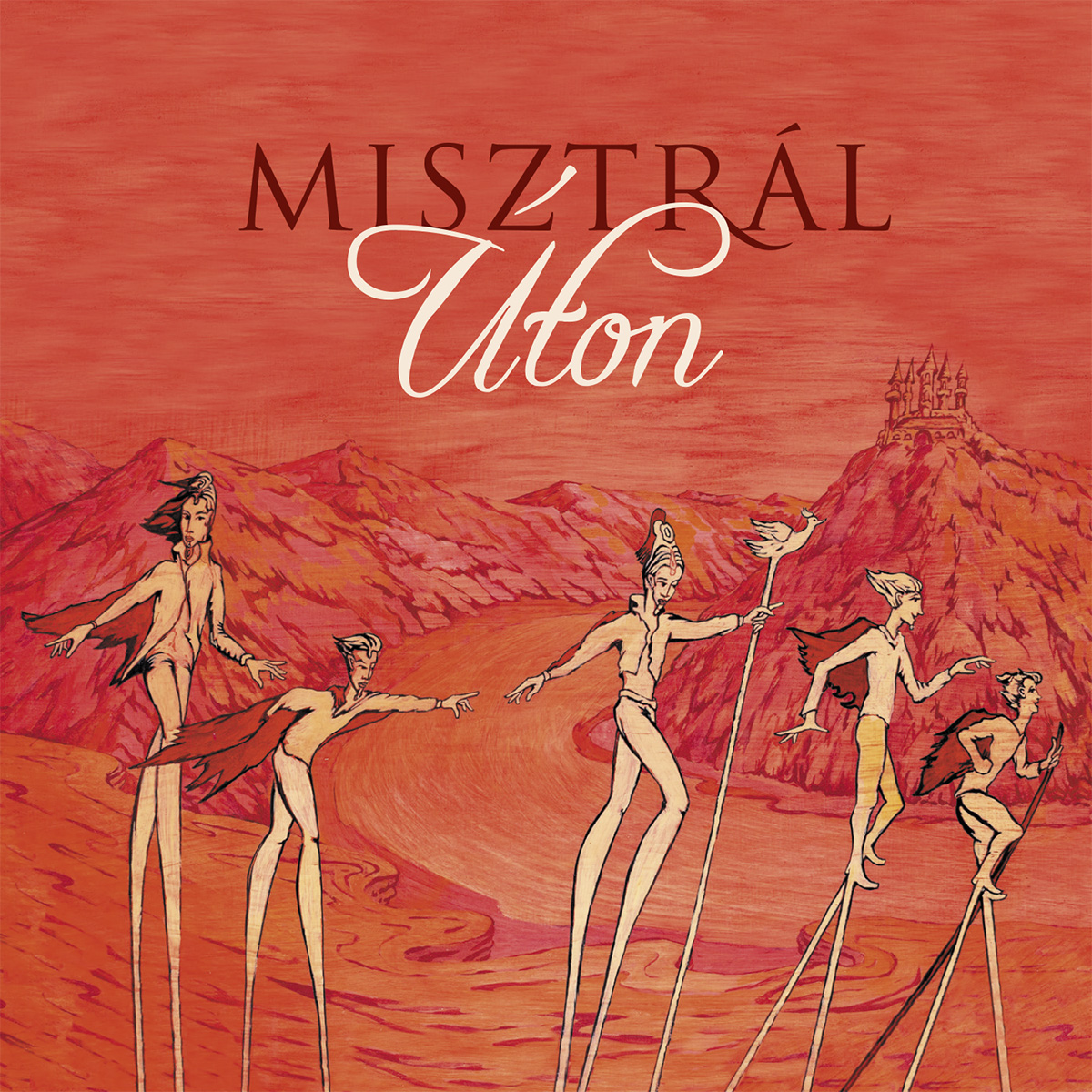

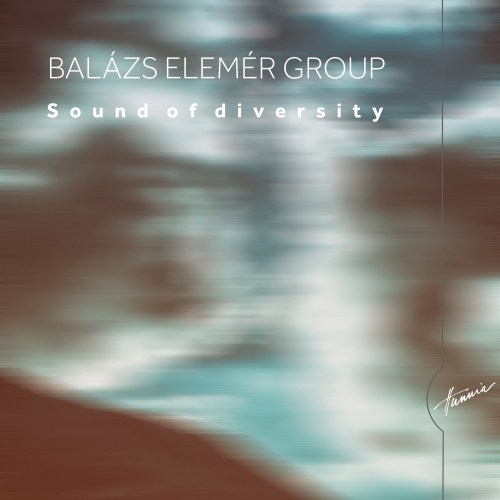
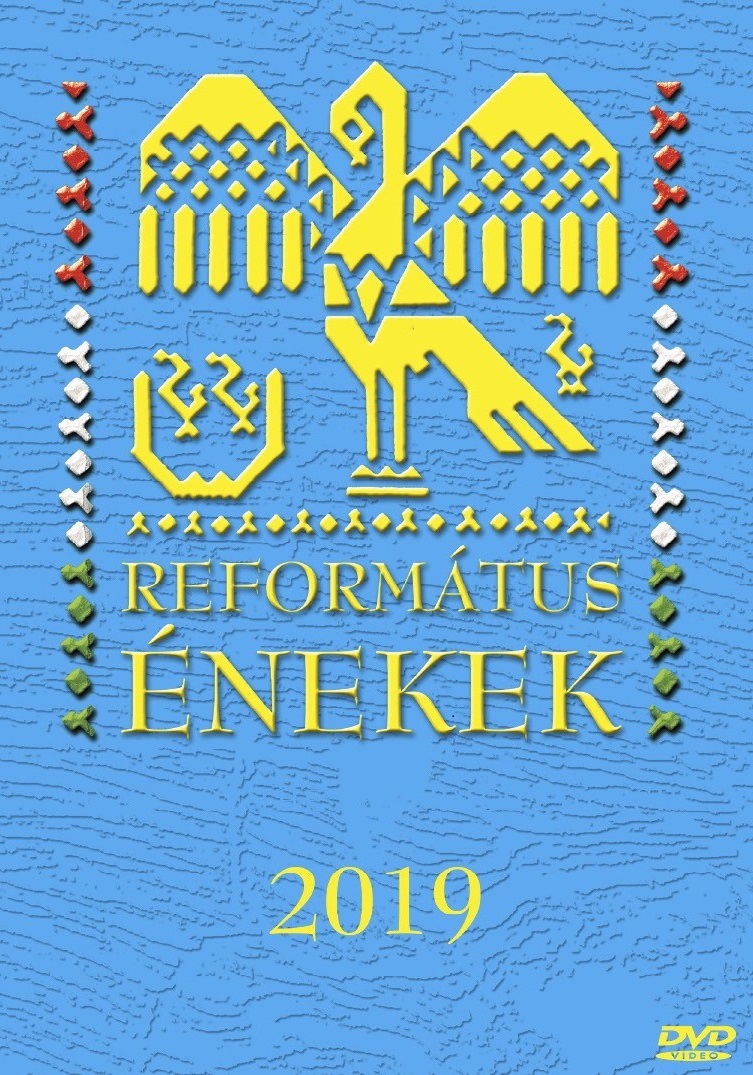
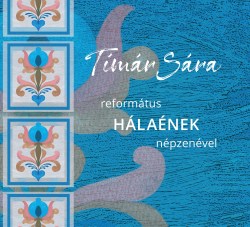
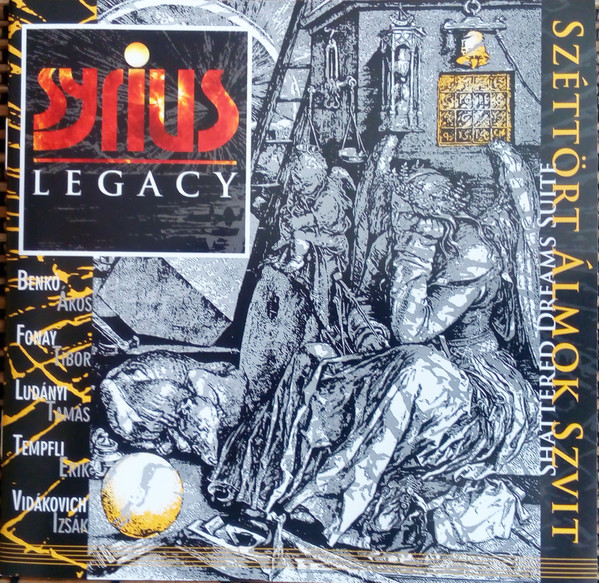
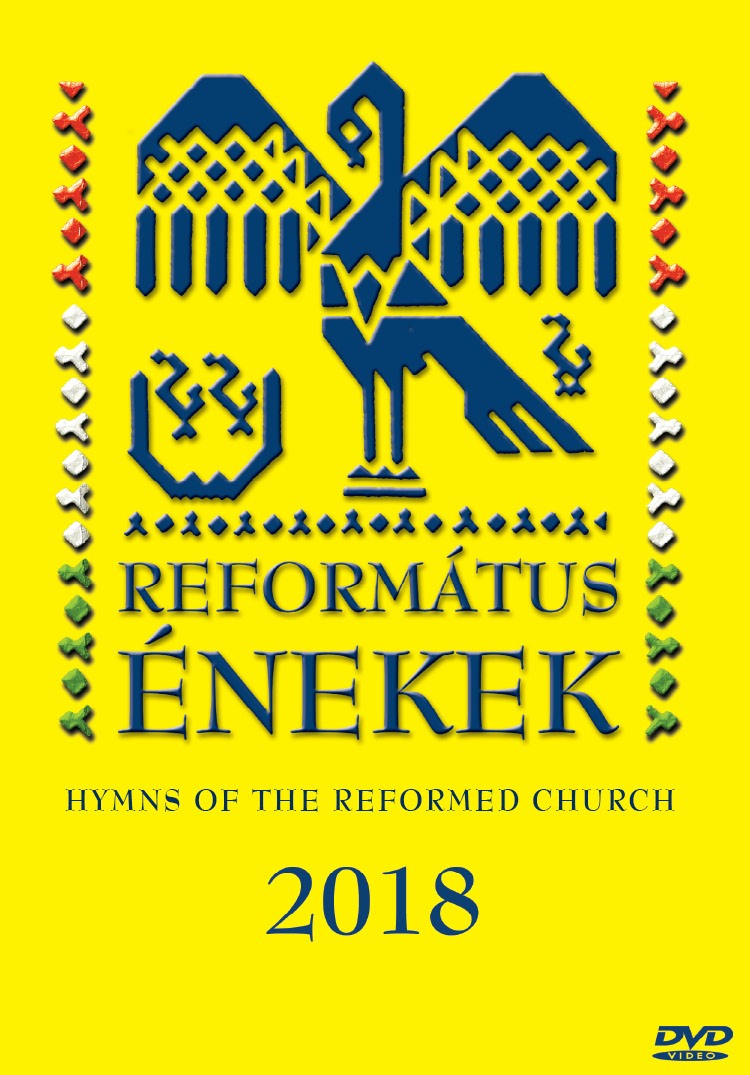
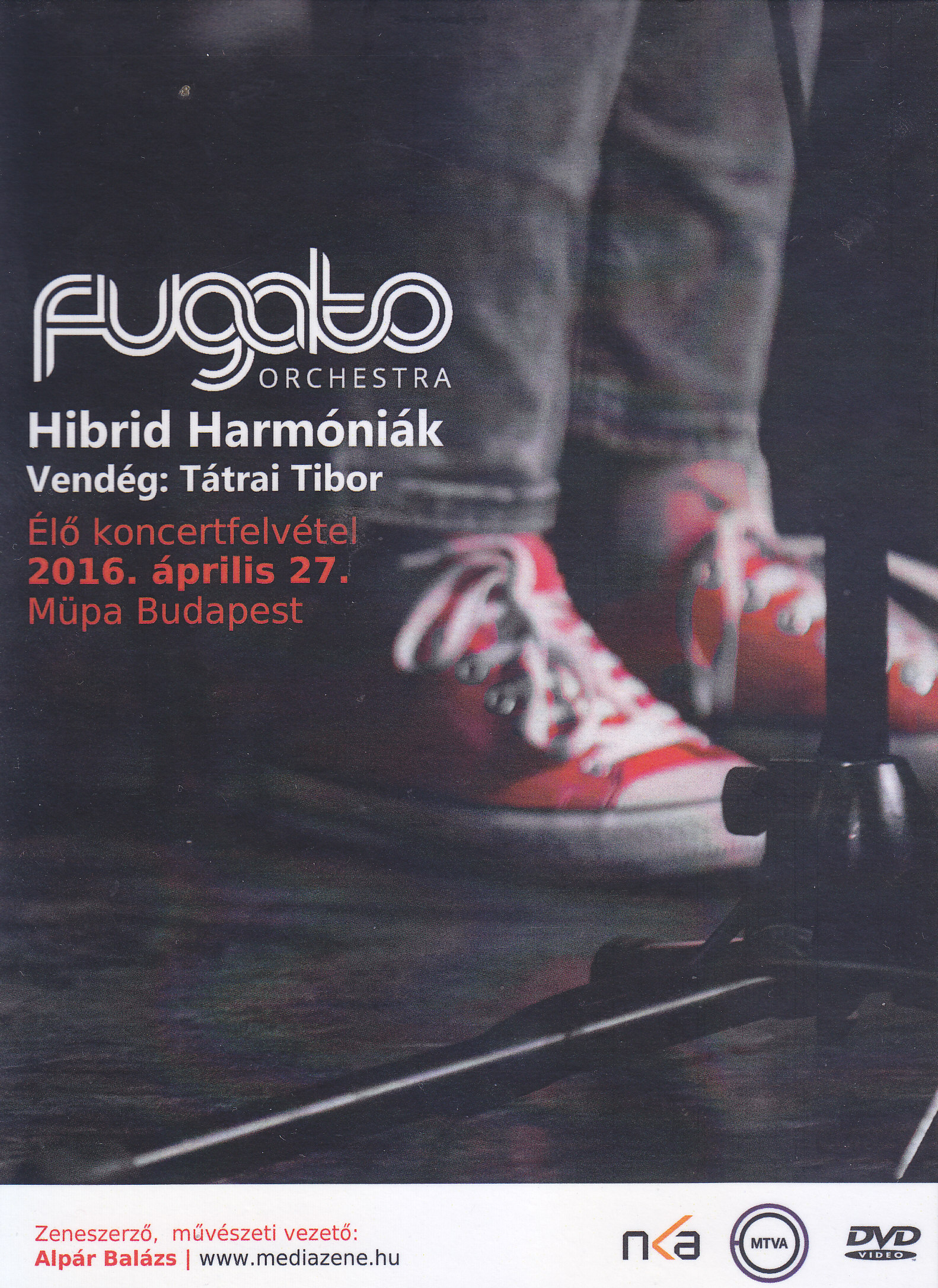
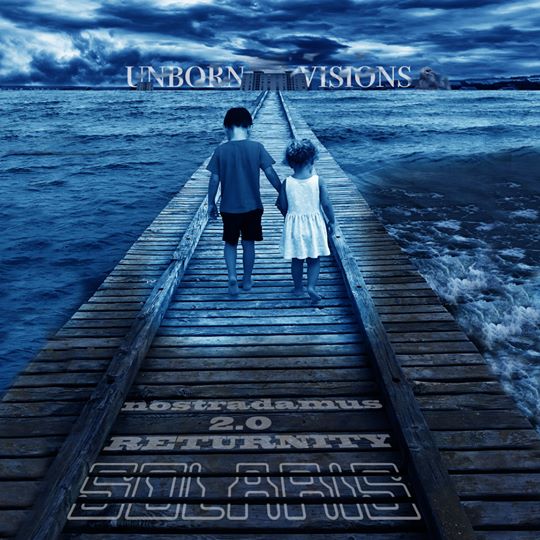
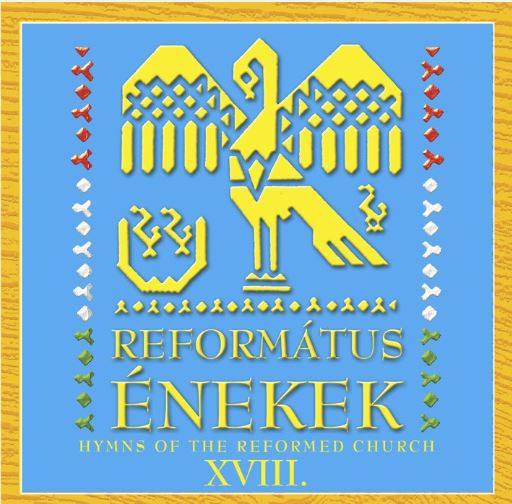

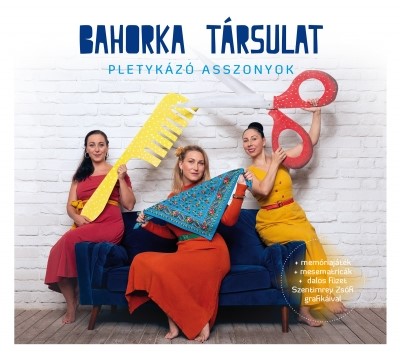
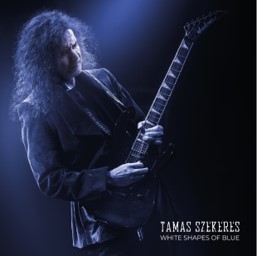
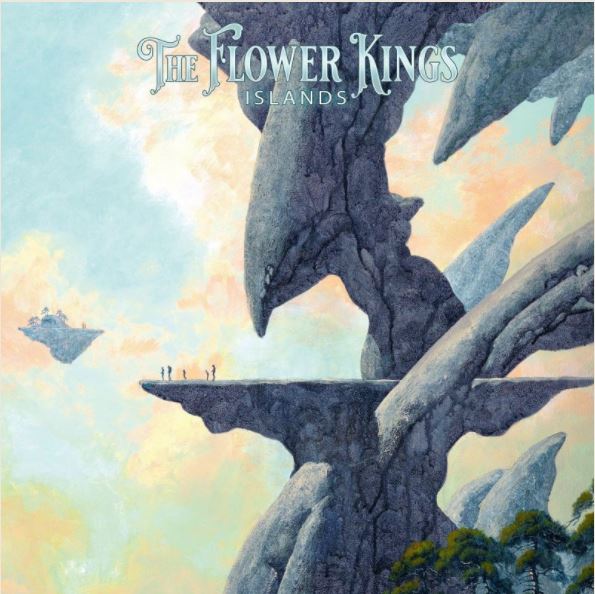
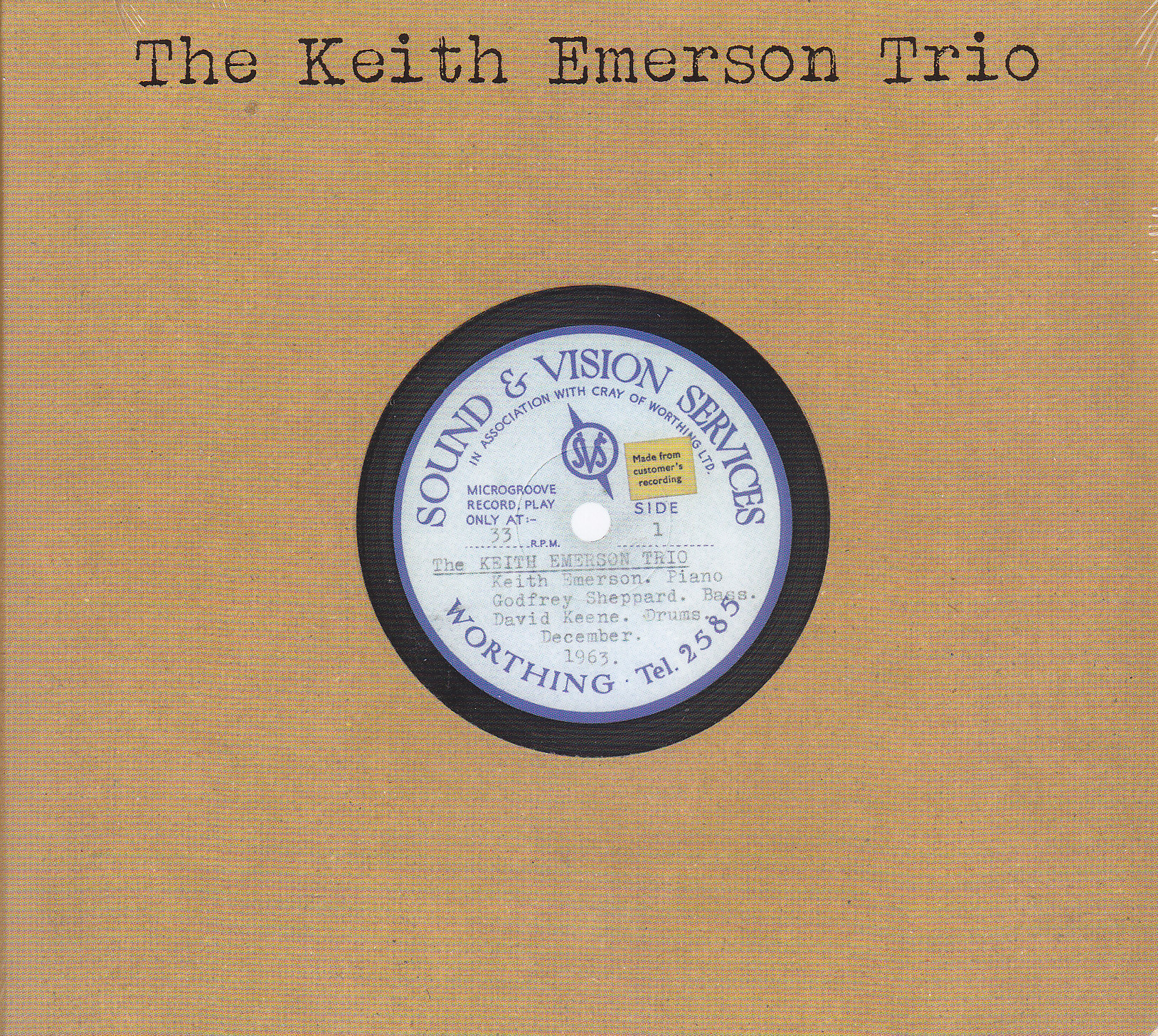
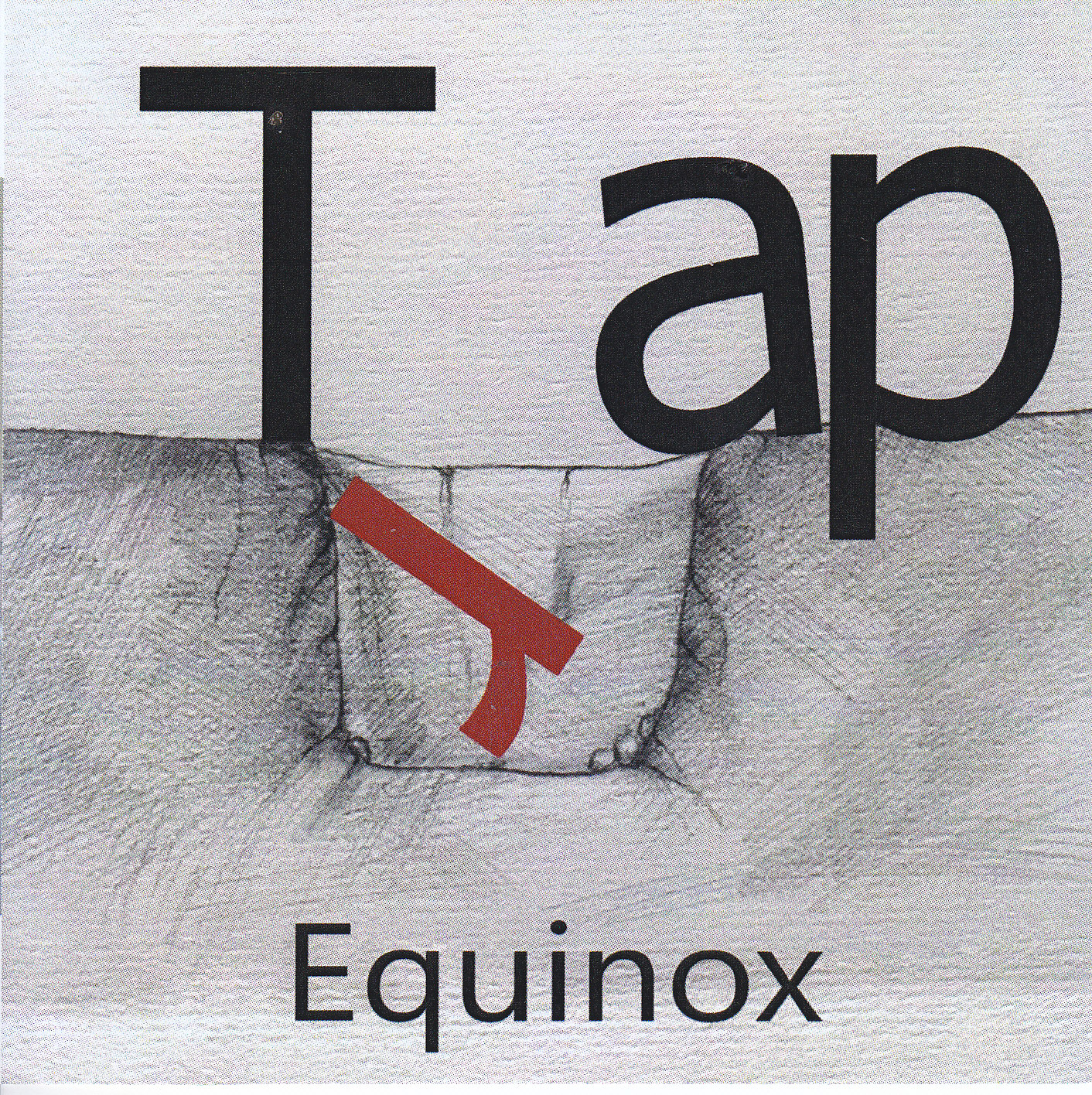
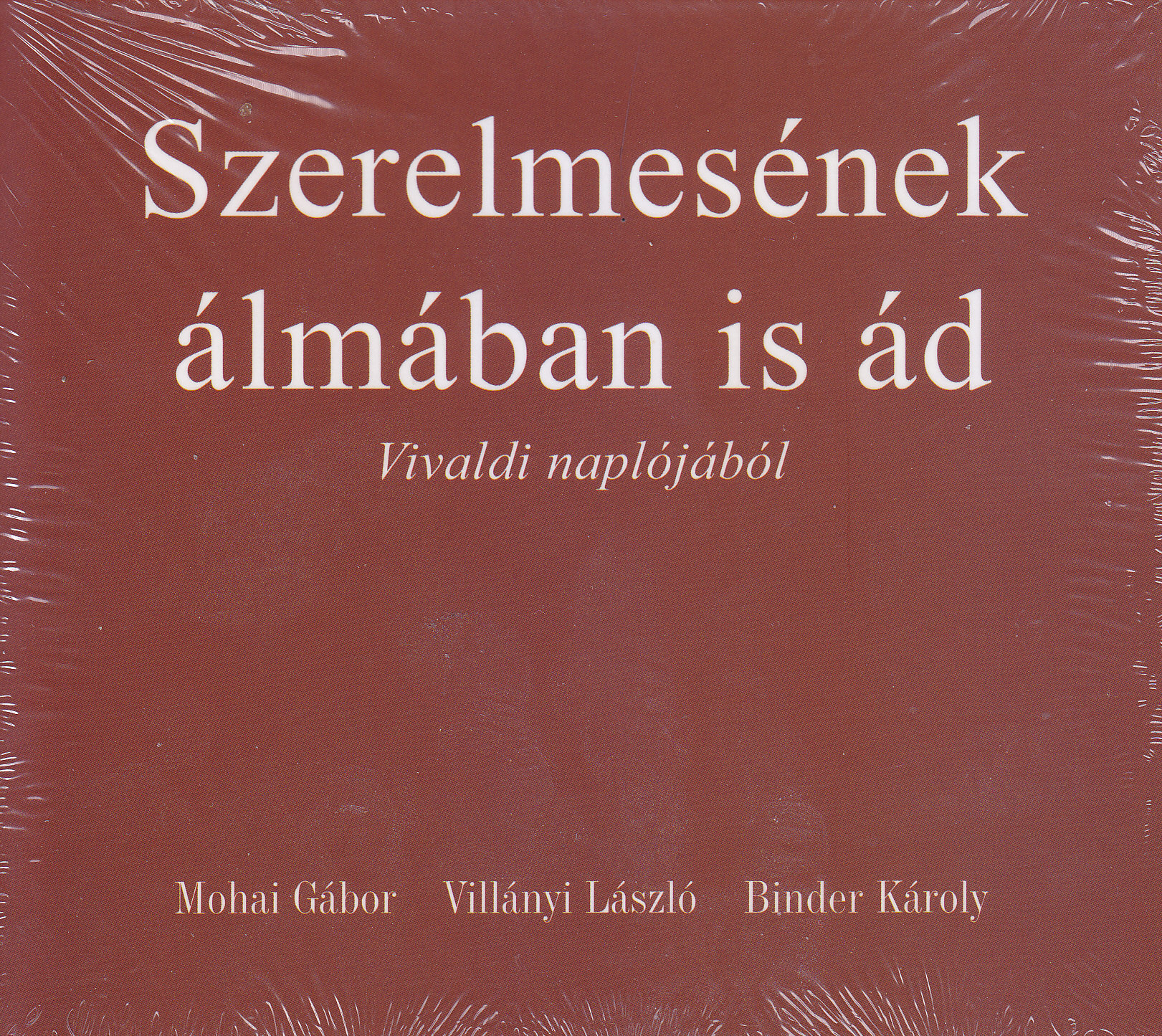
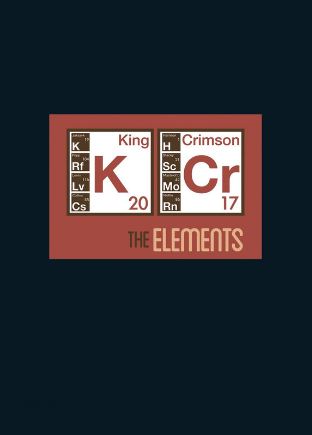
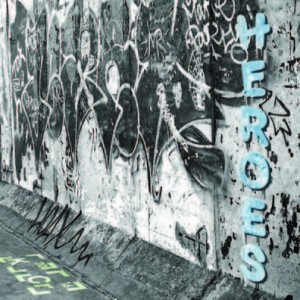

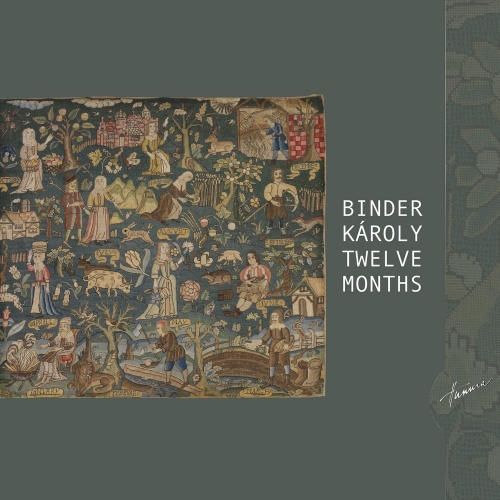
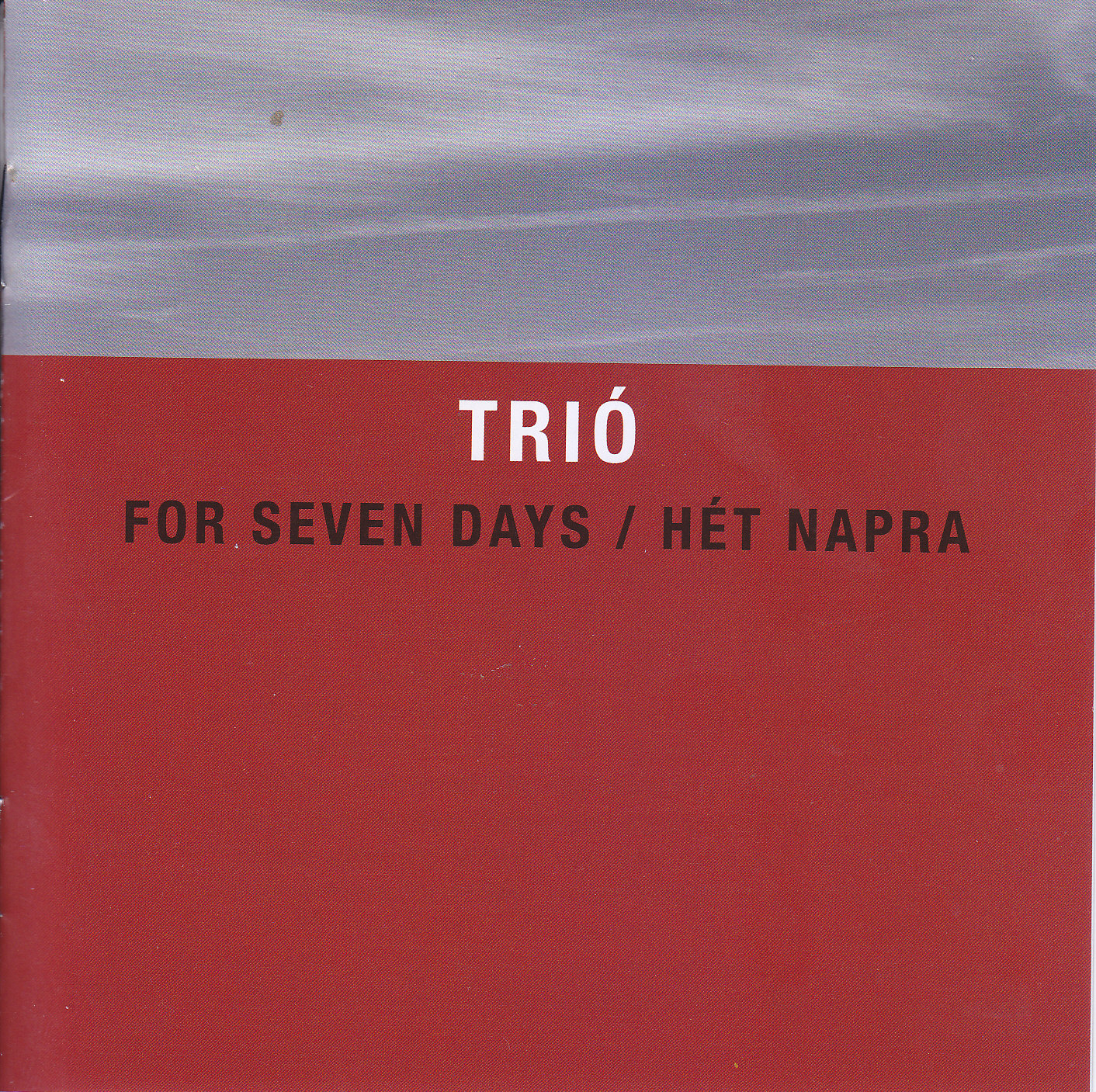
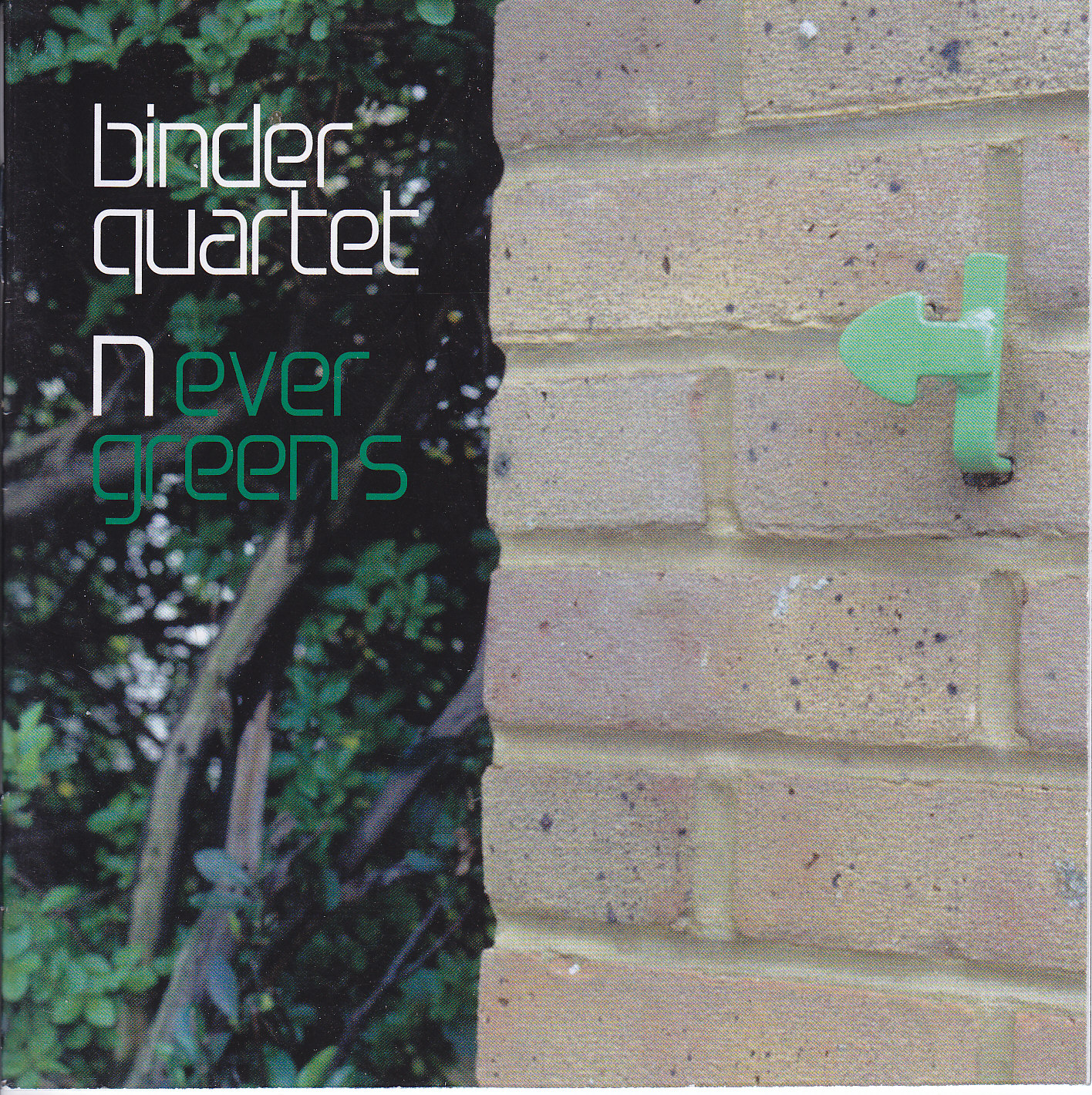
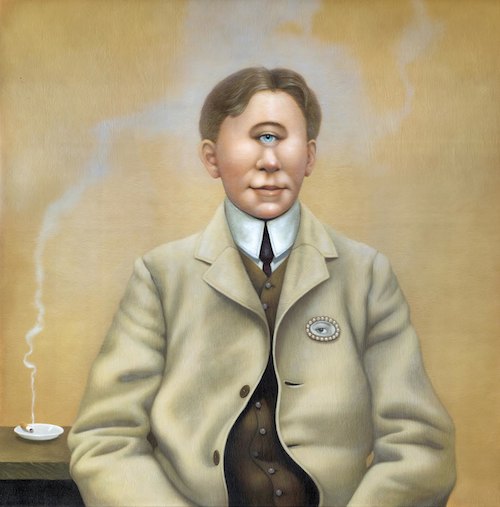
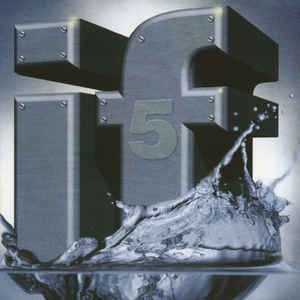

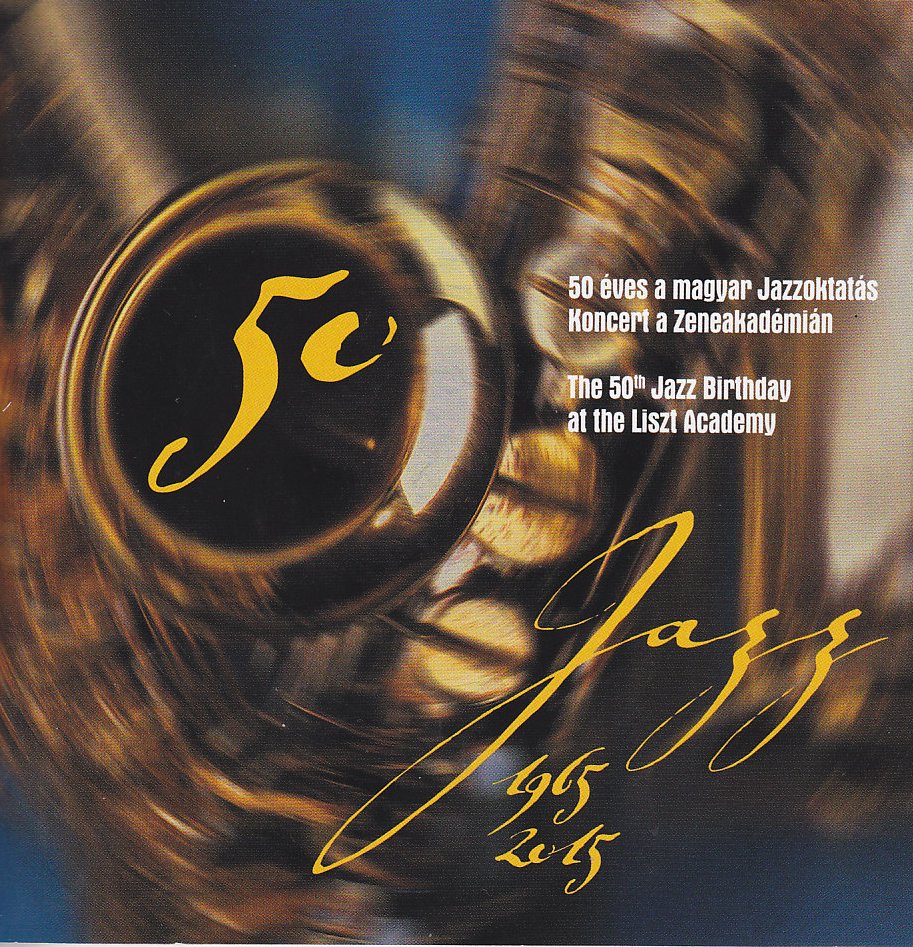
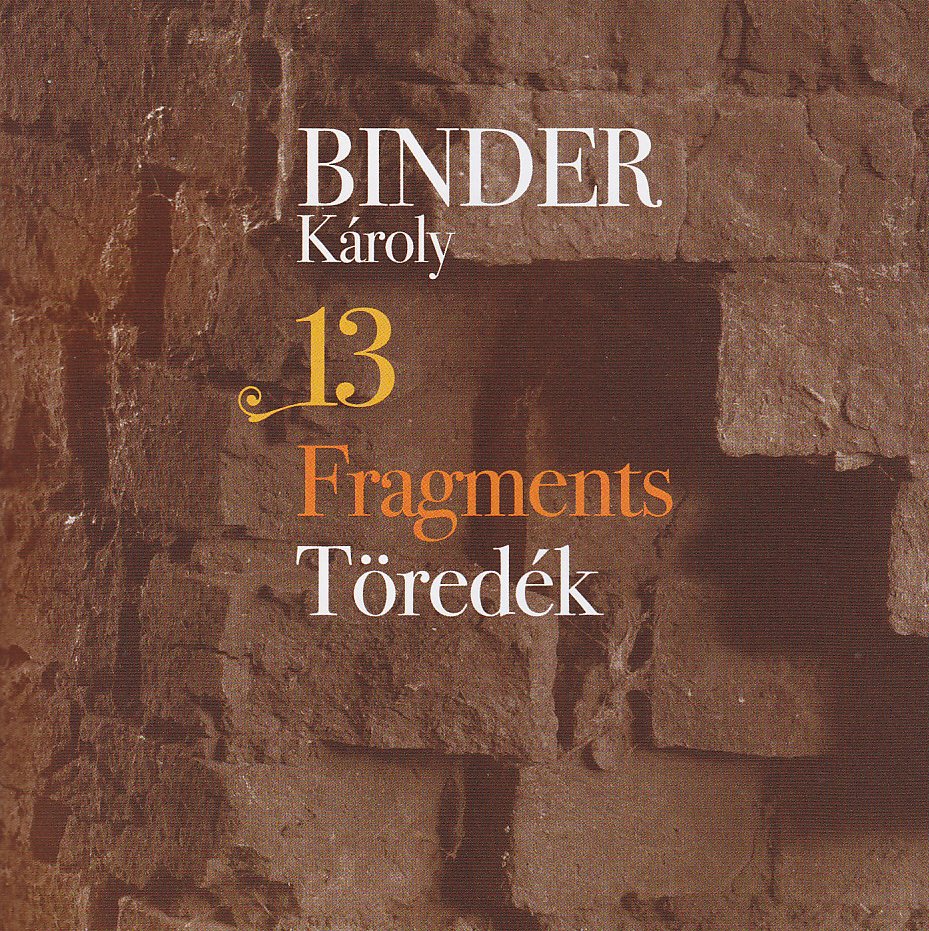
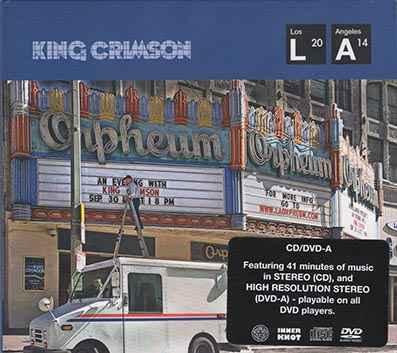
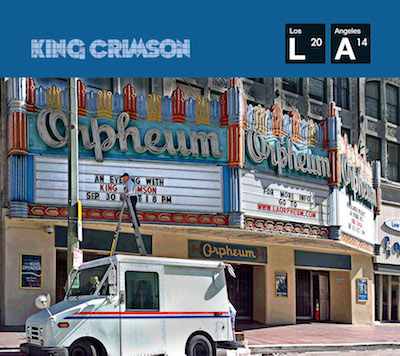
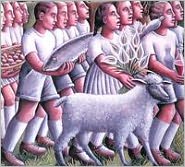
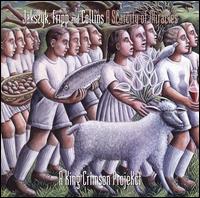
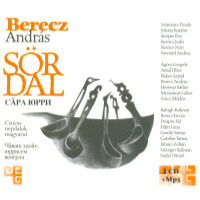
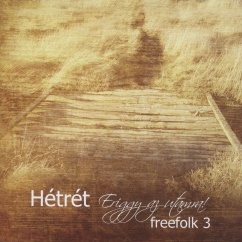





































































































































































































































































































































































.jpg)


































